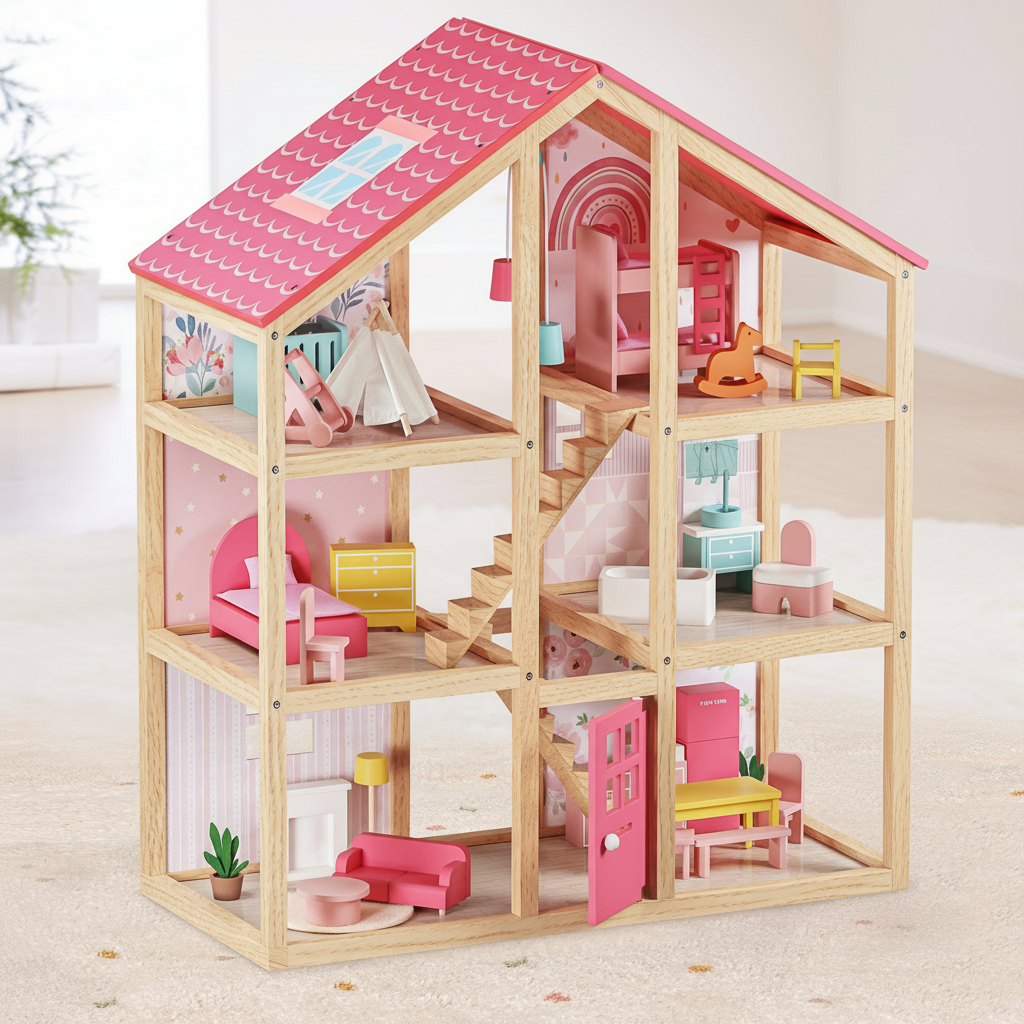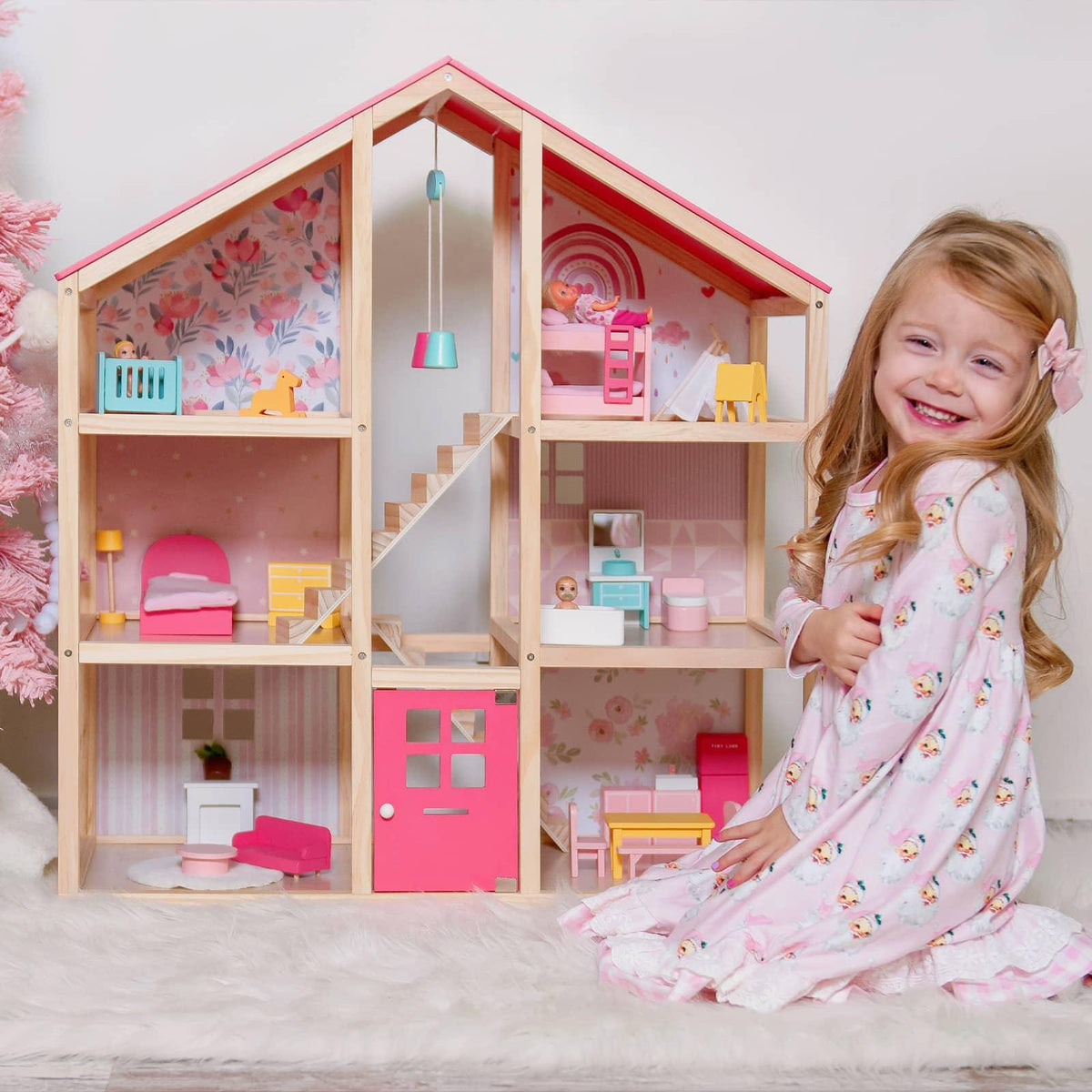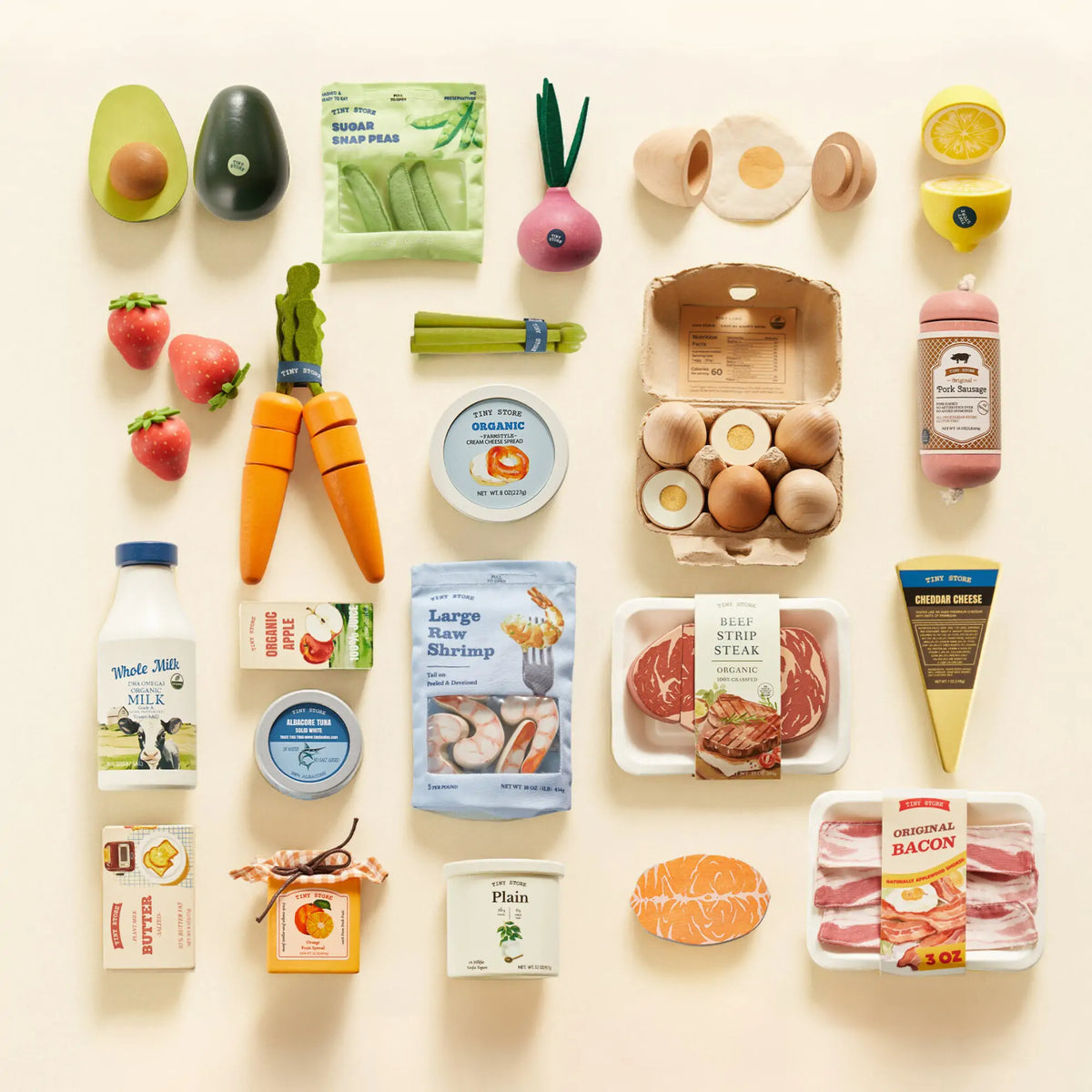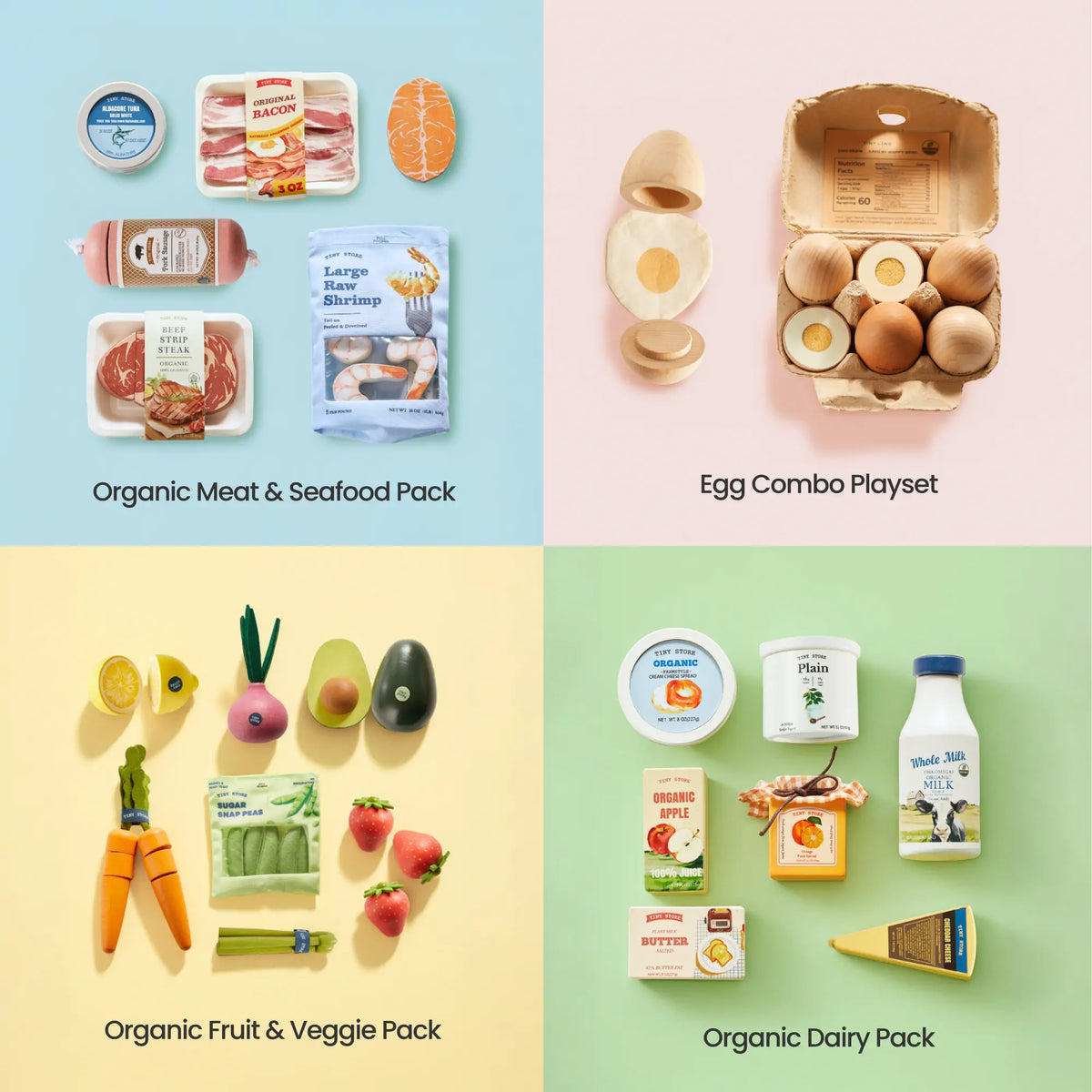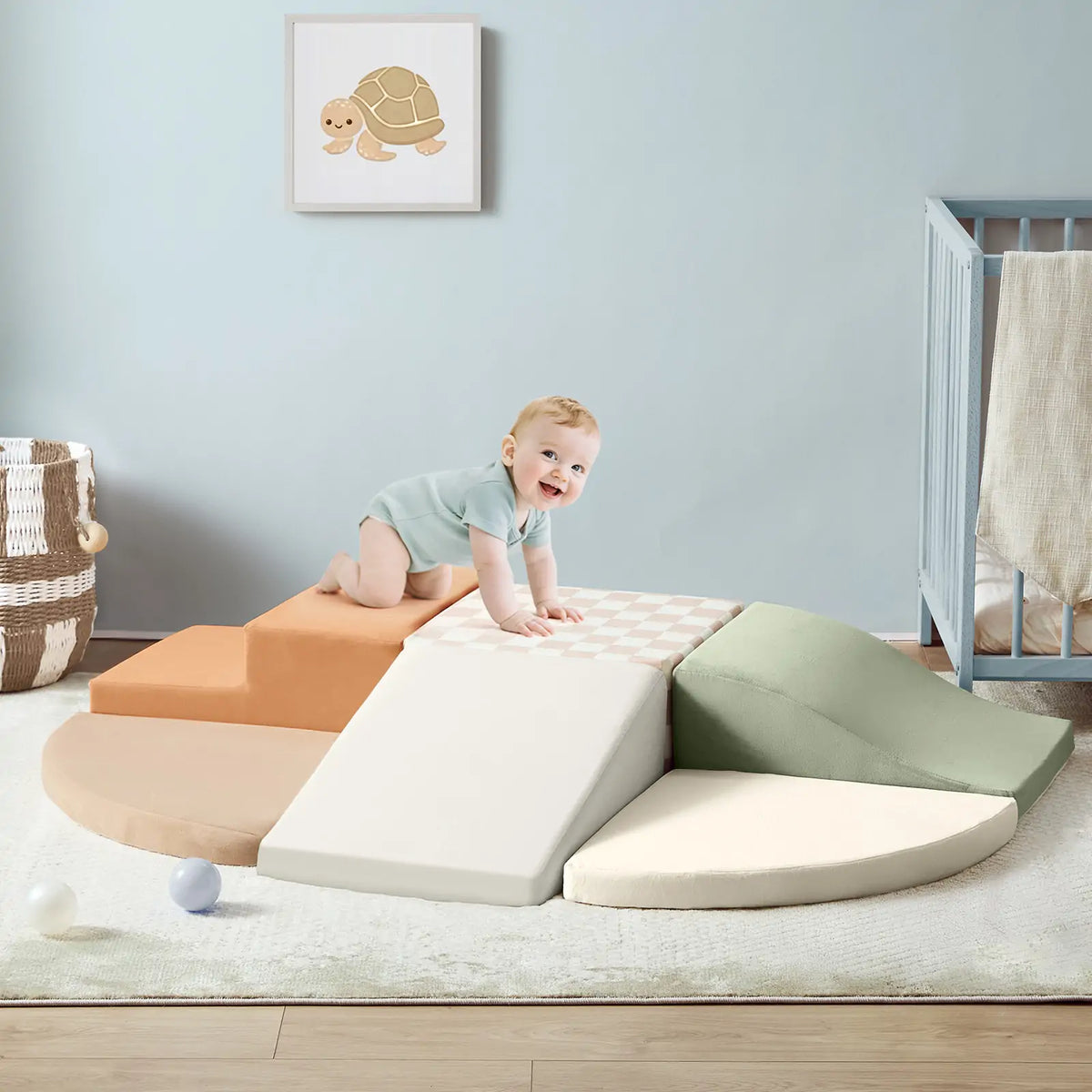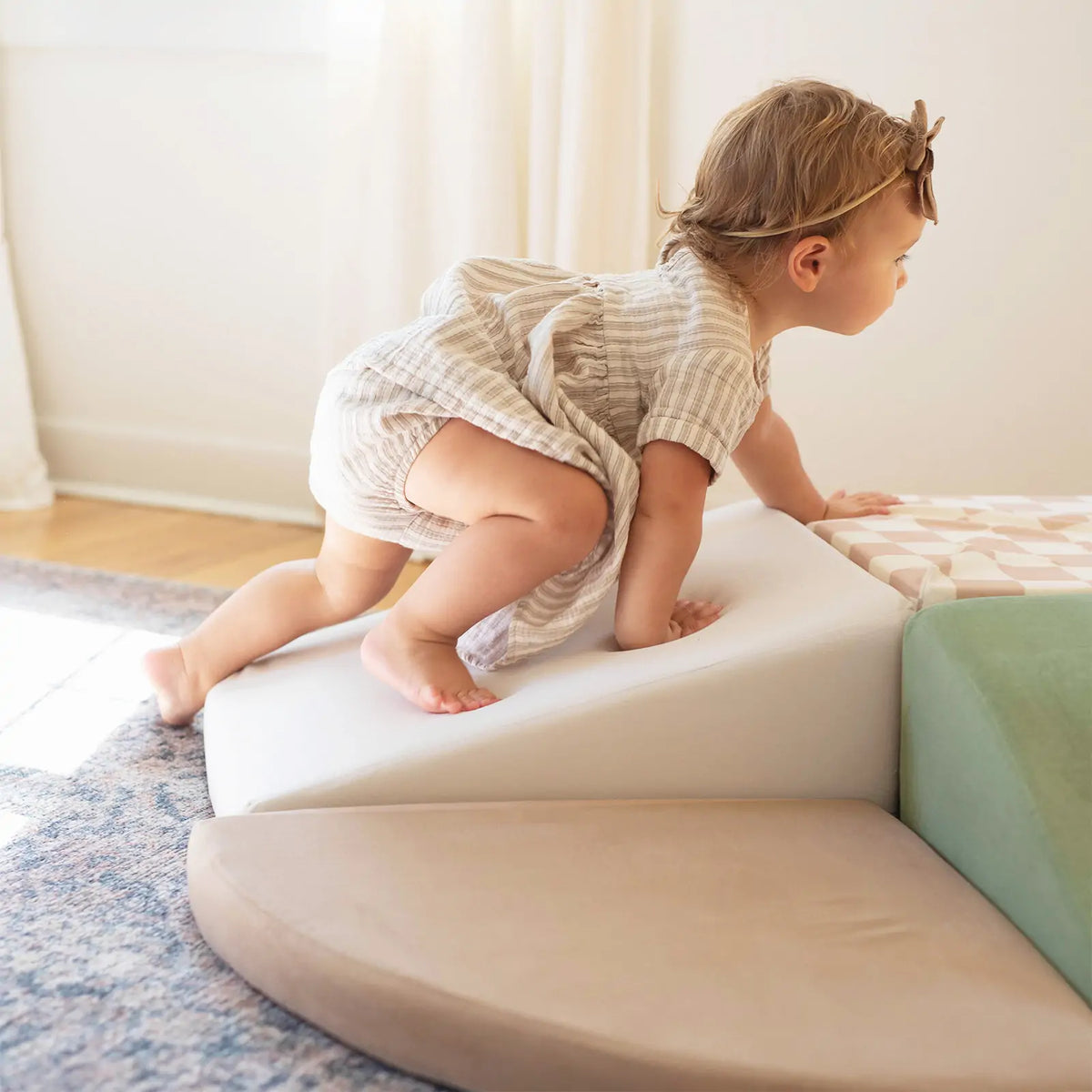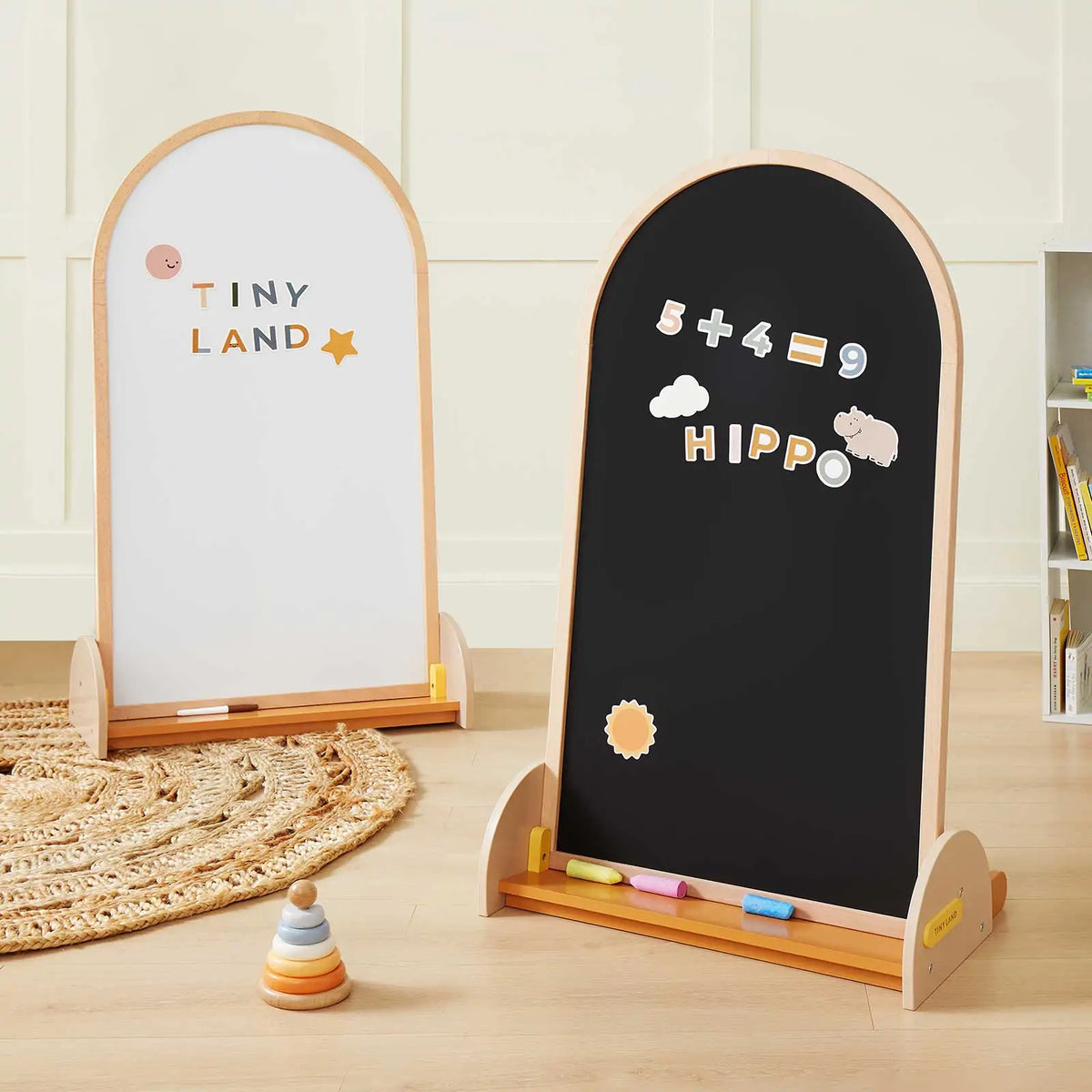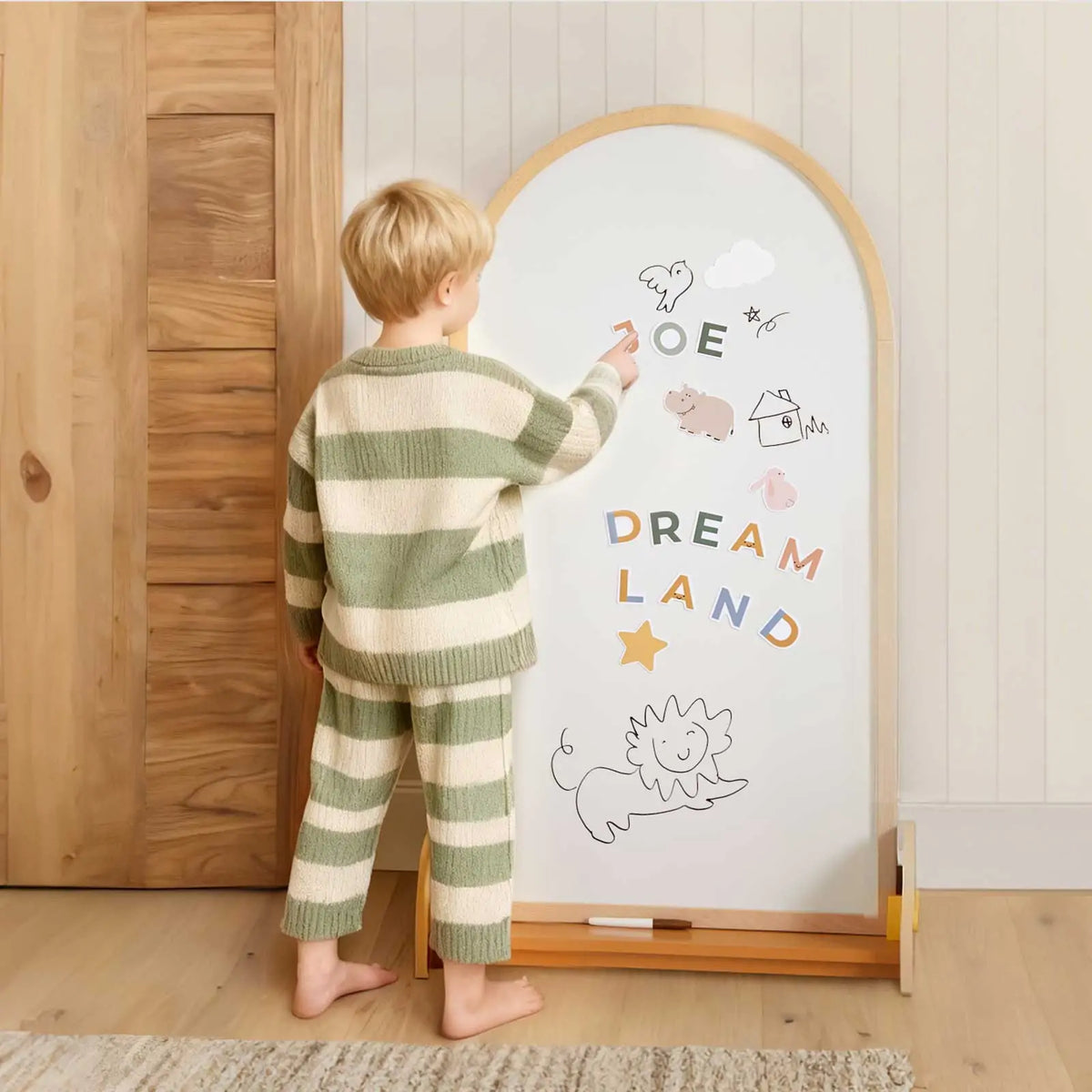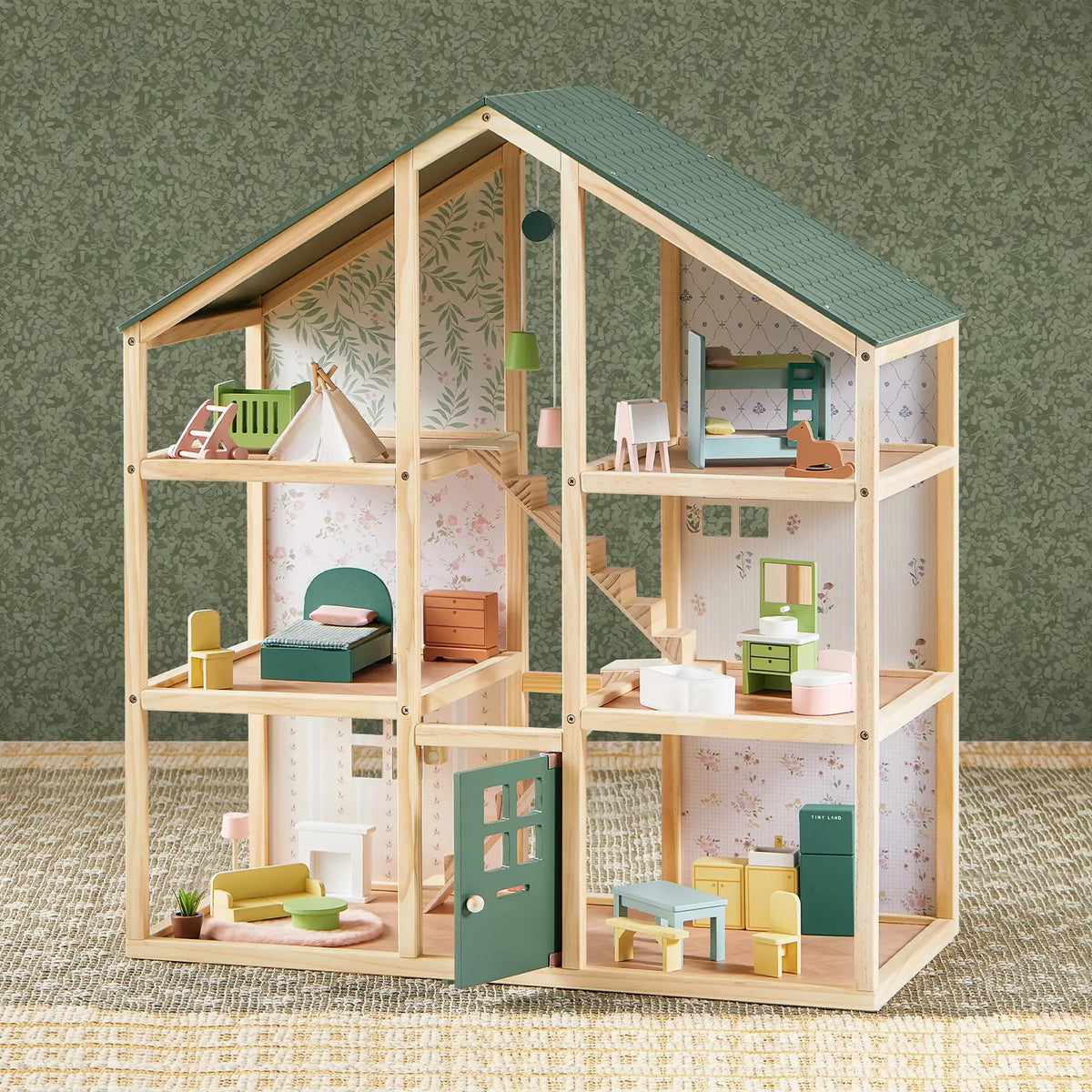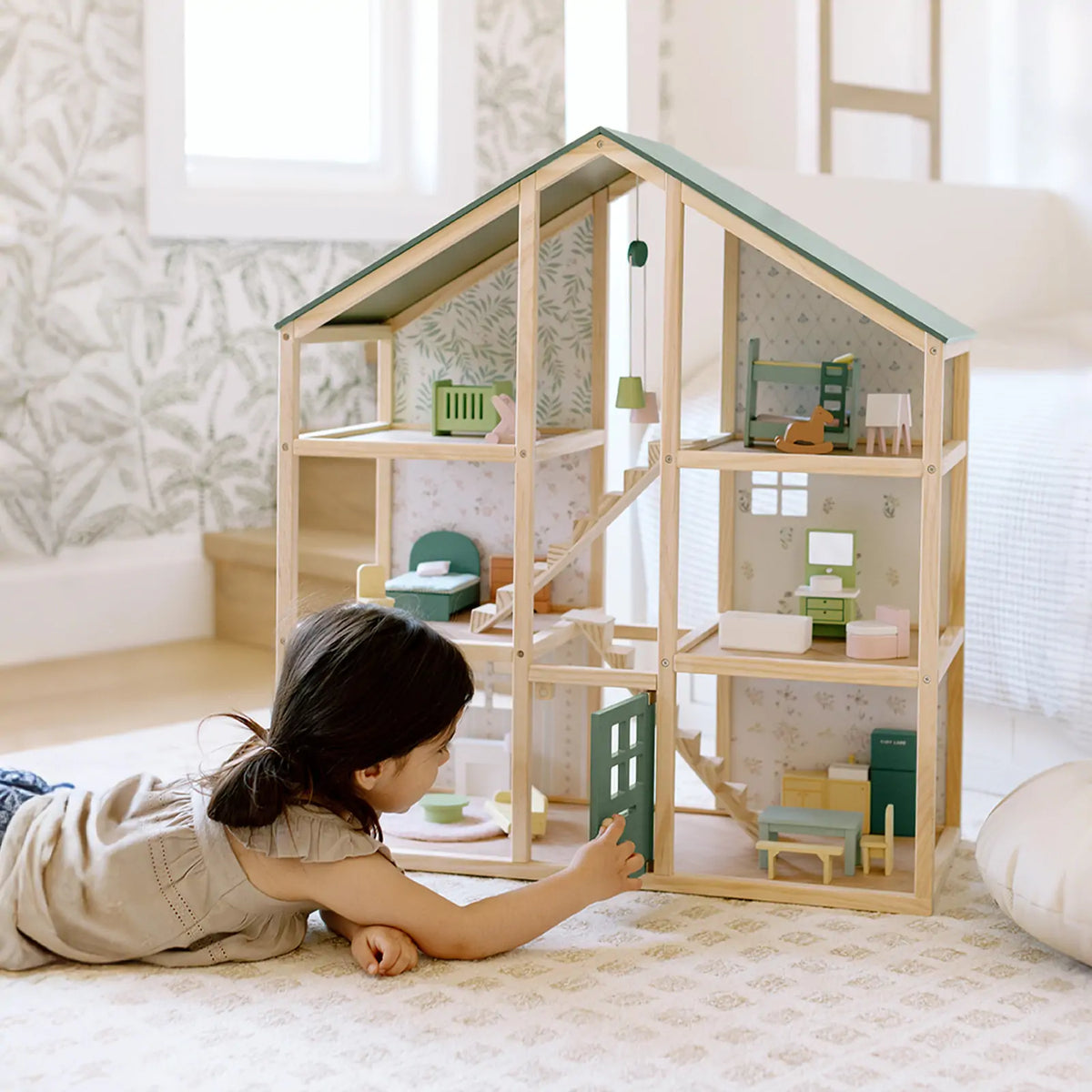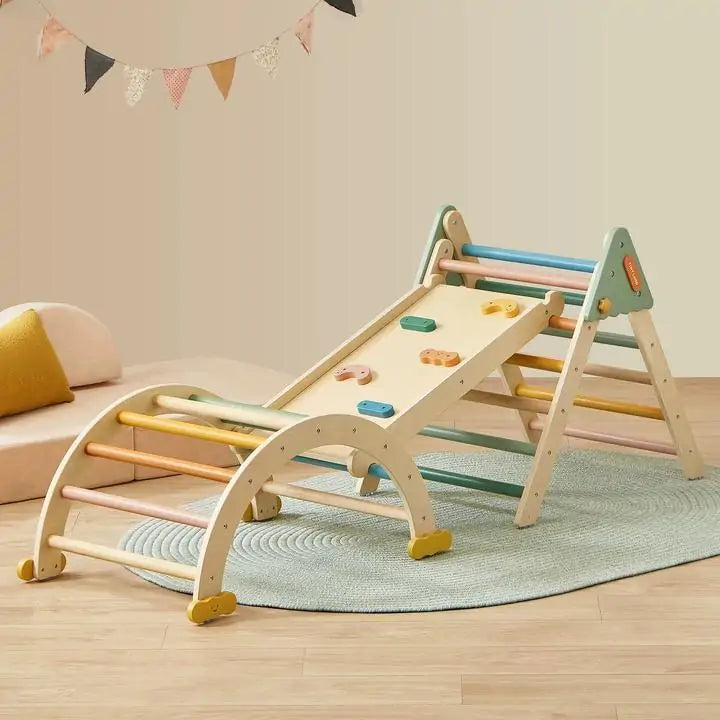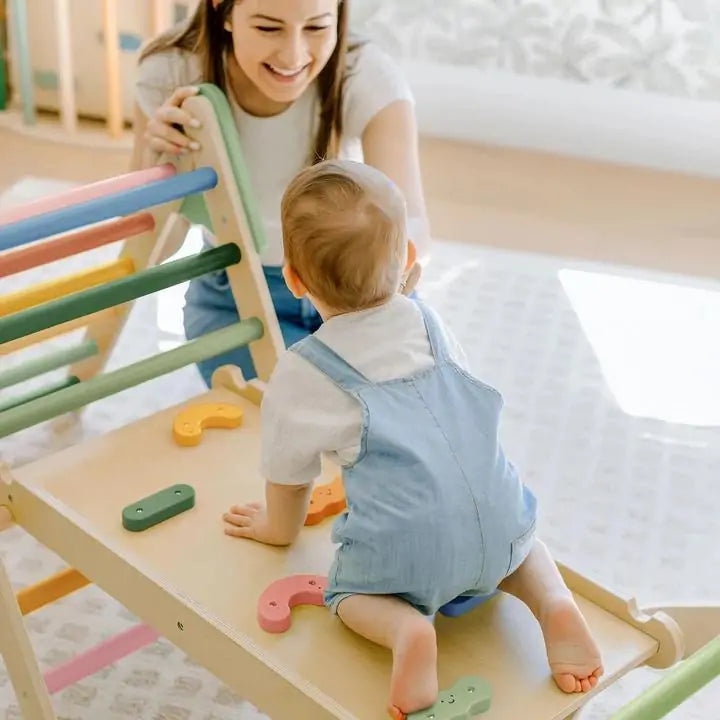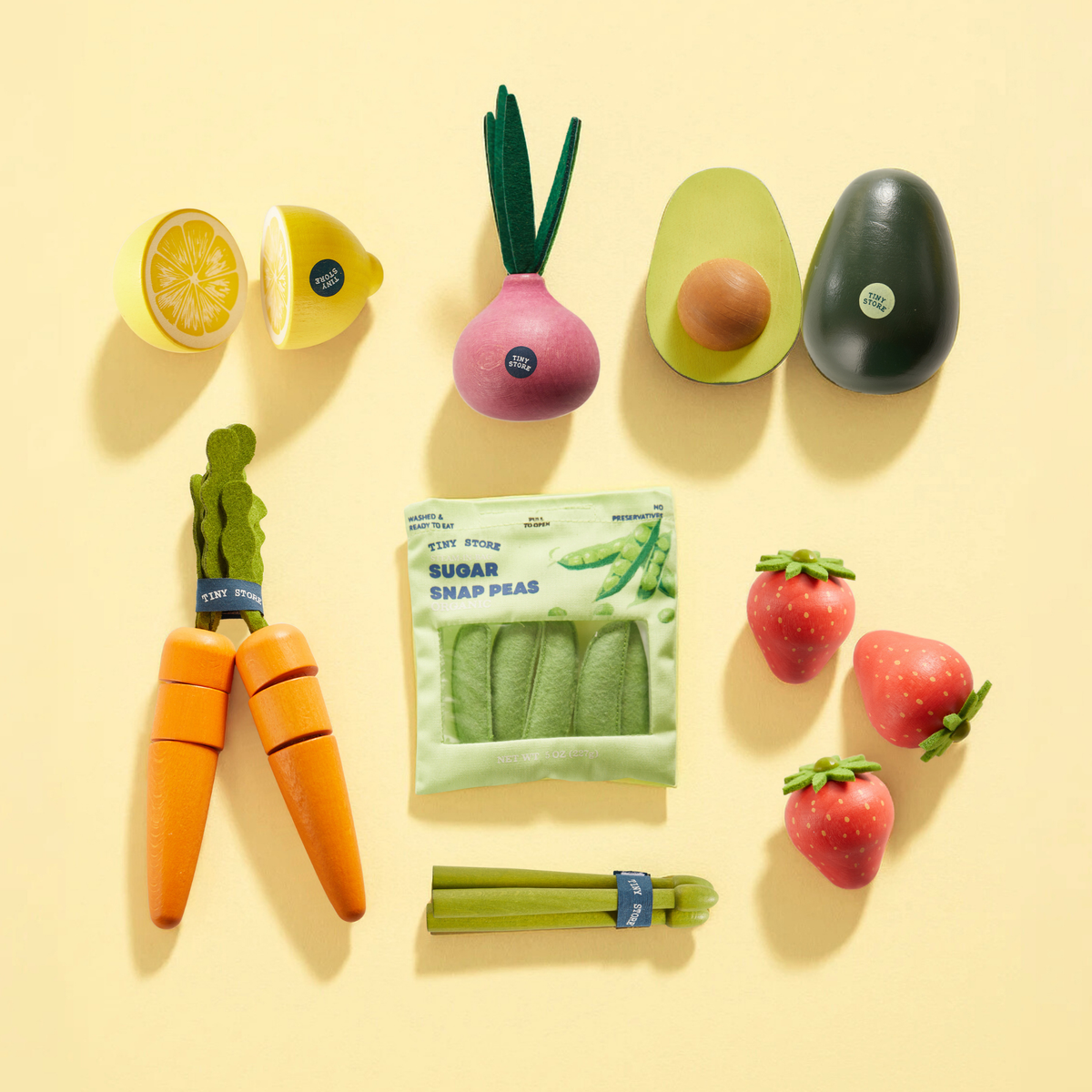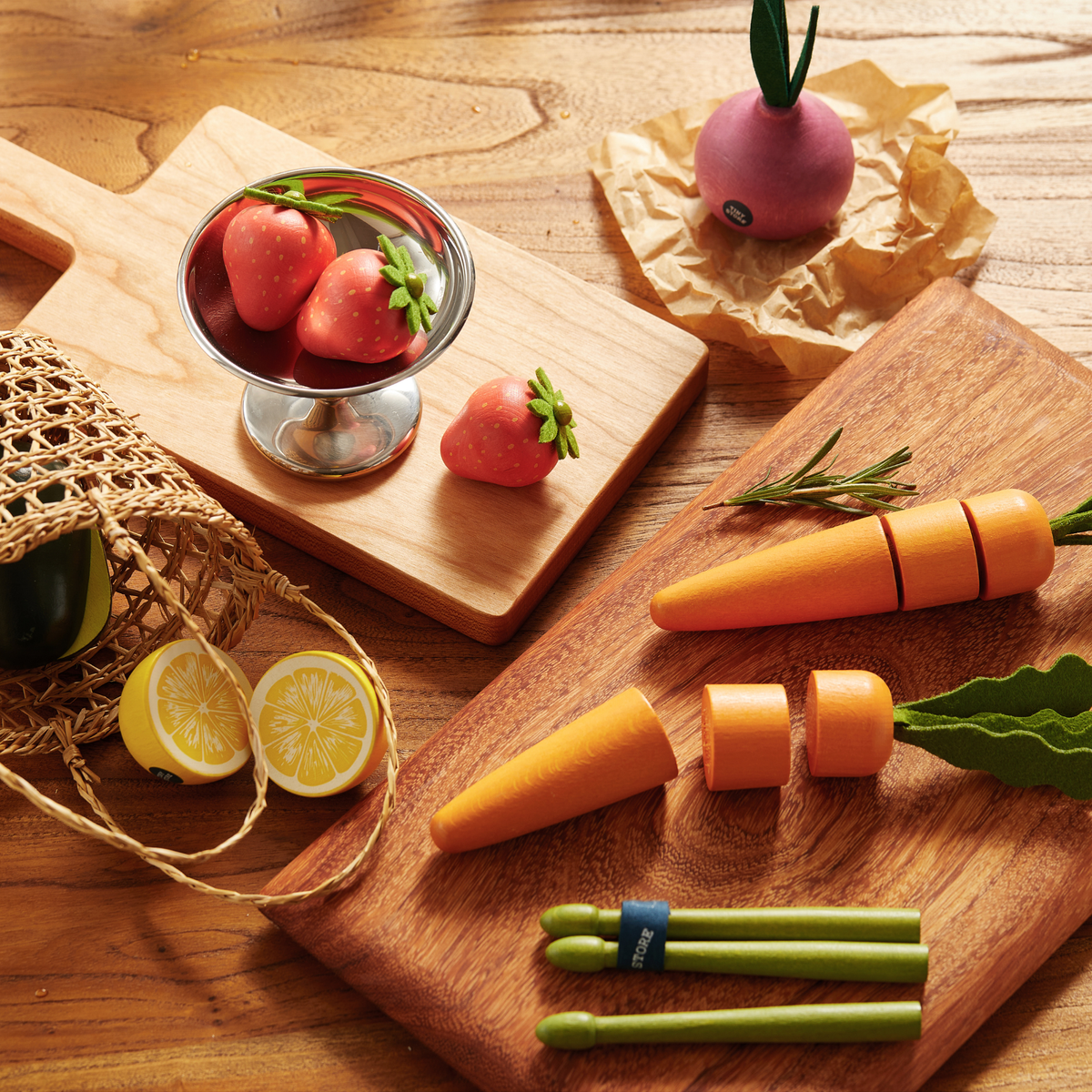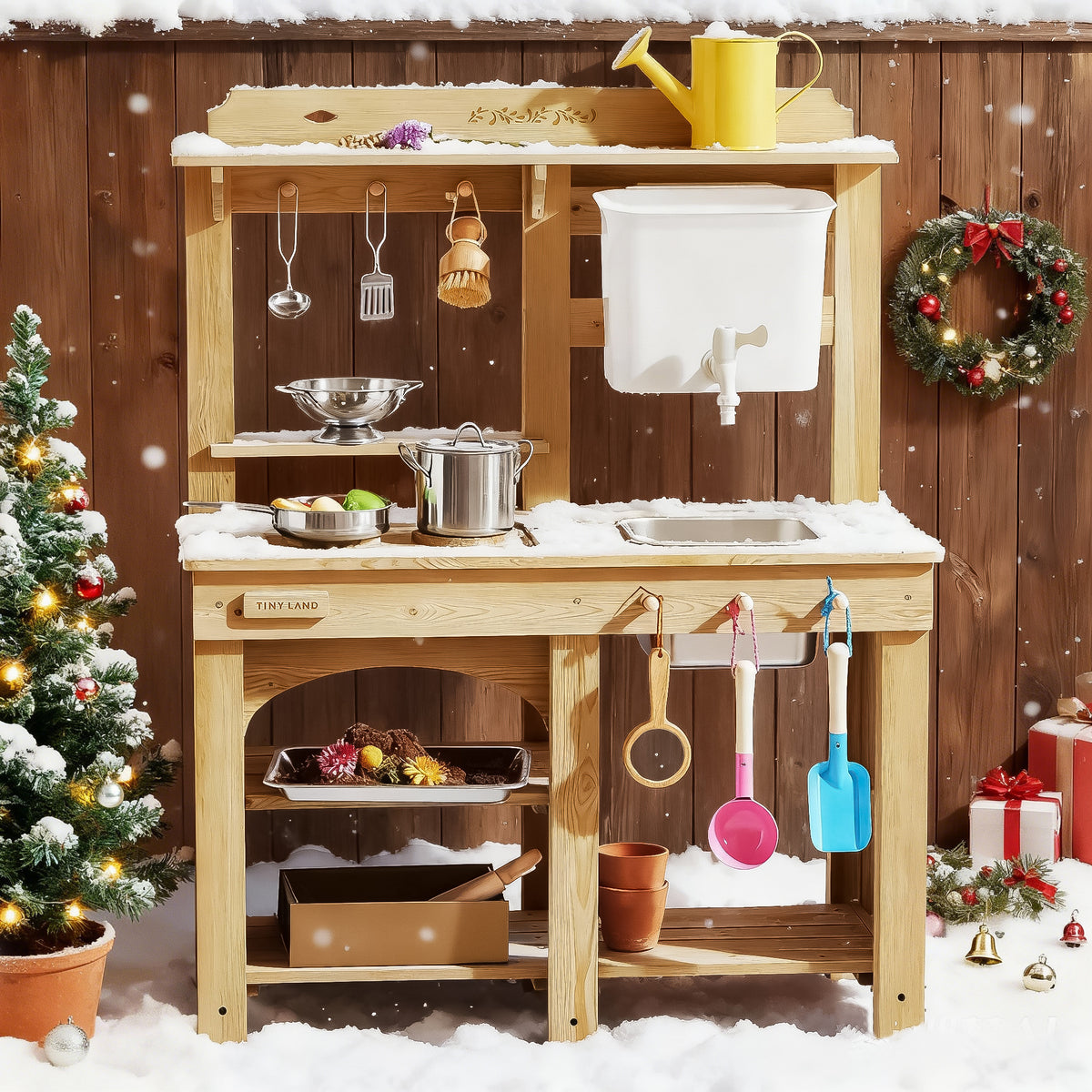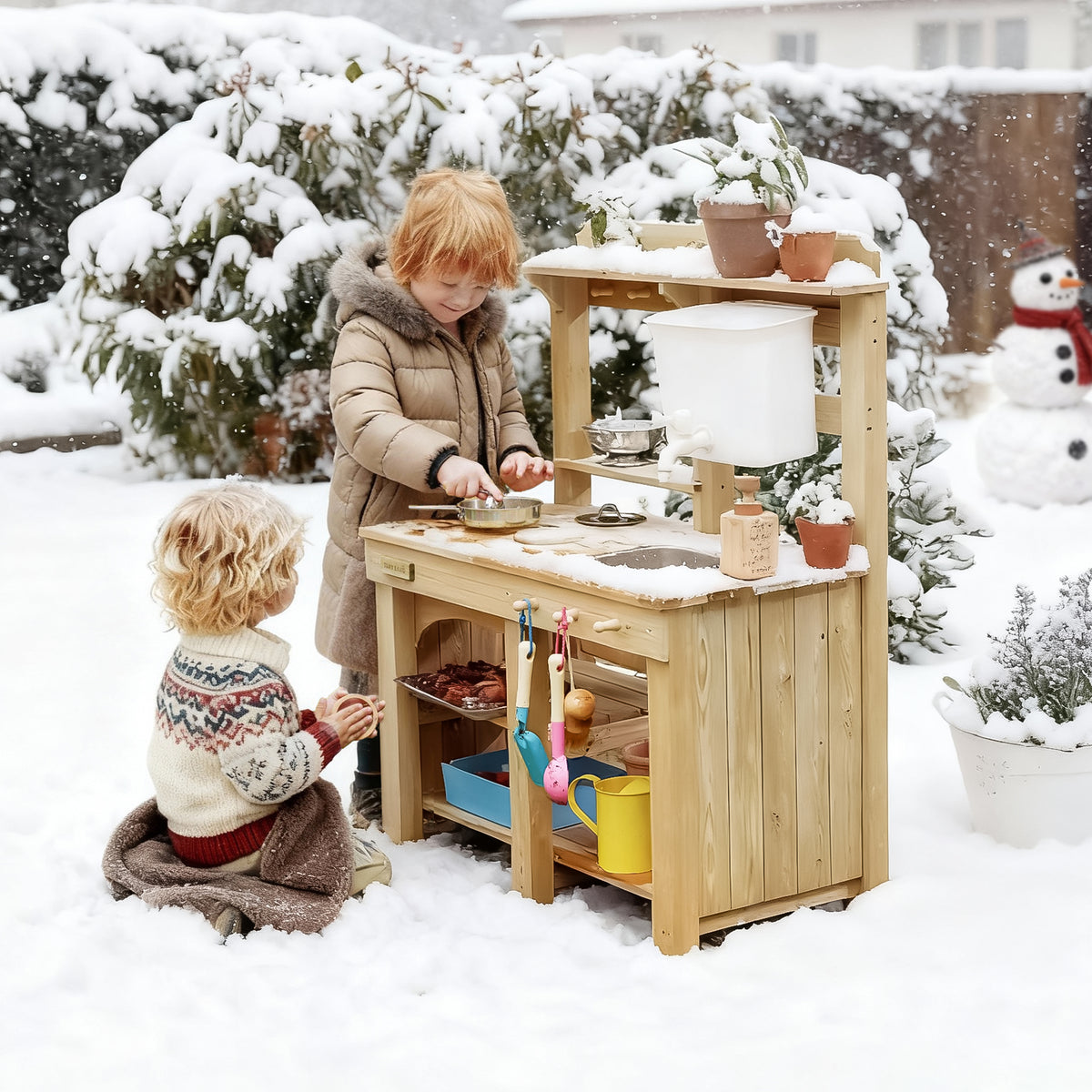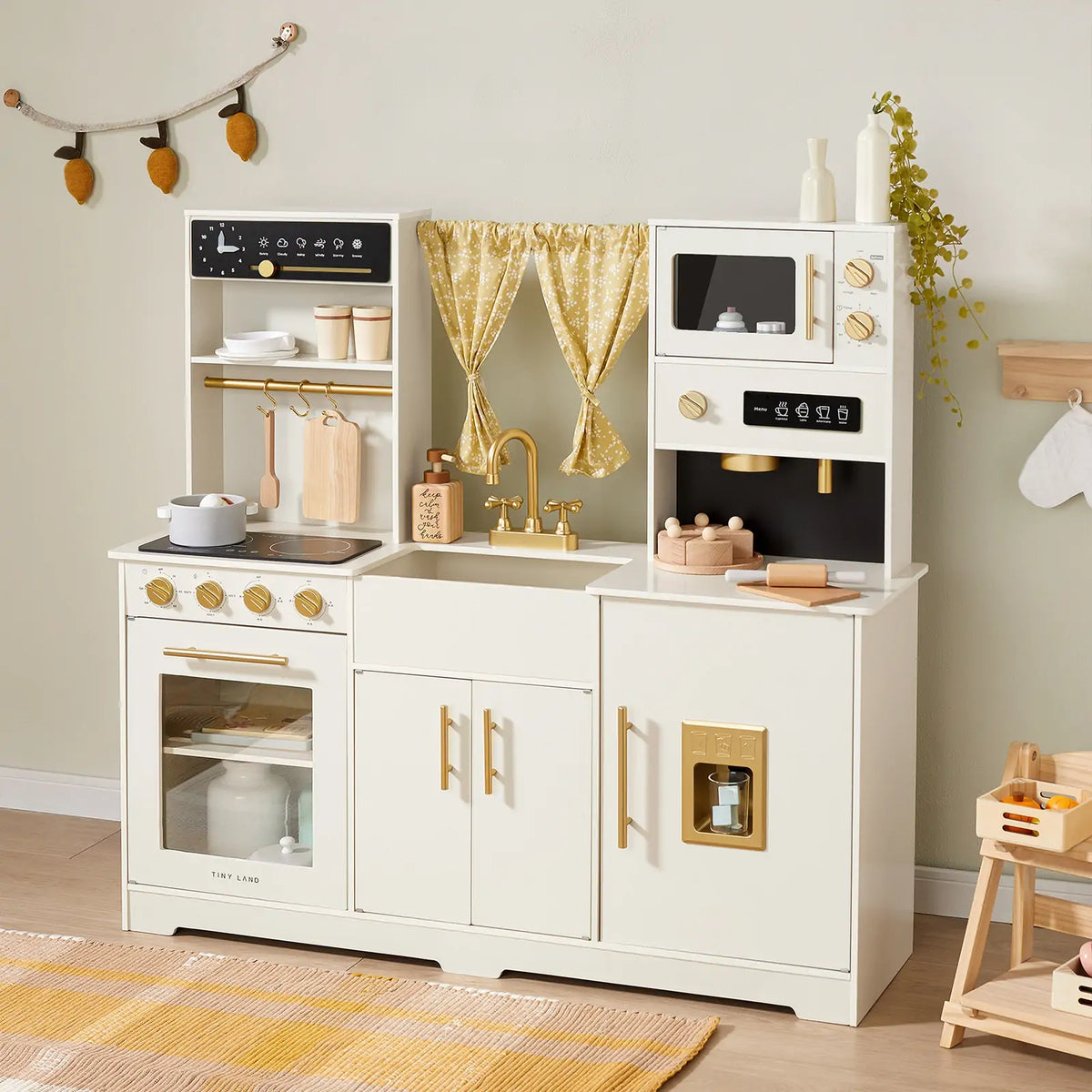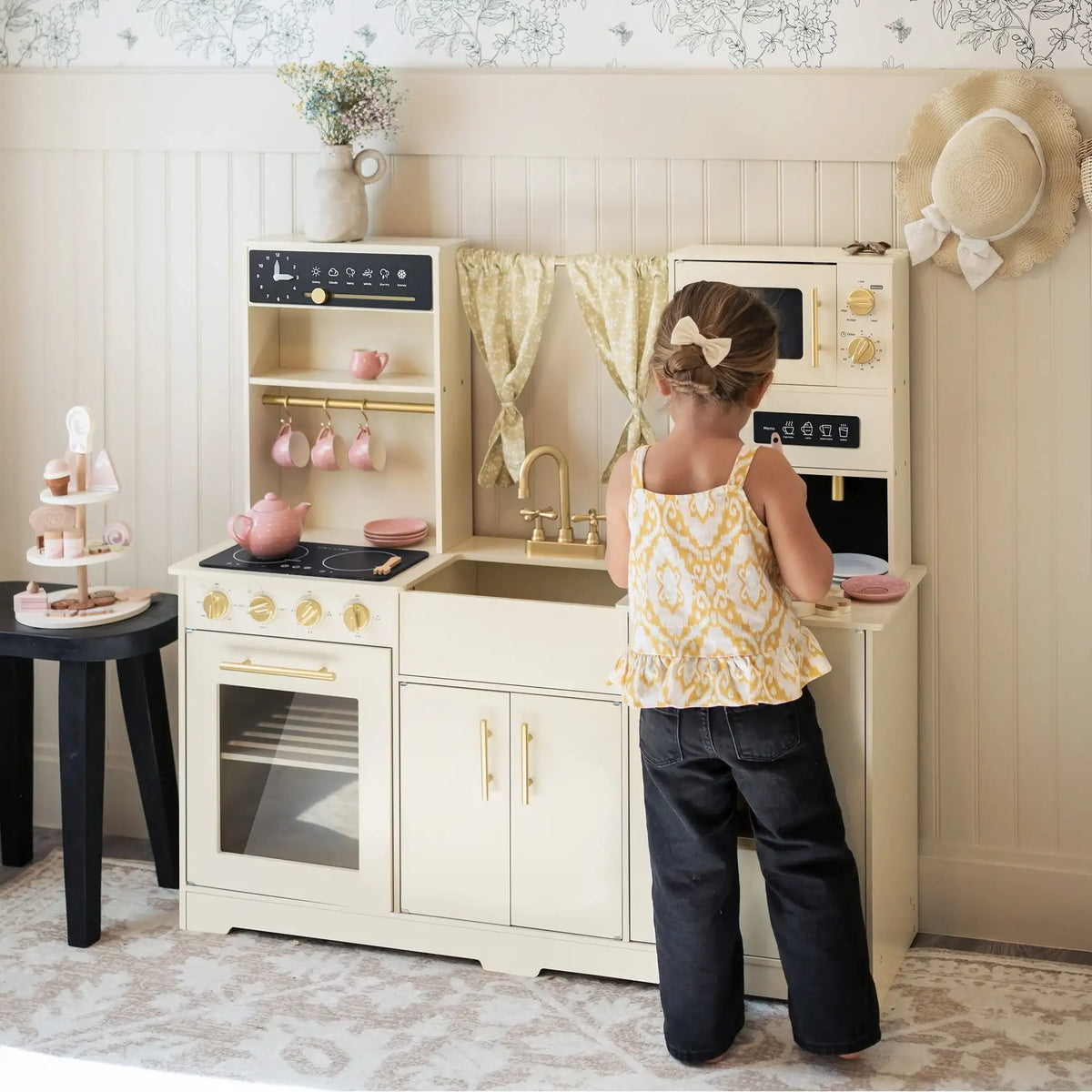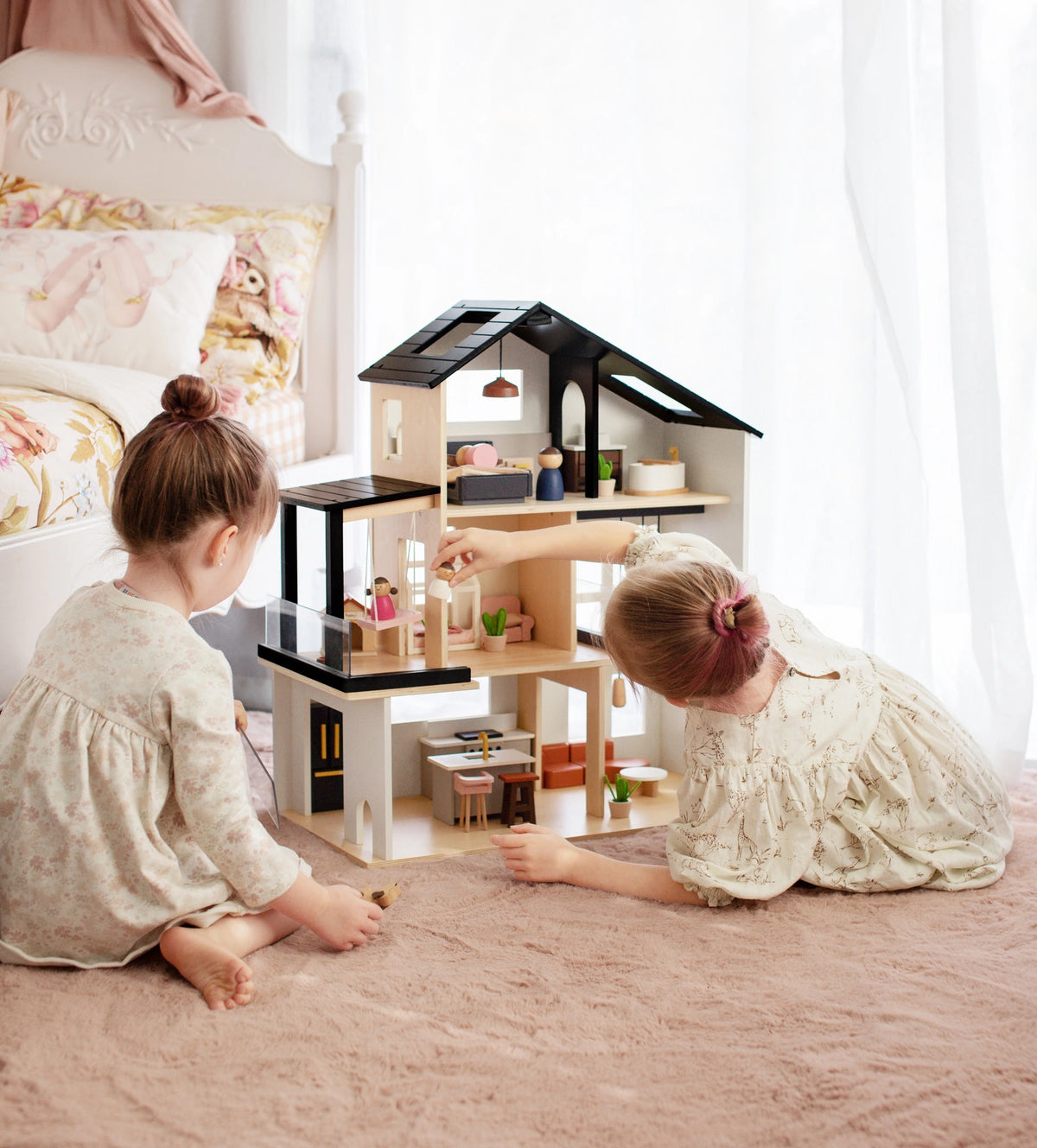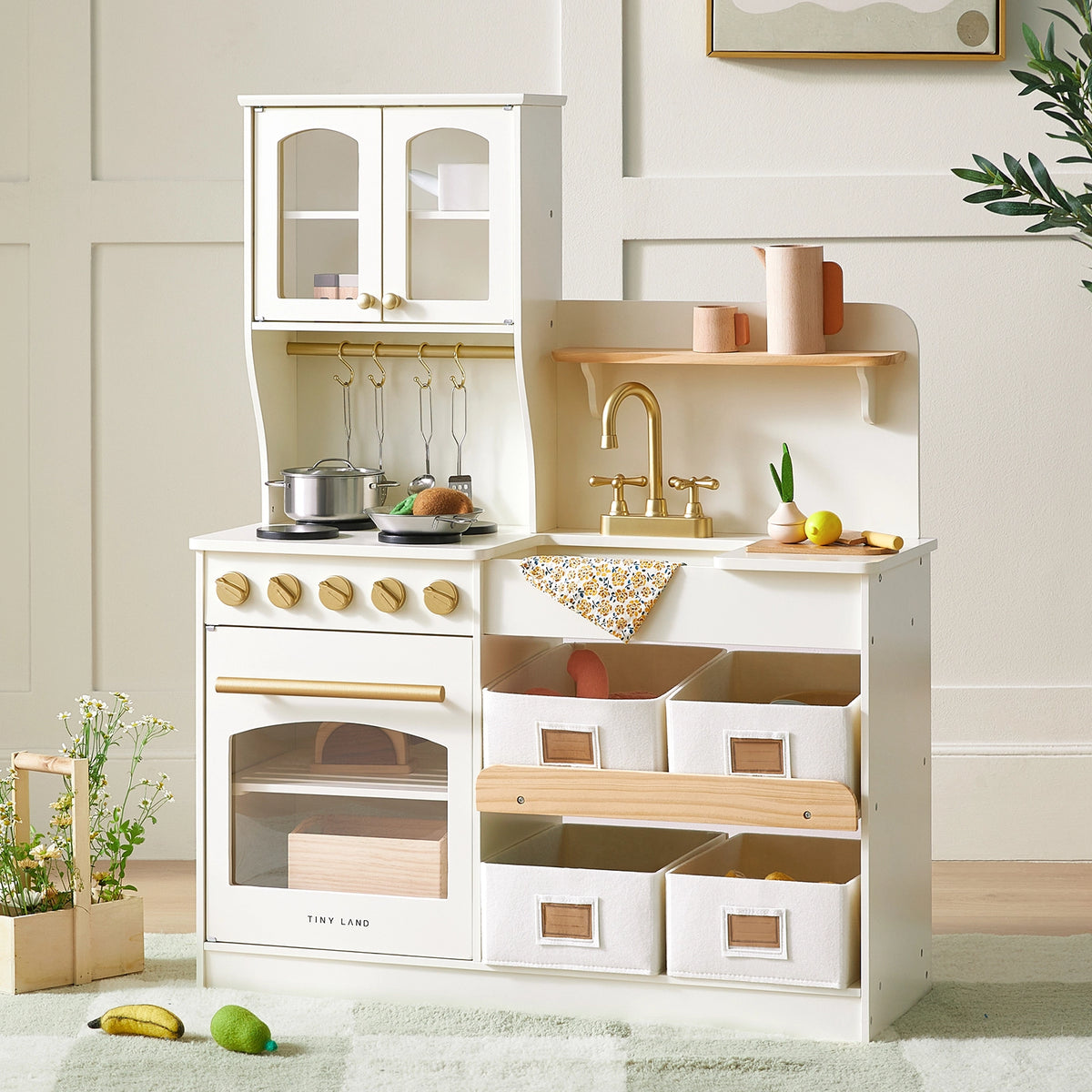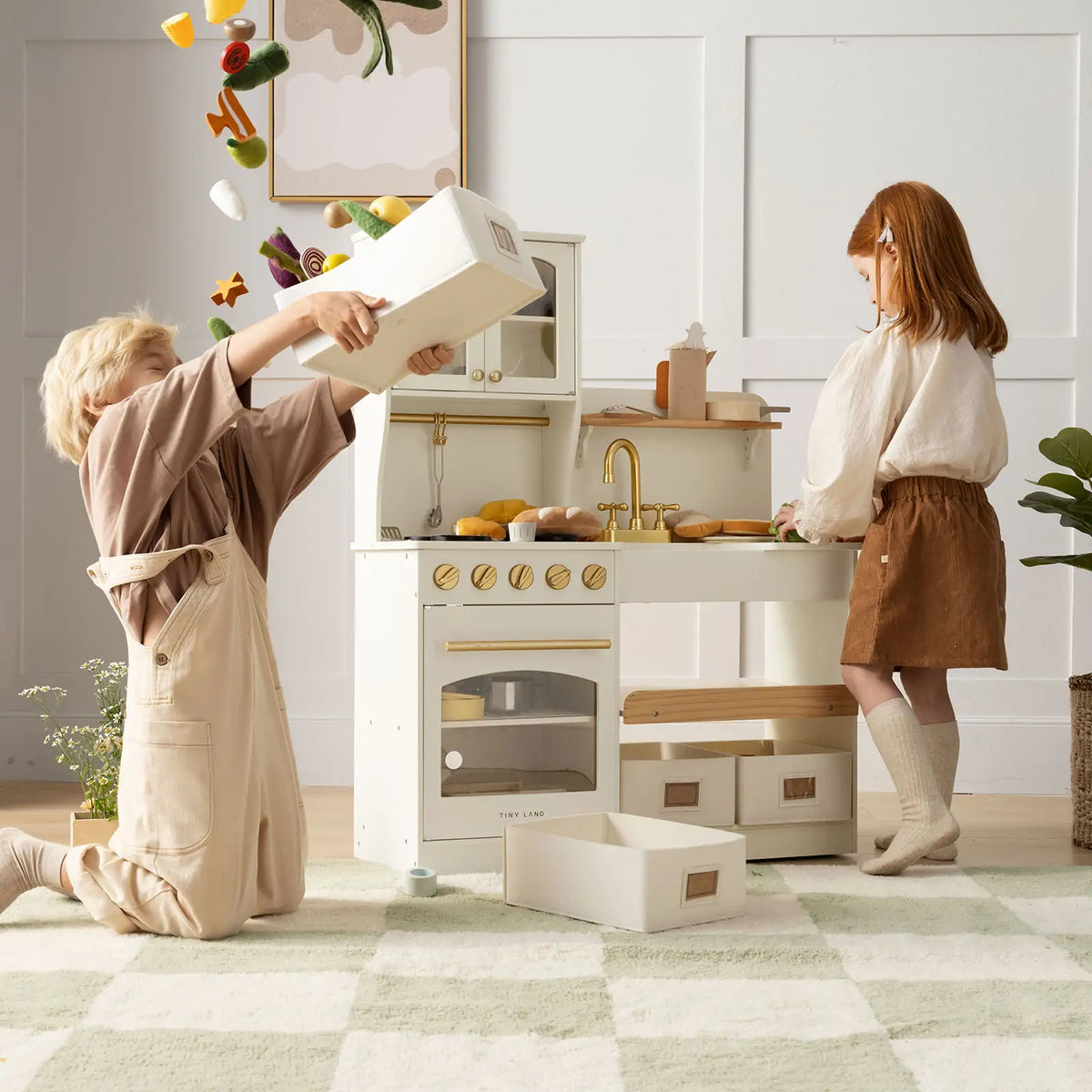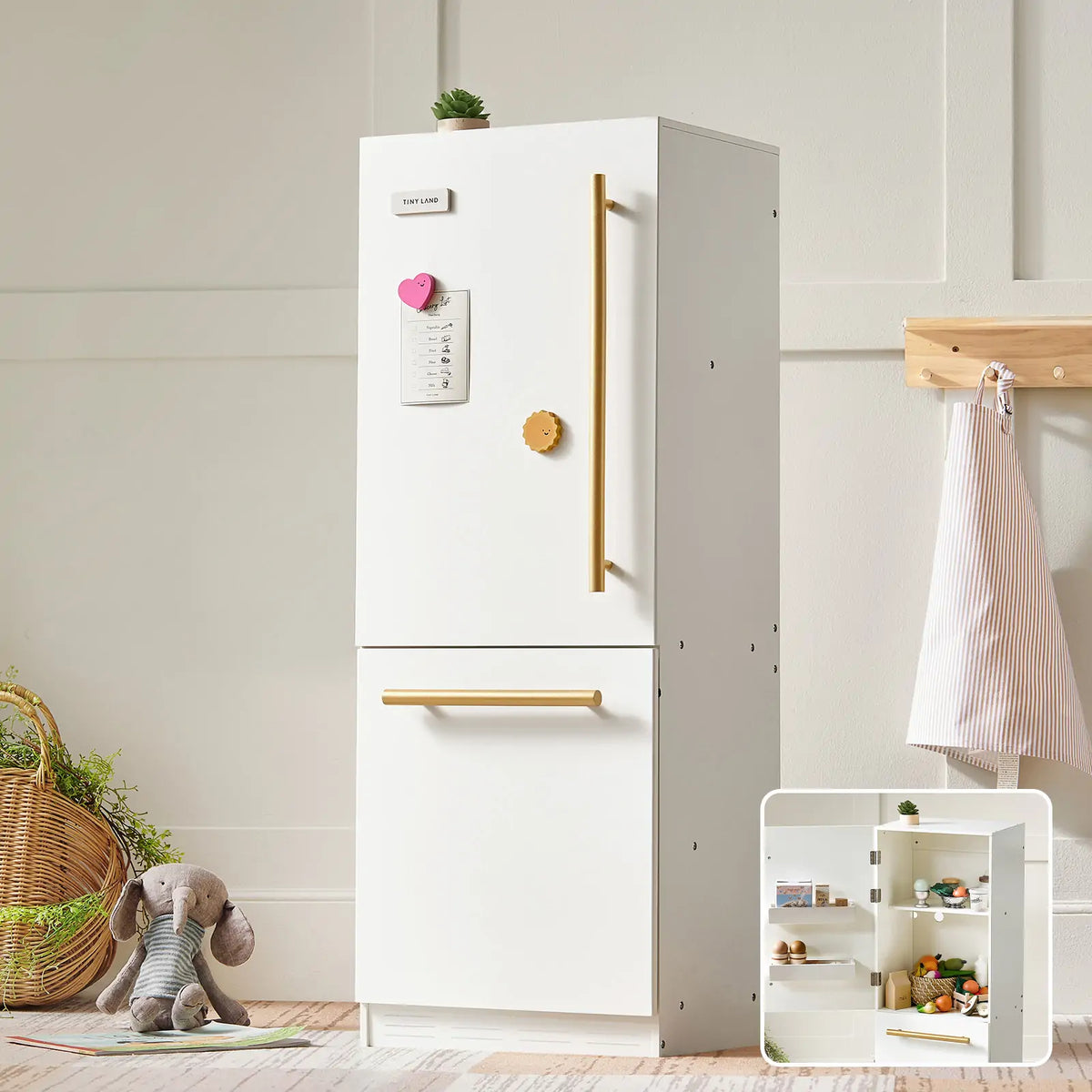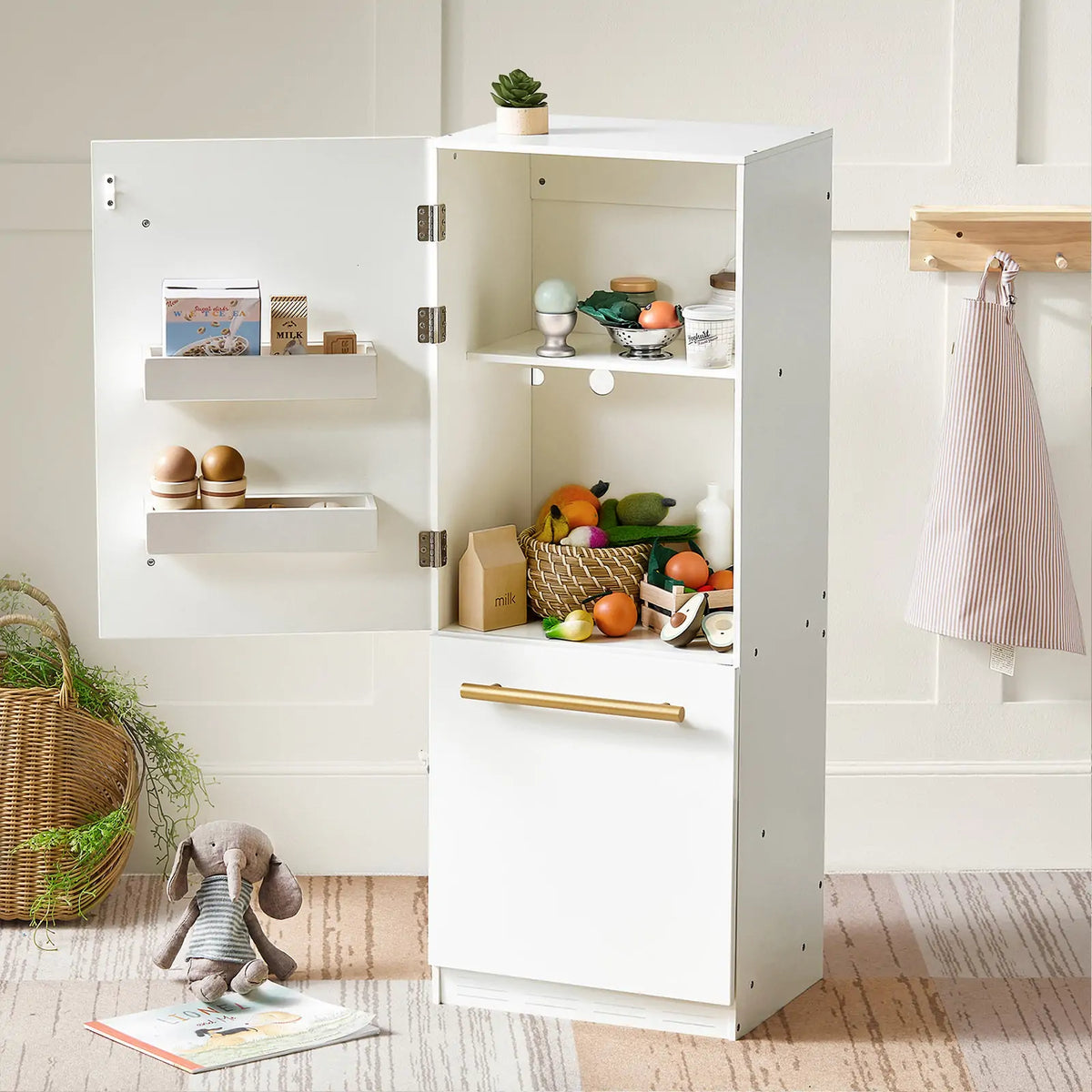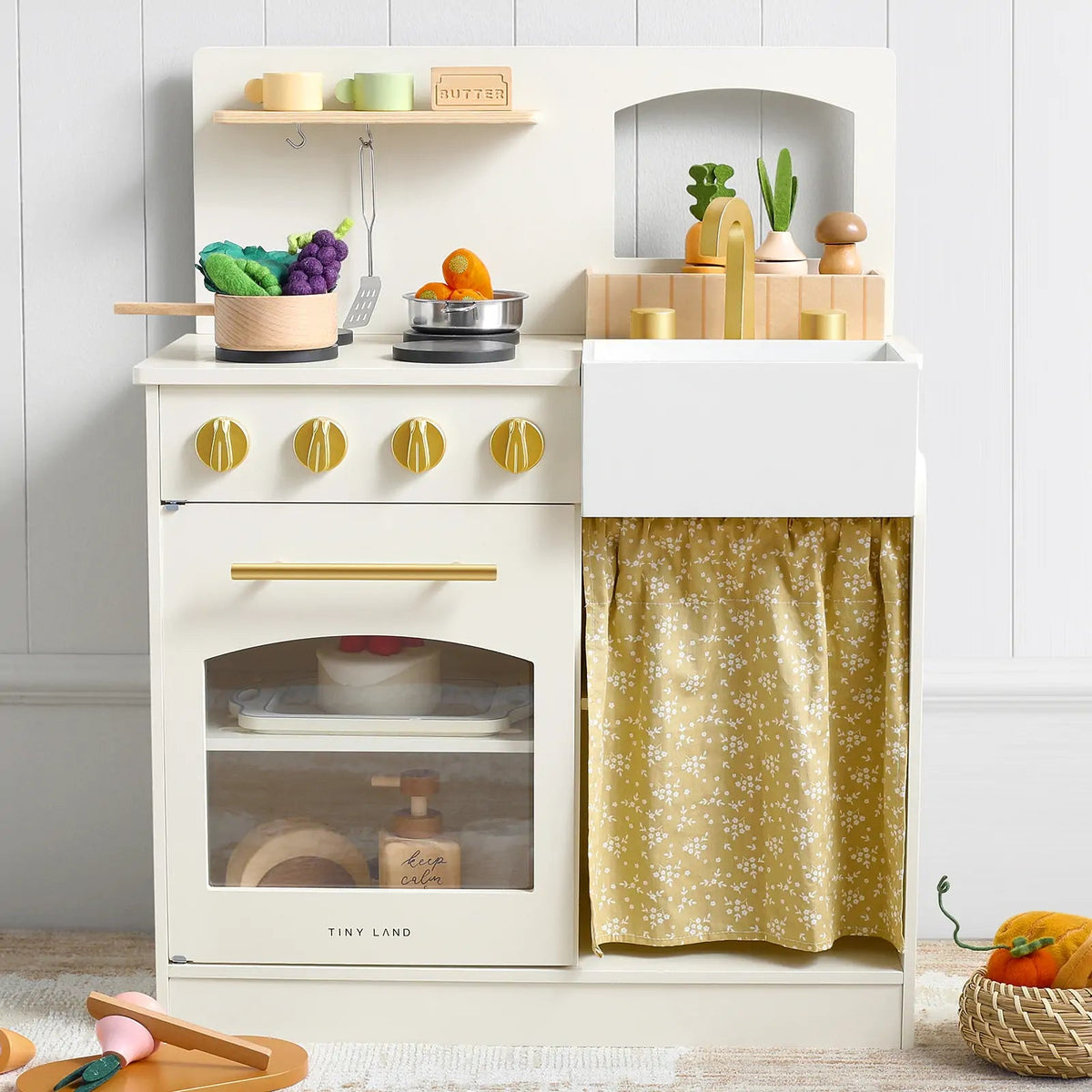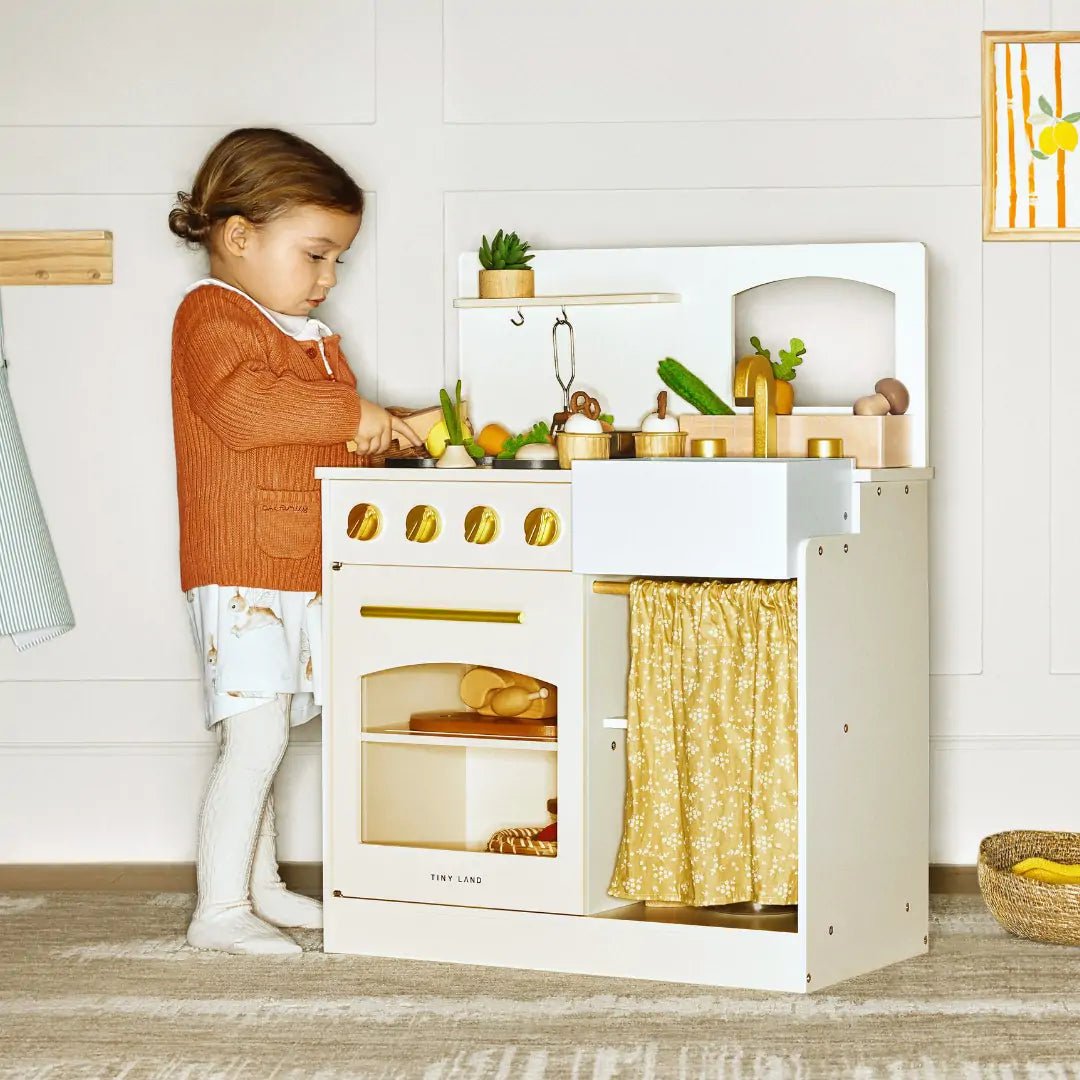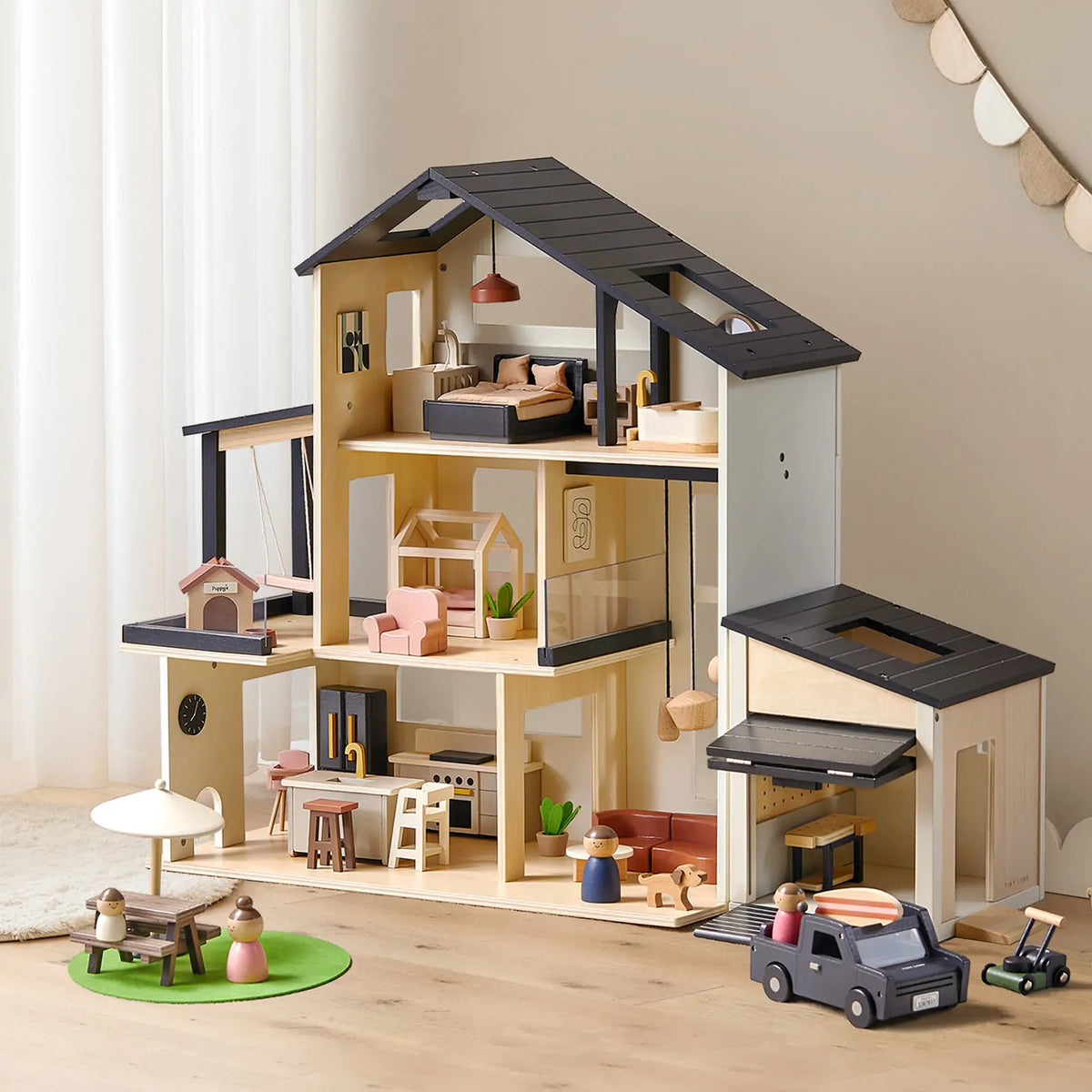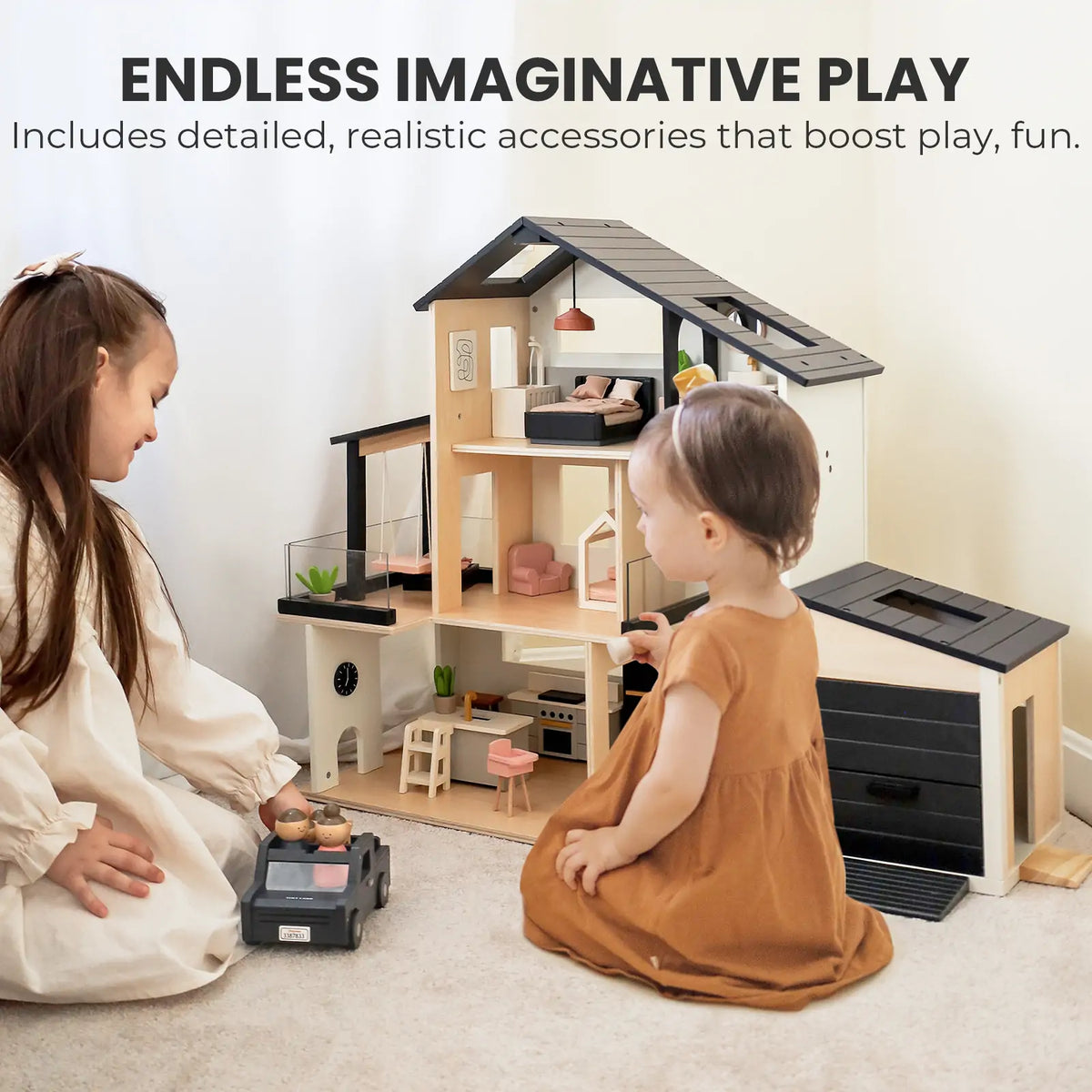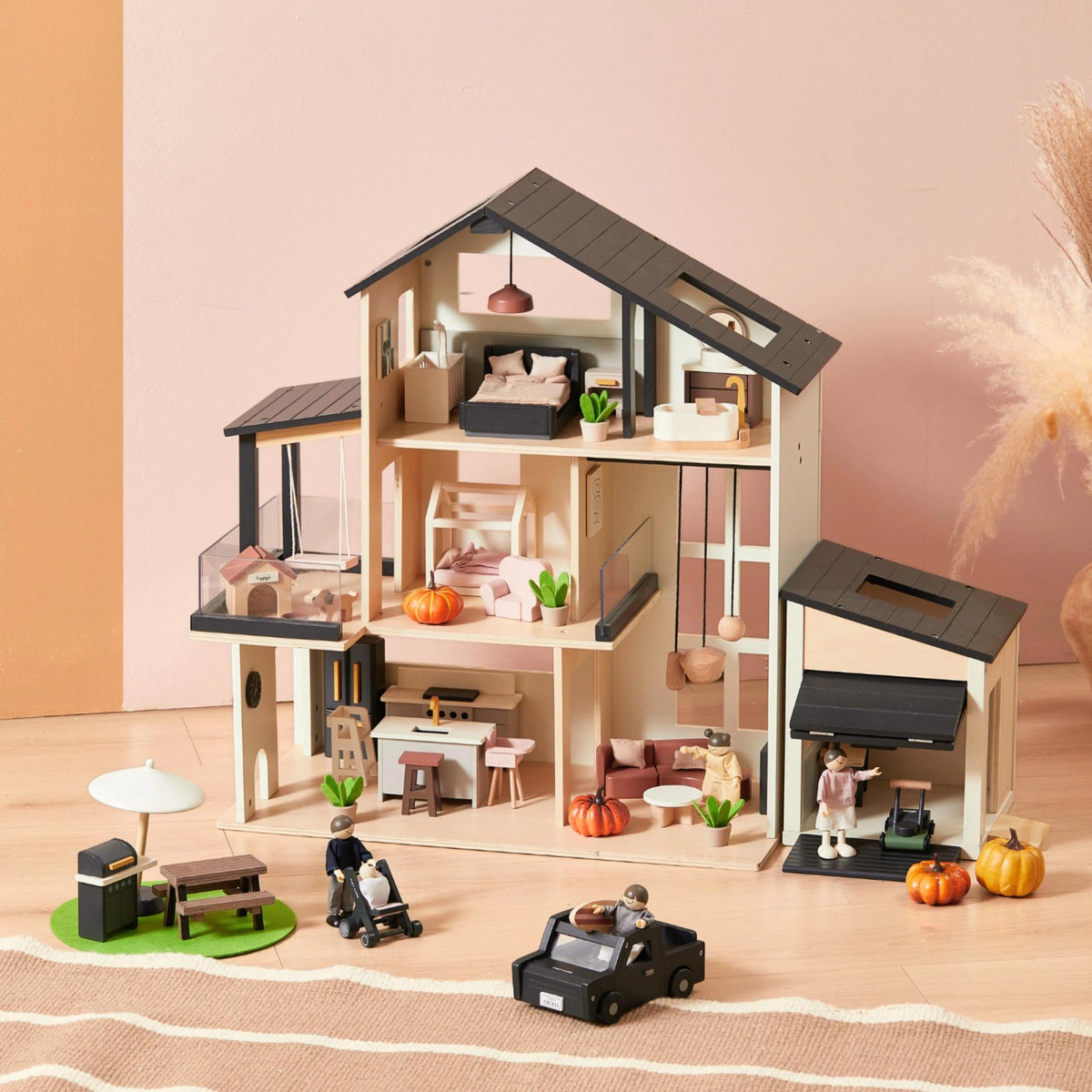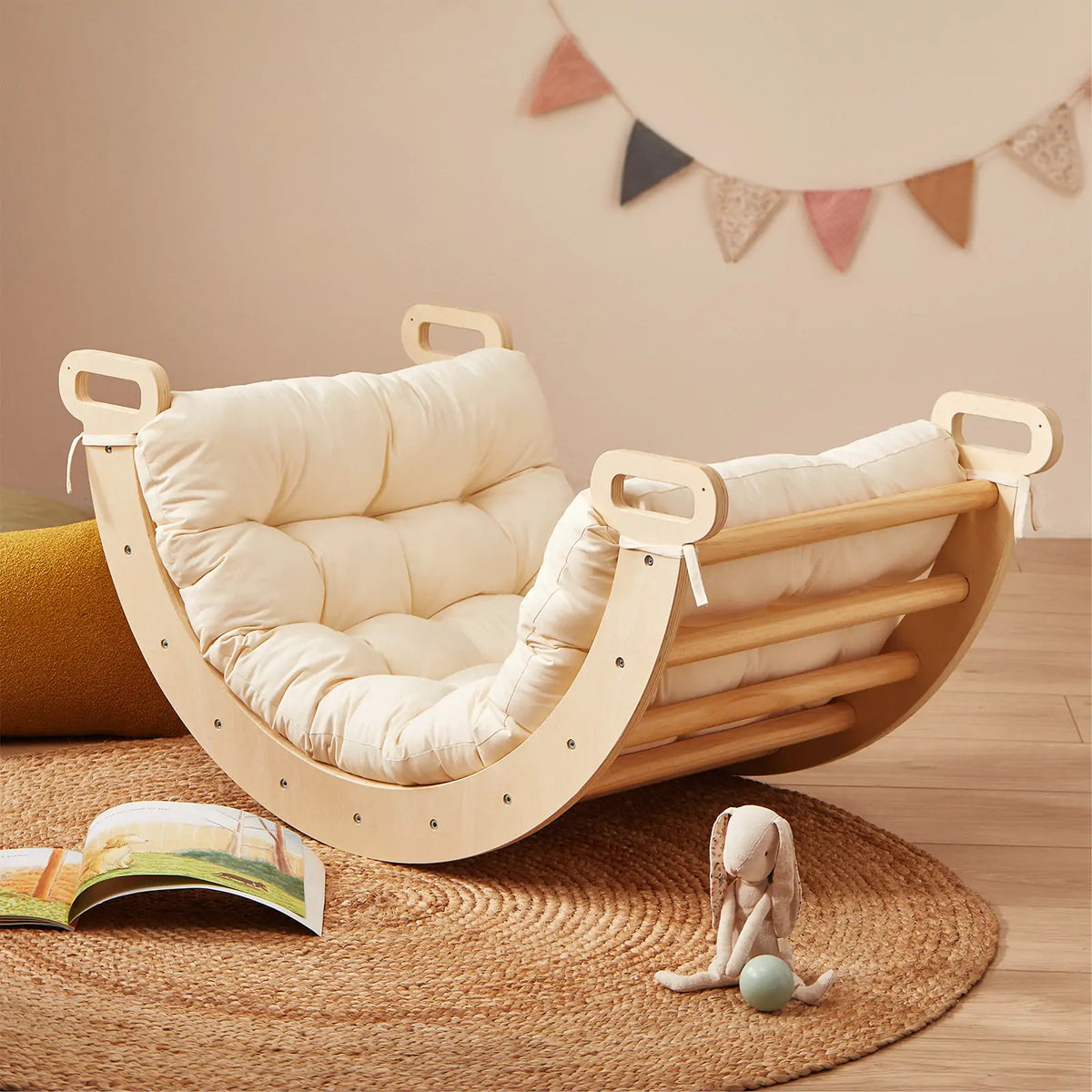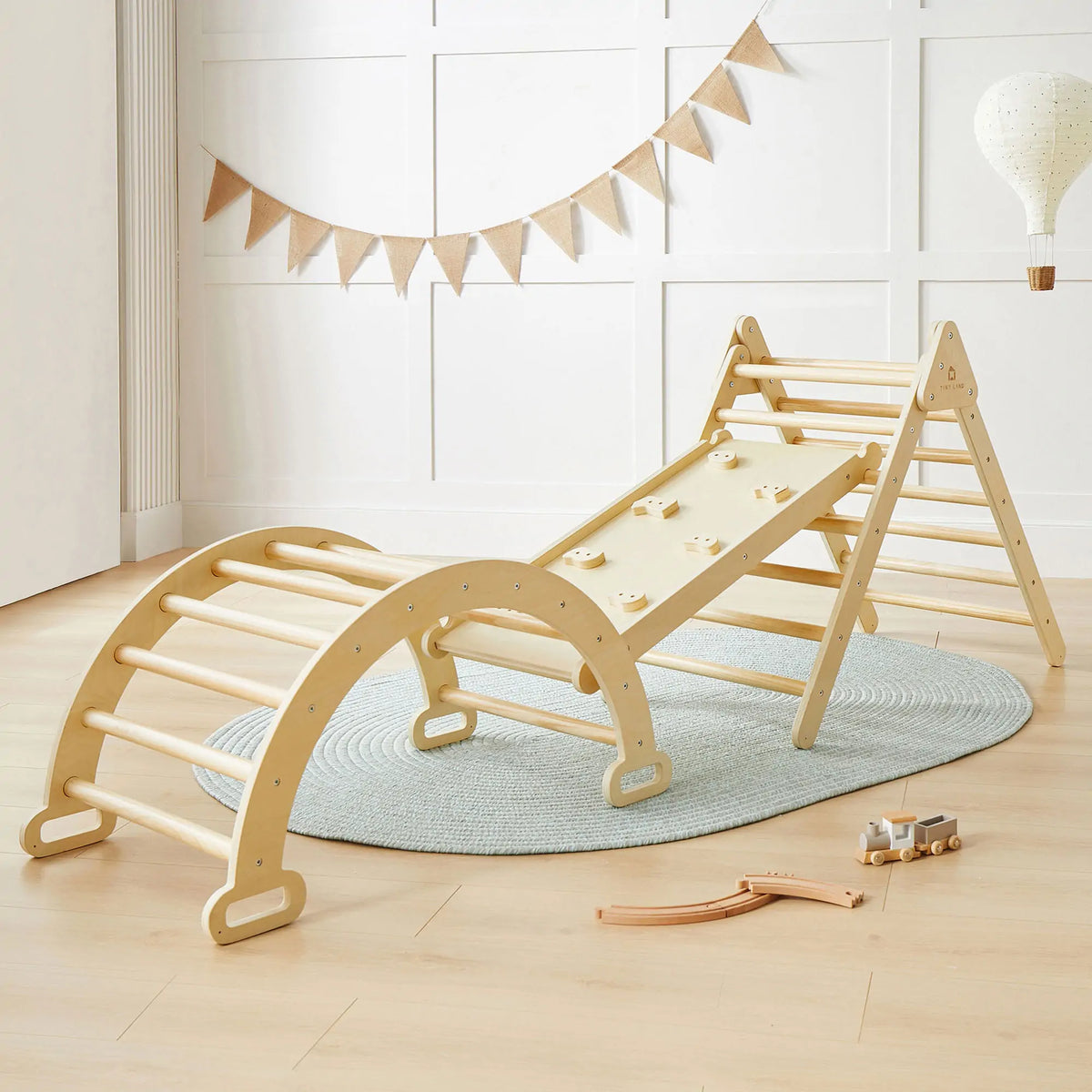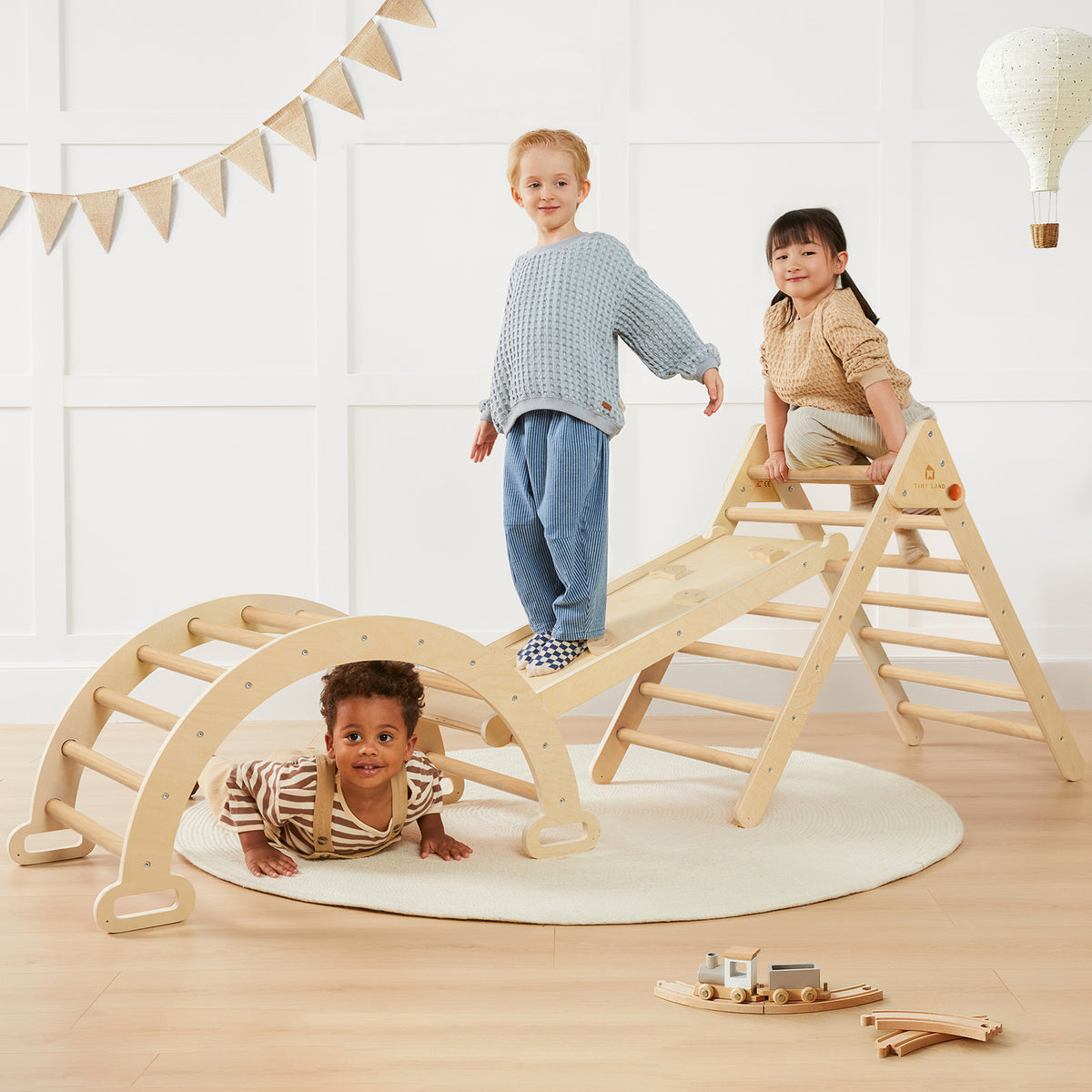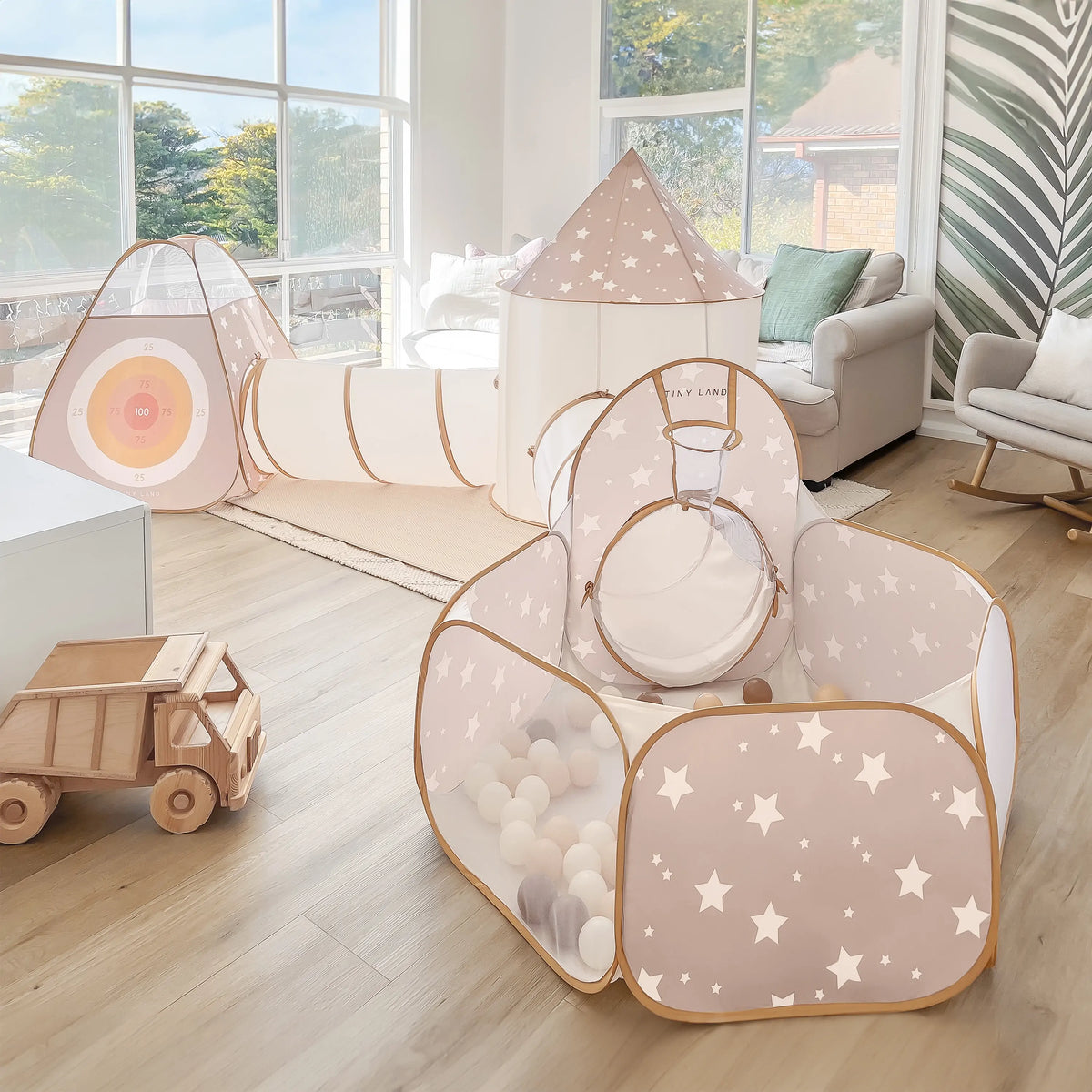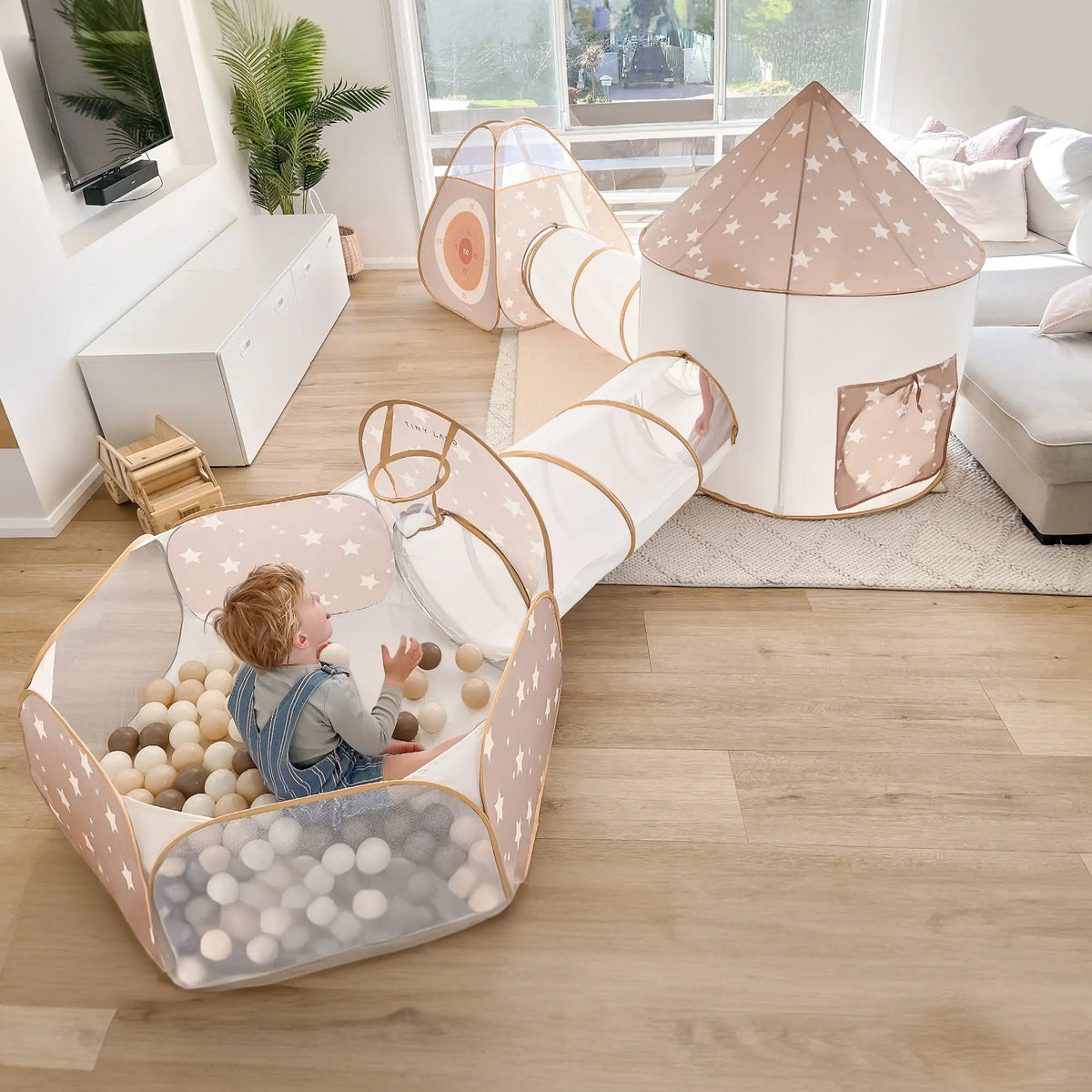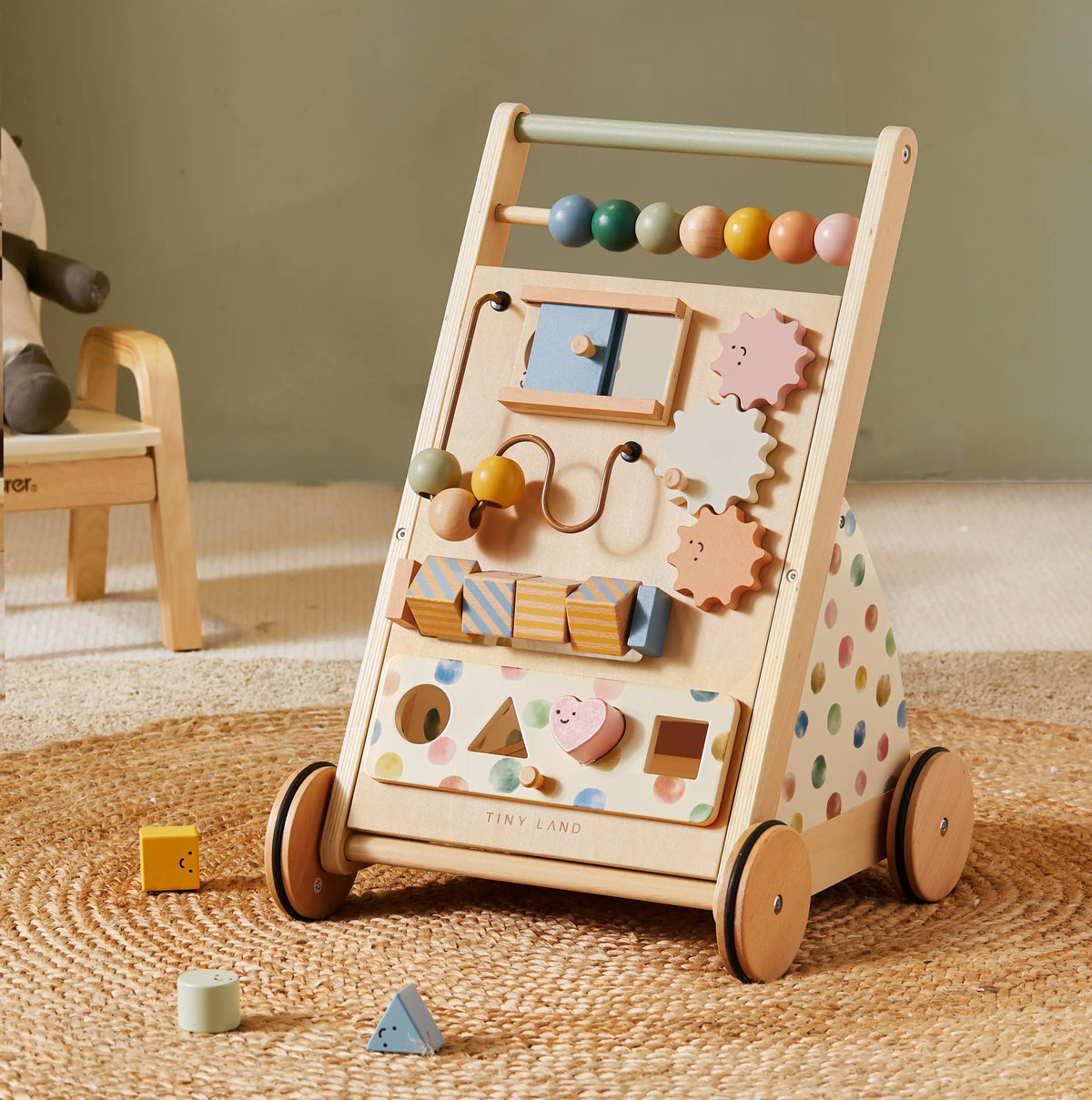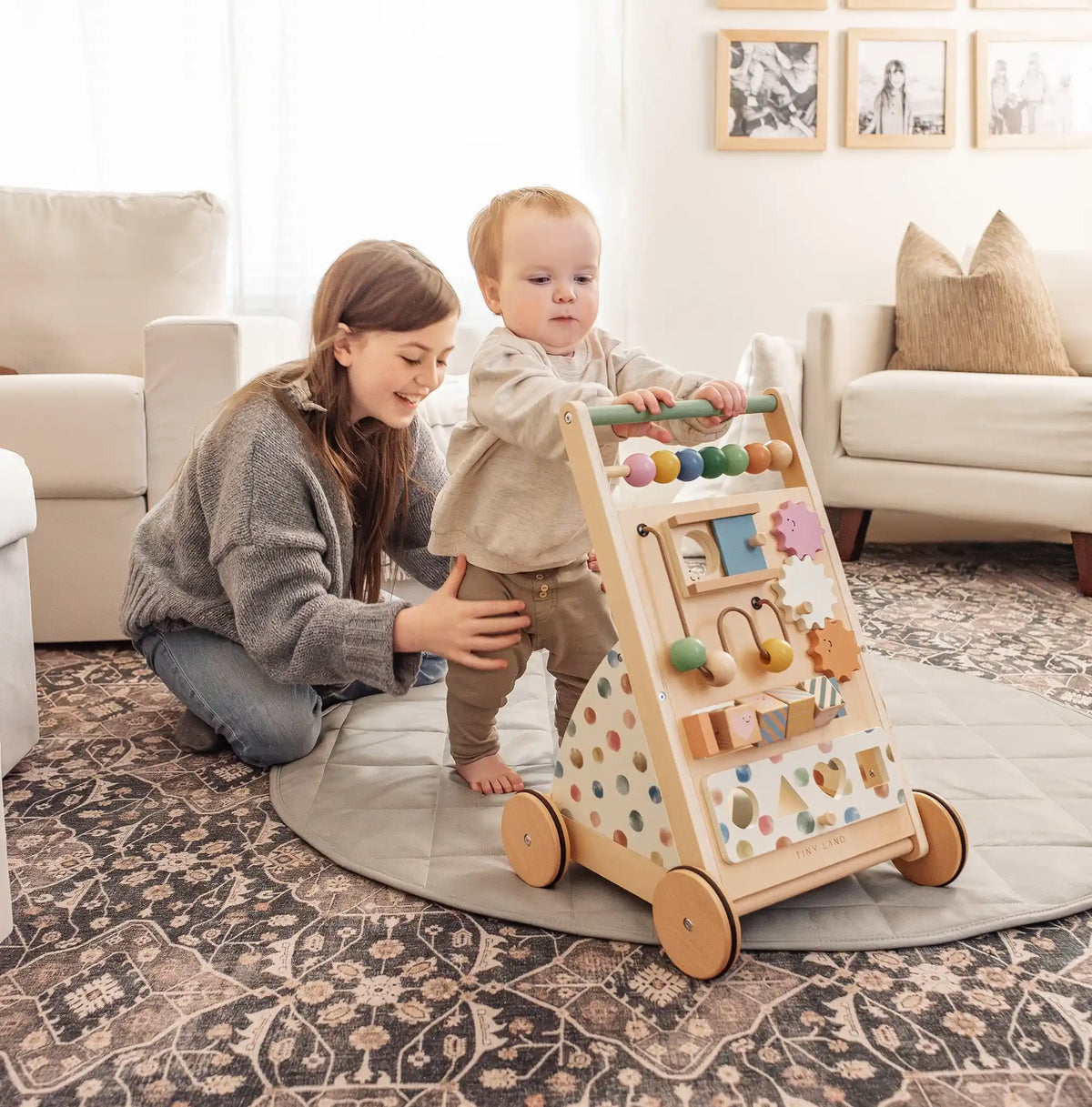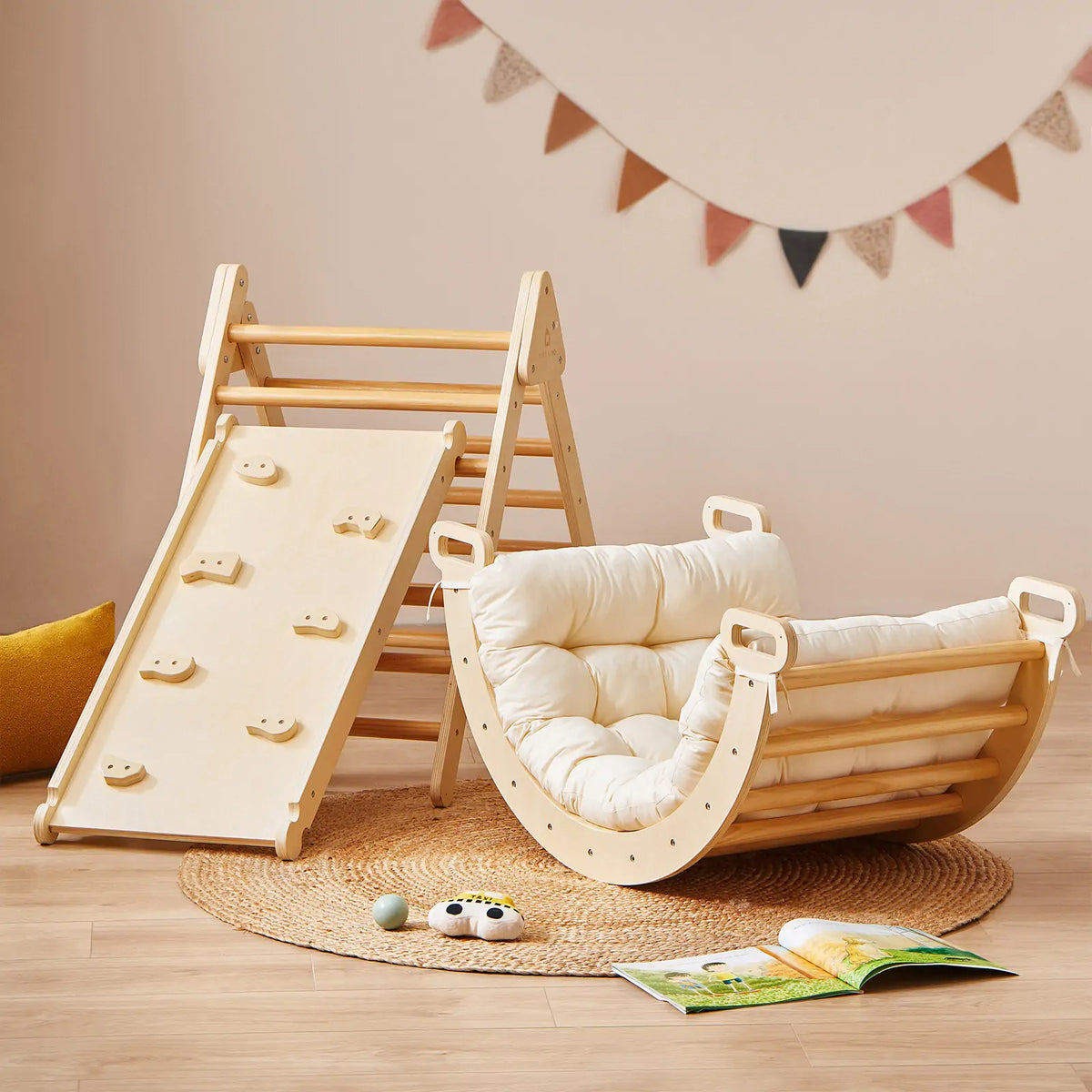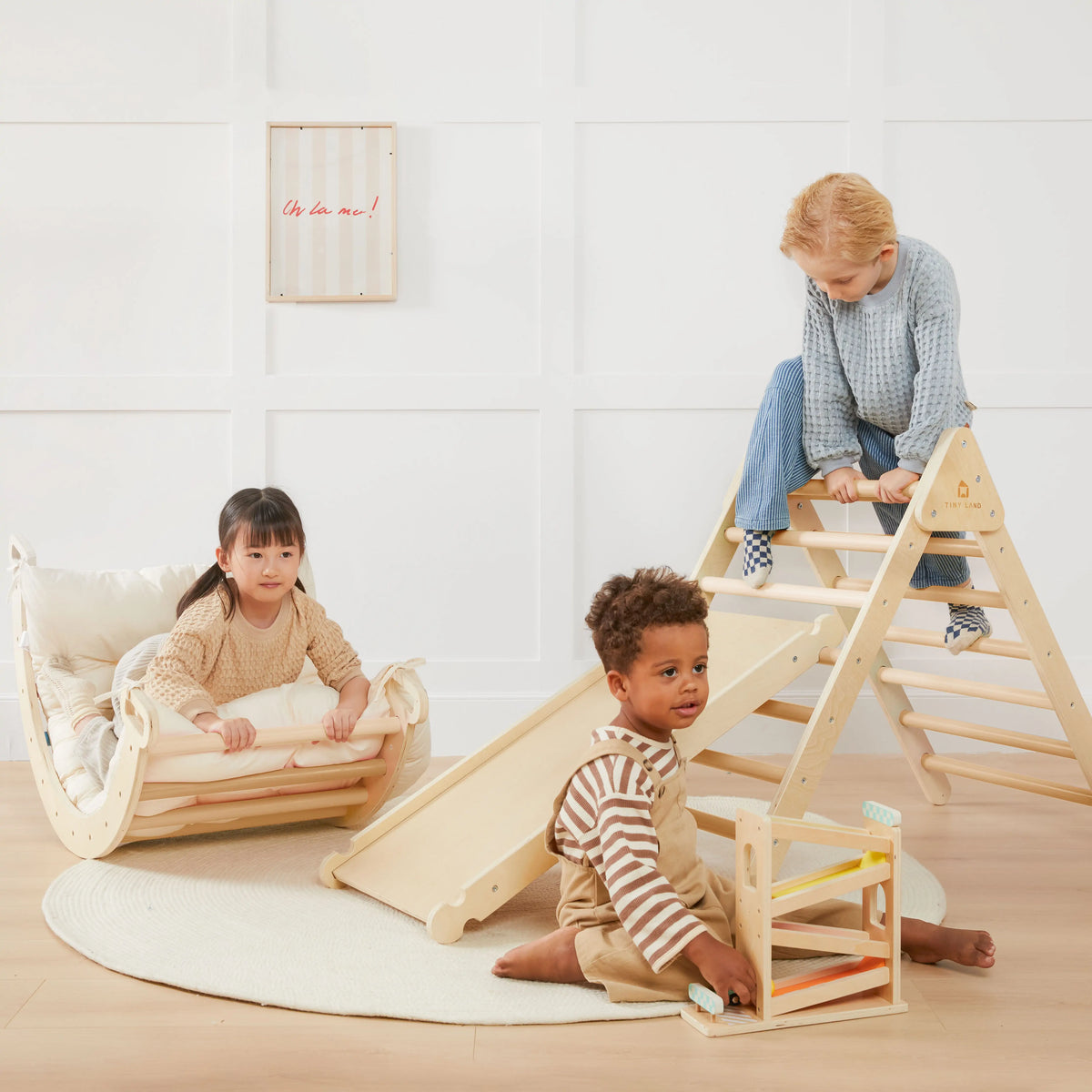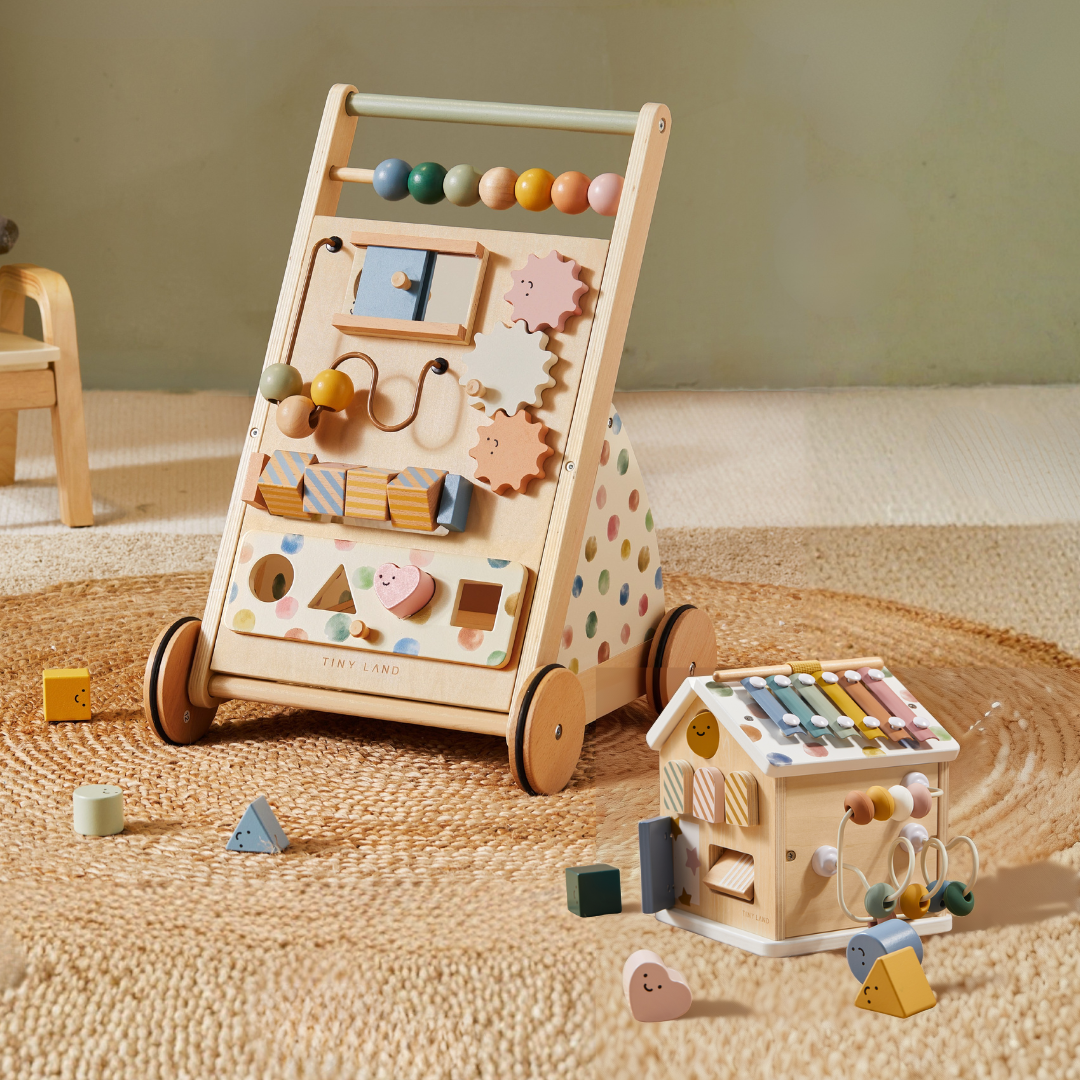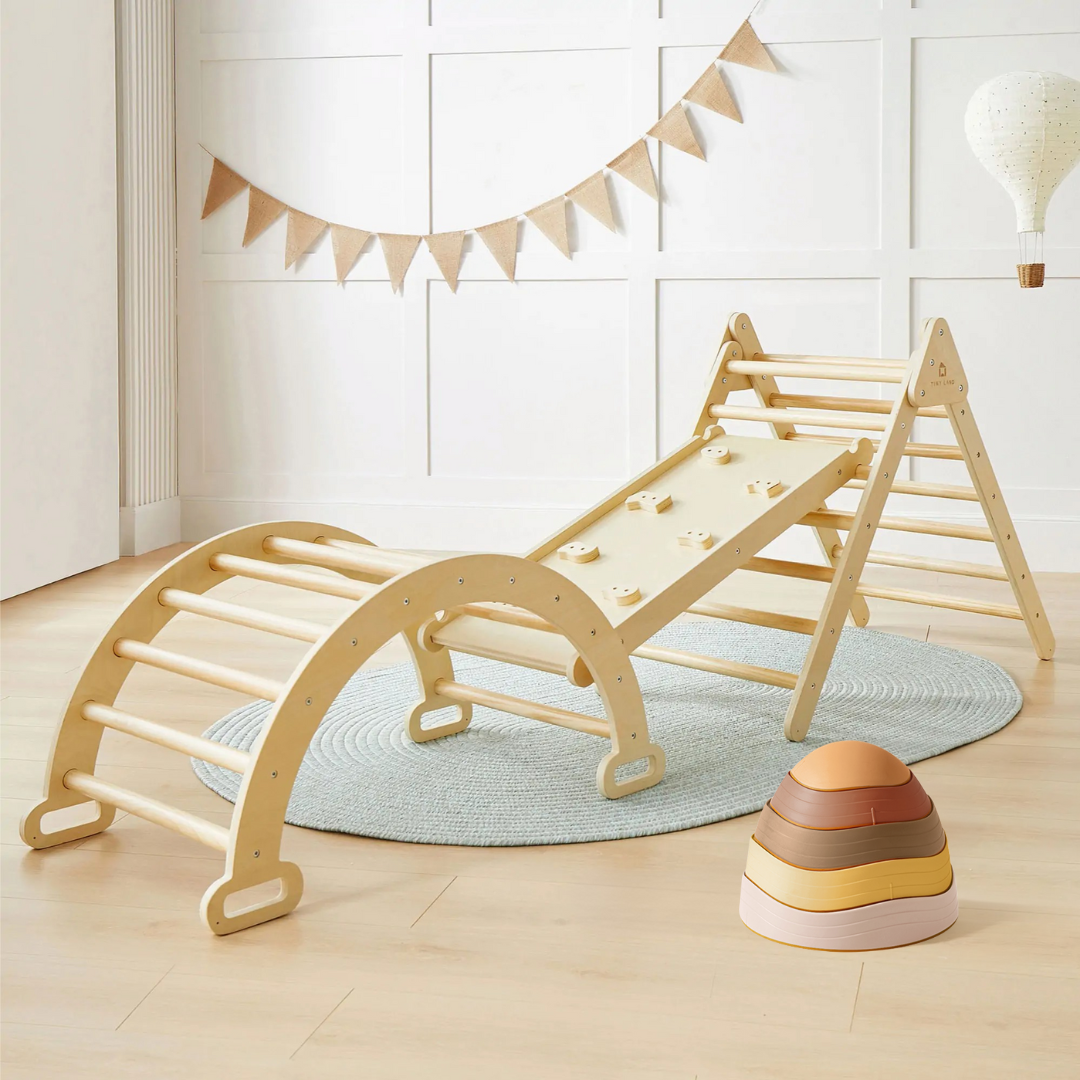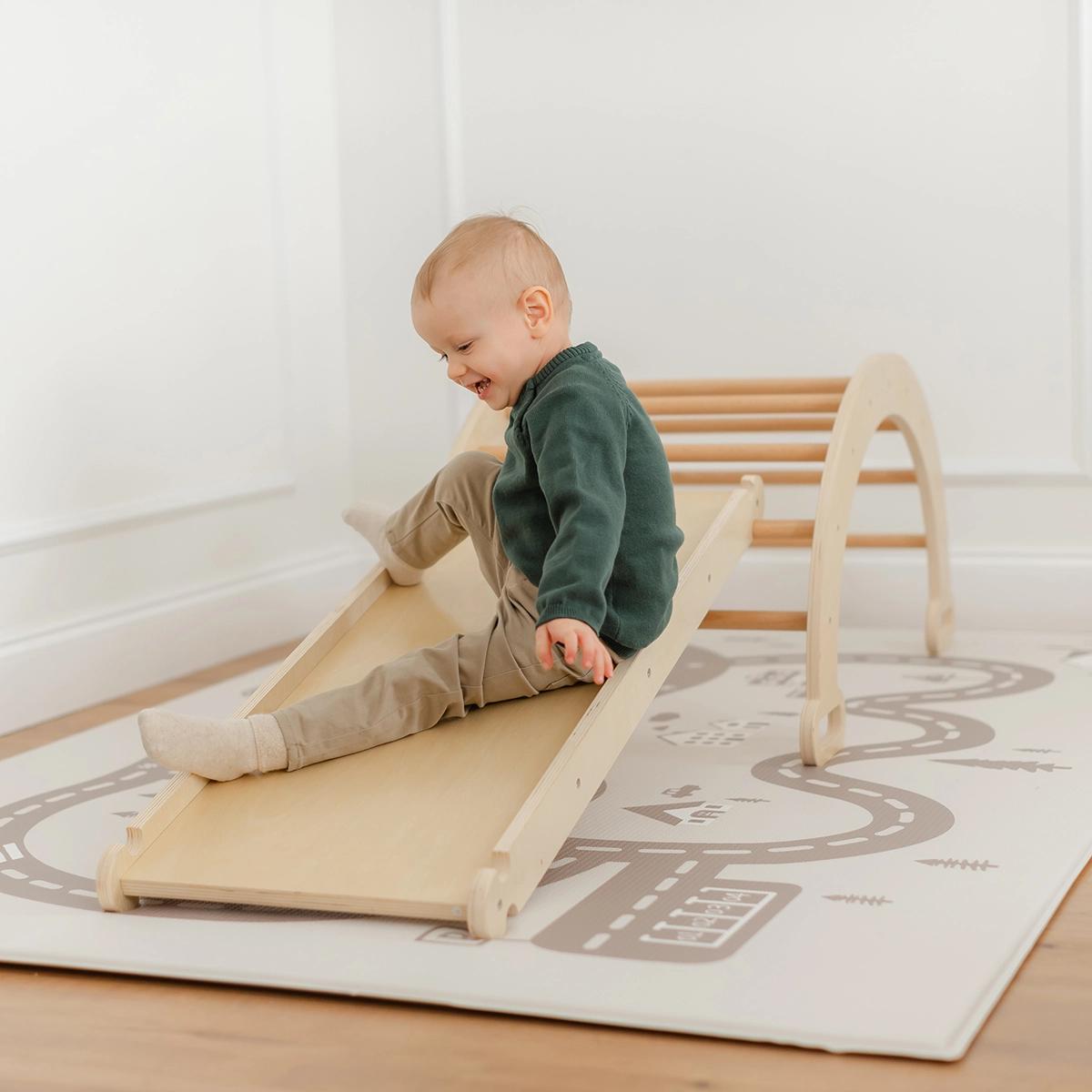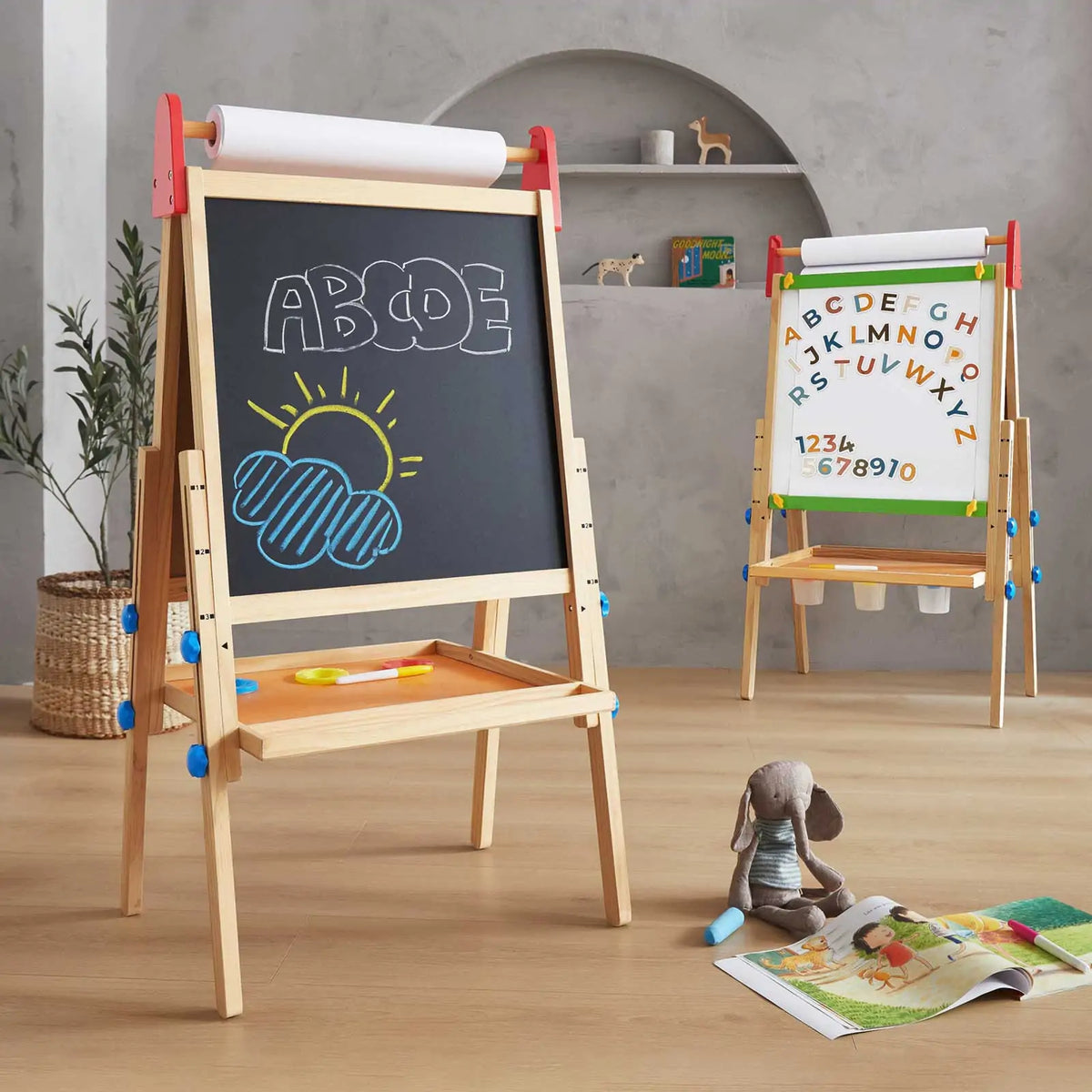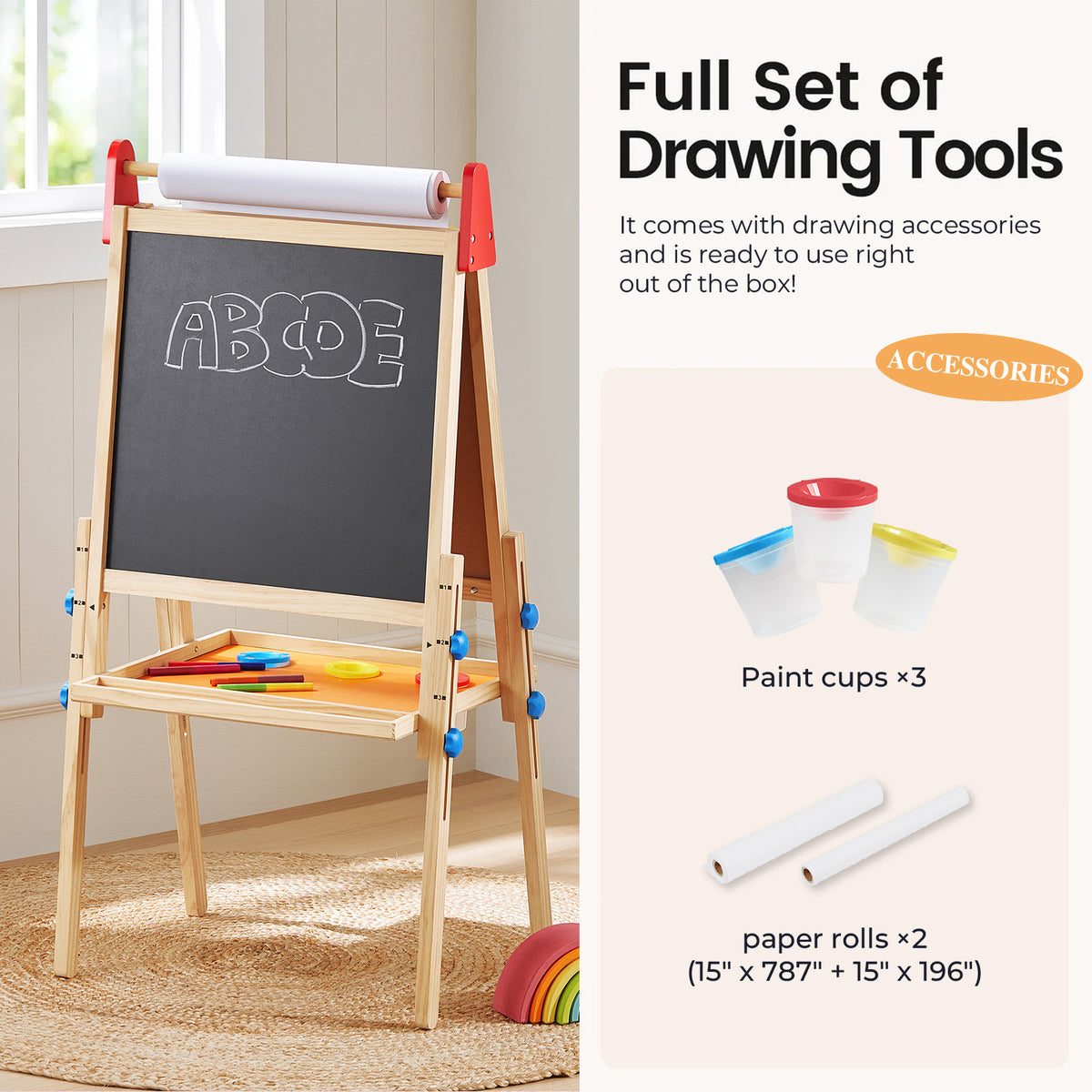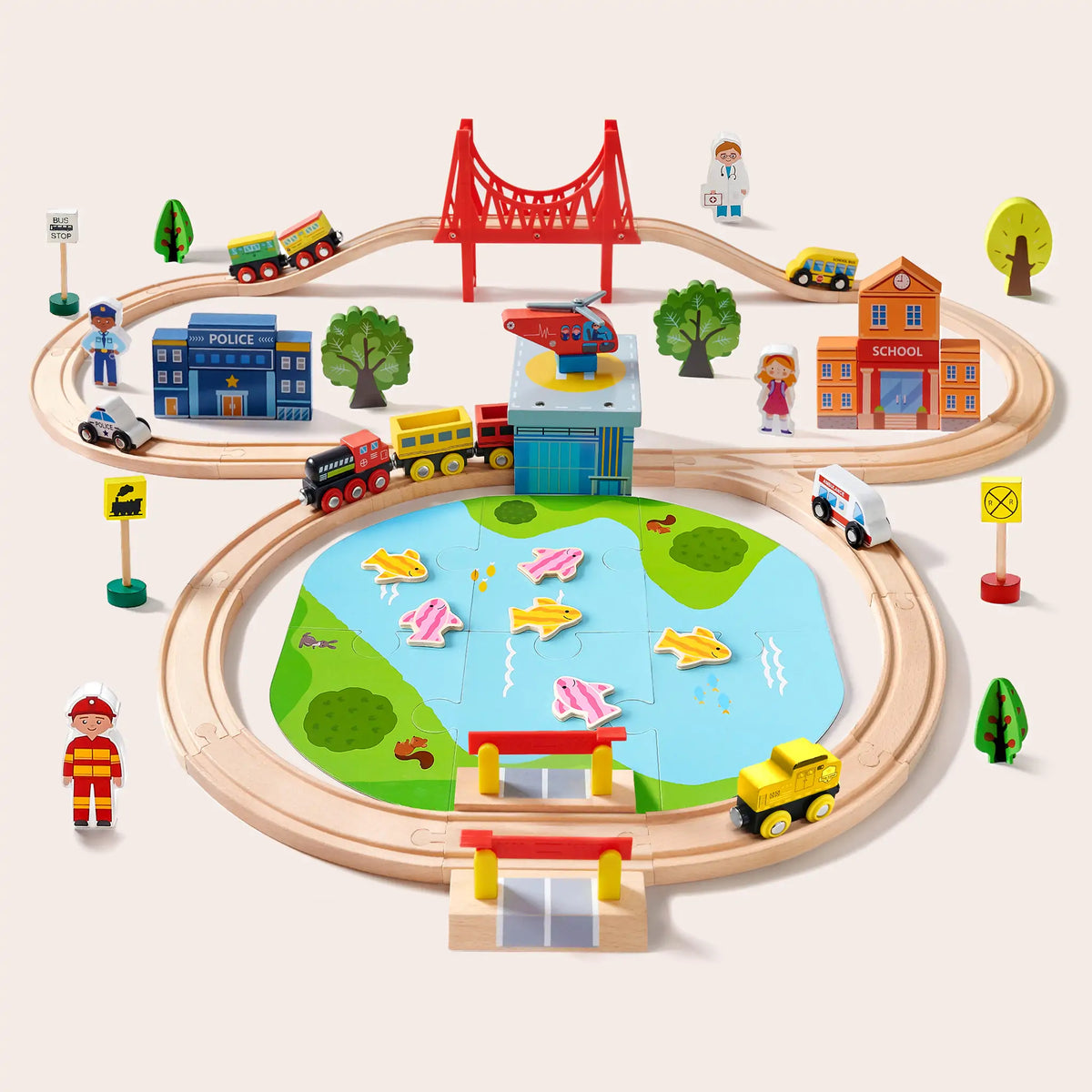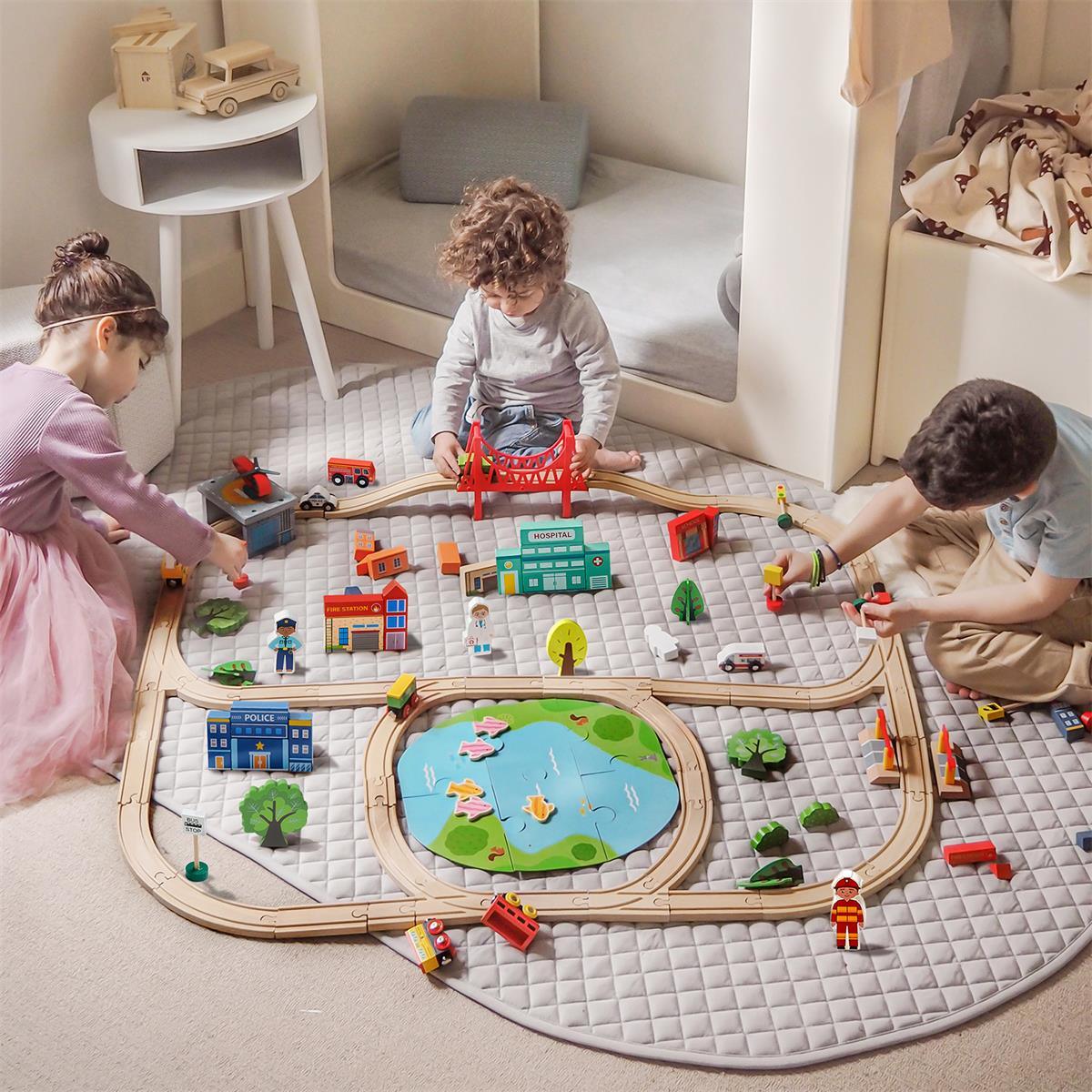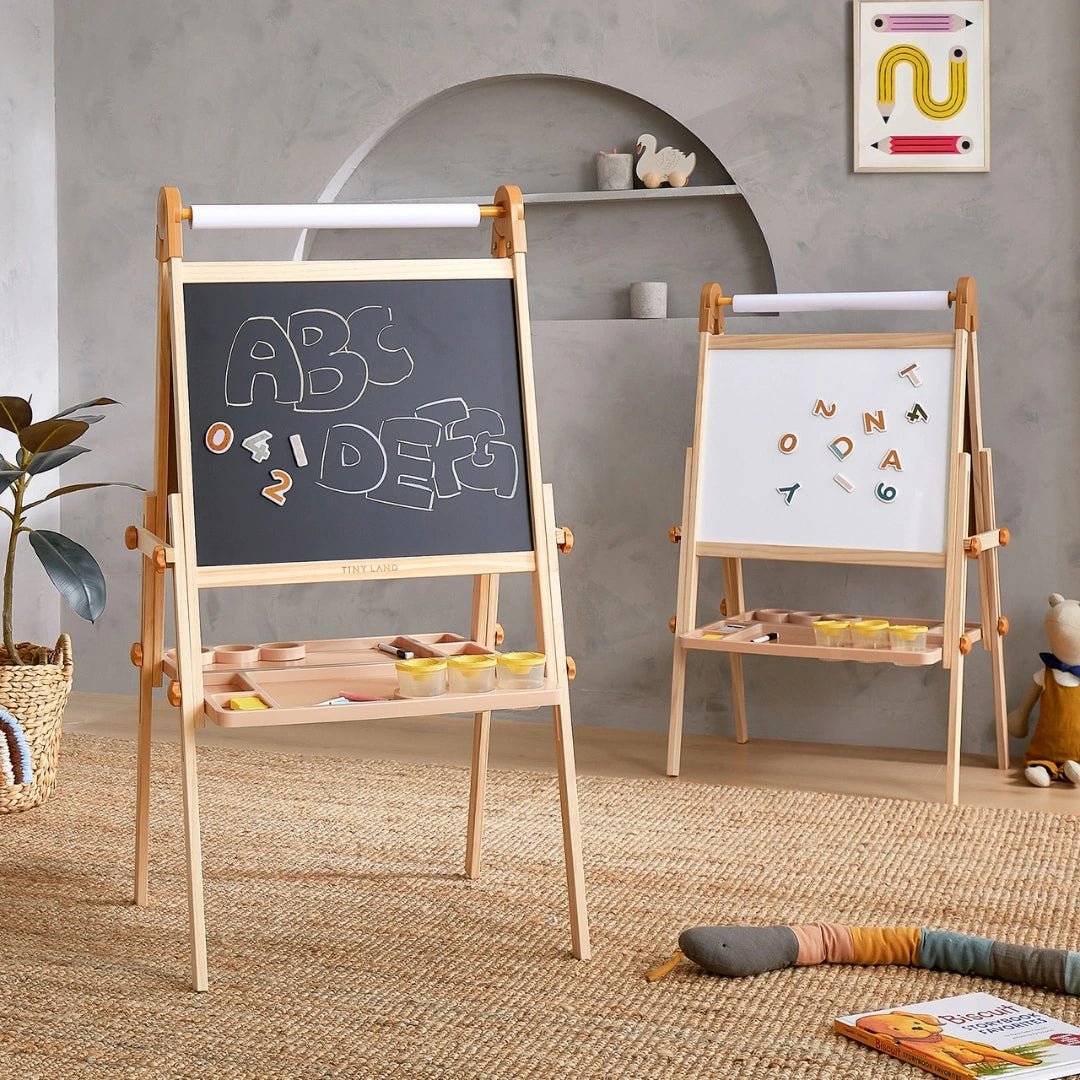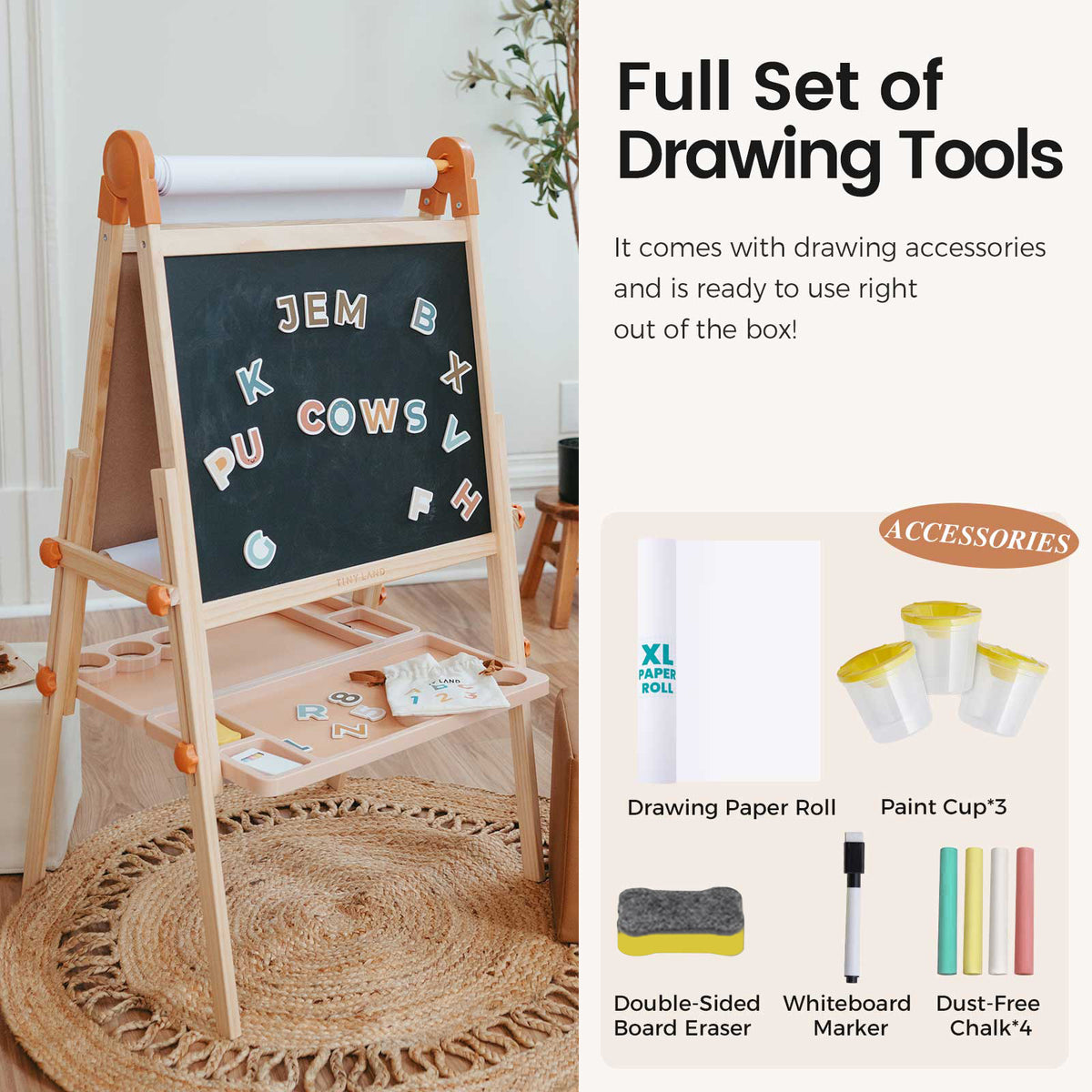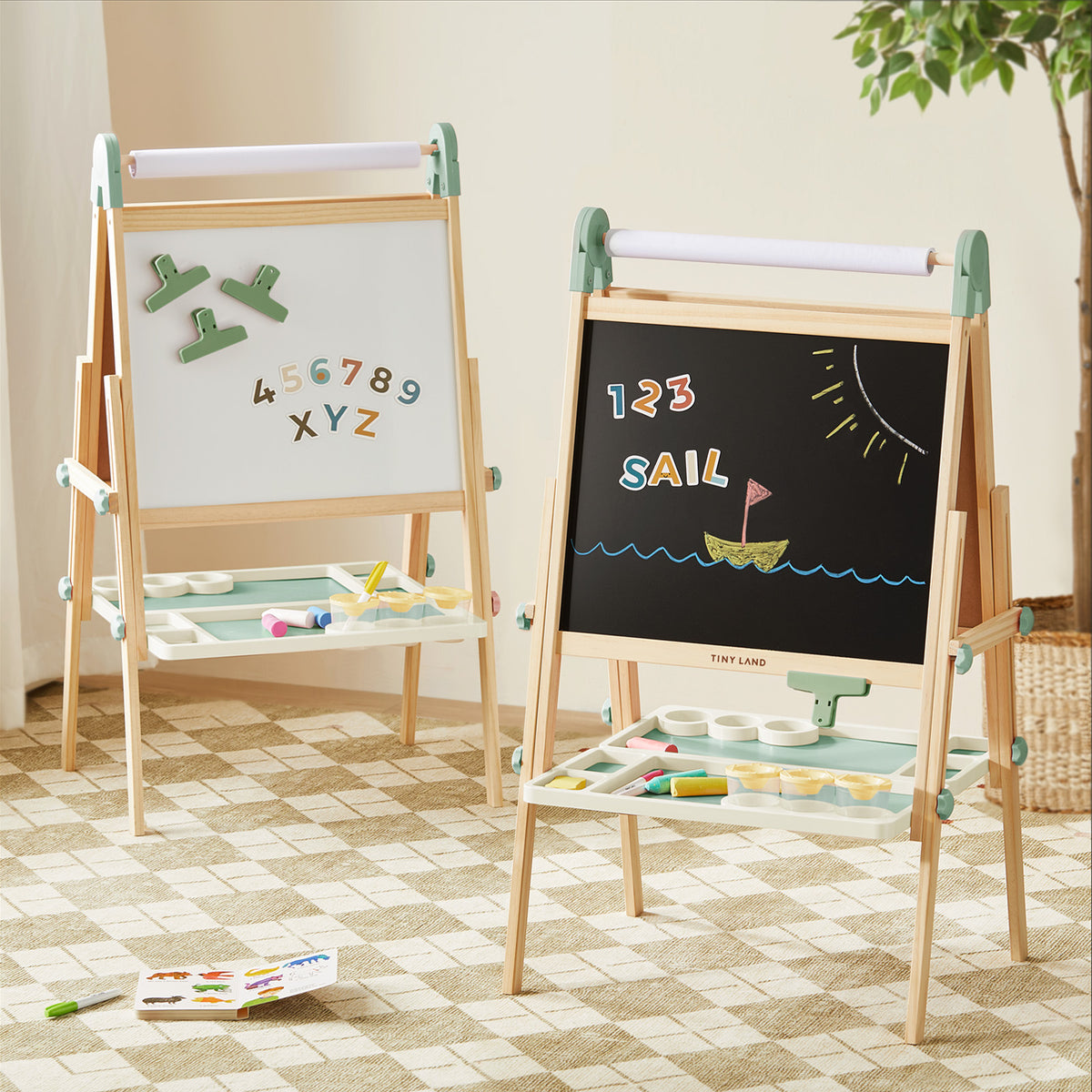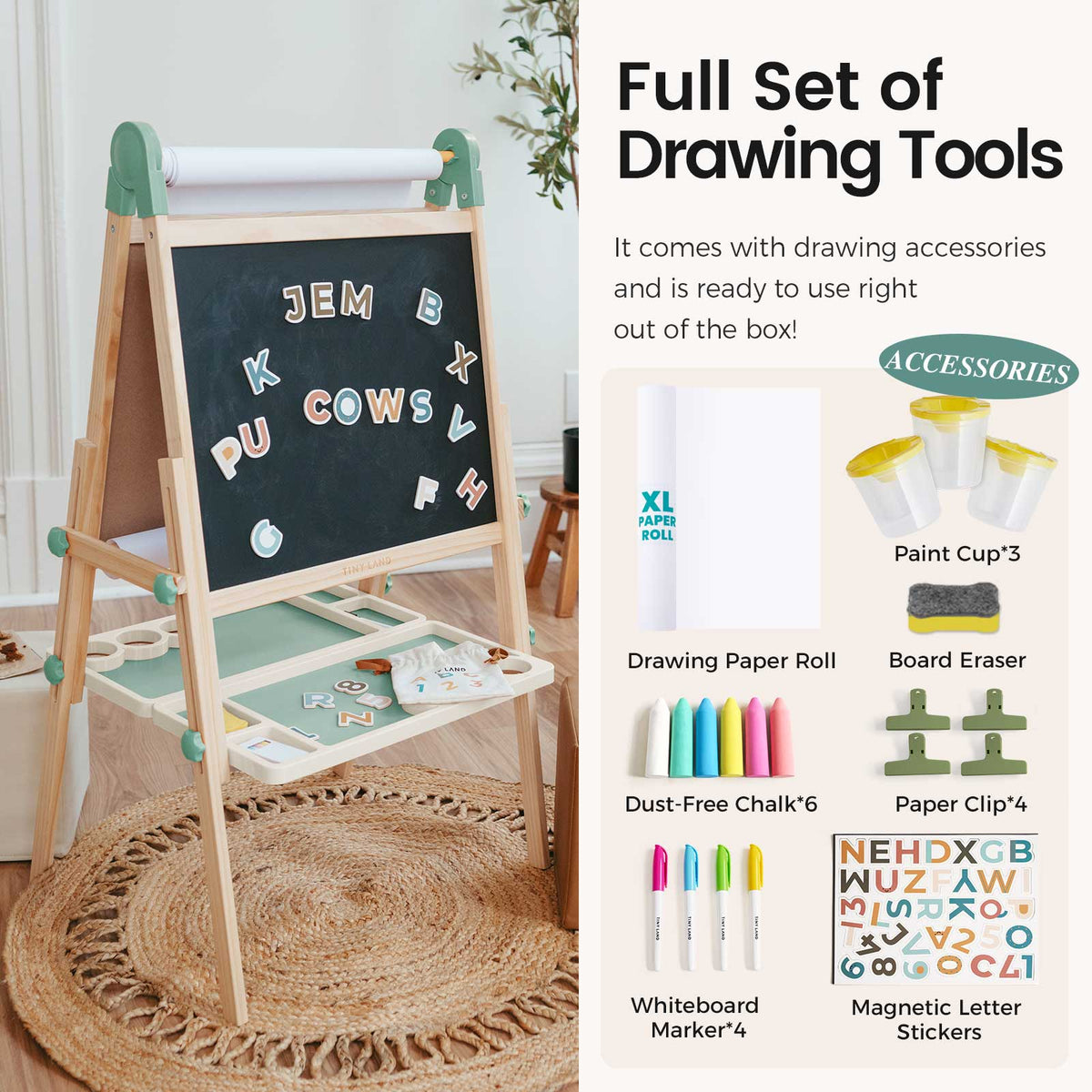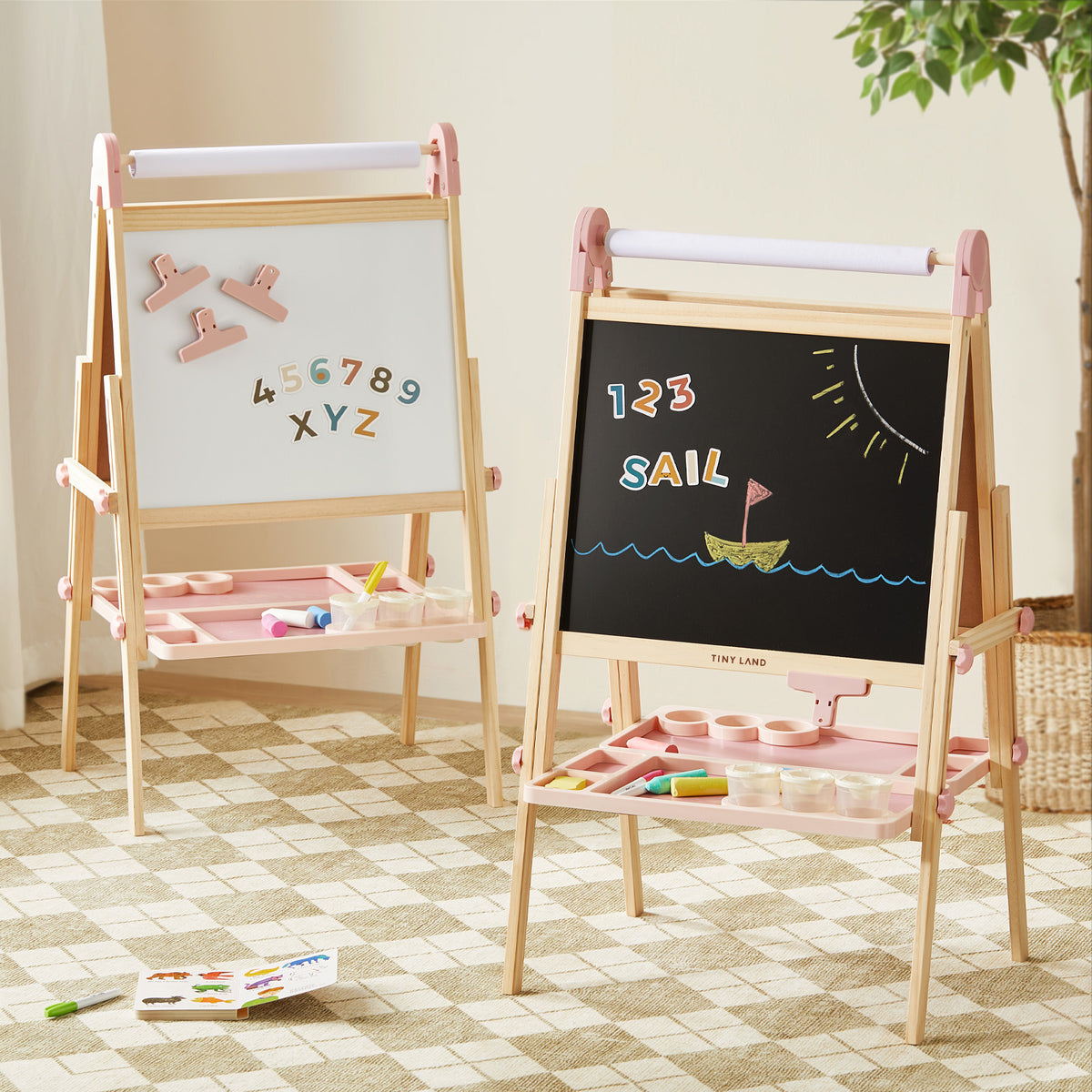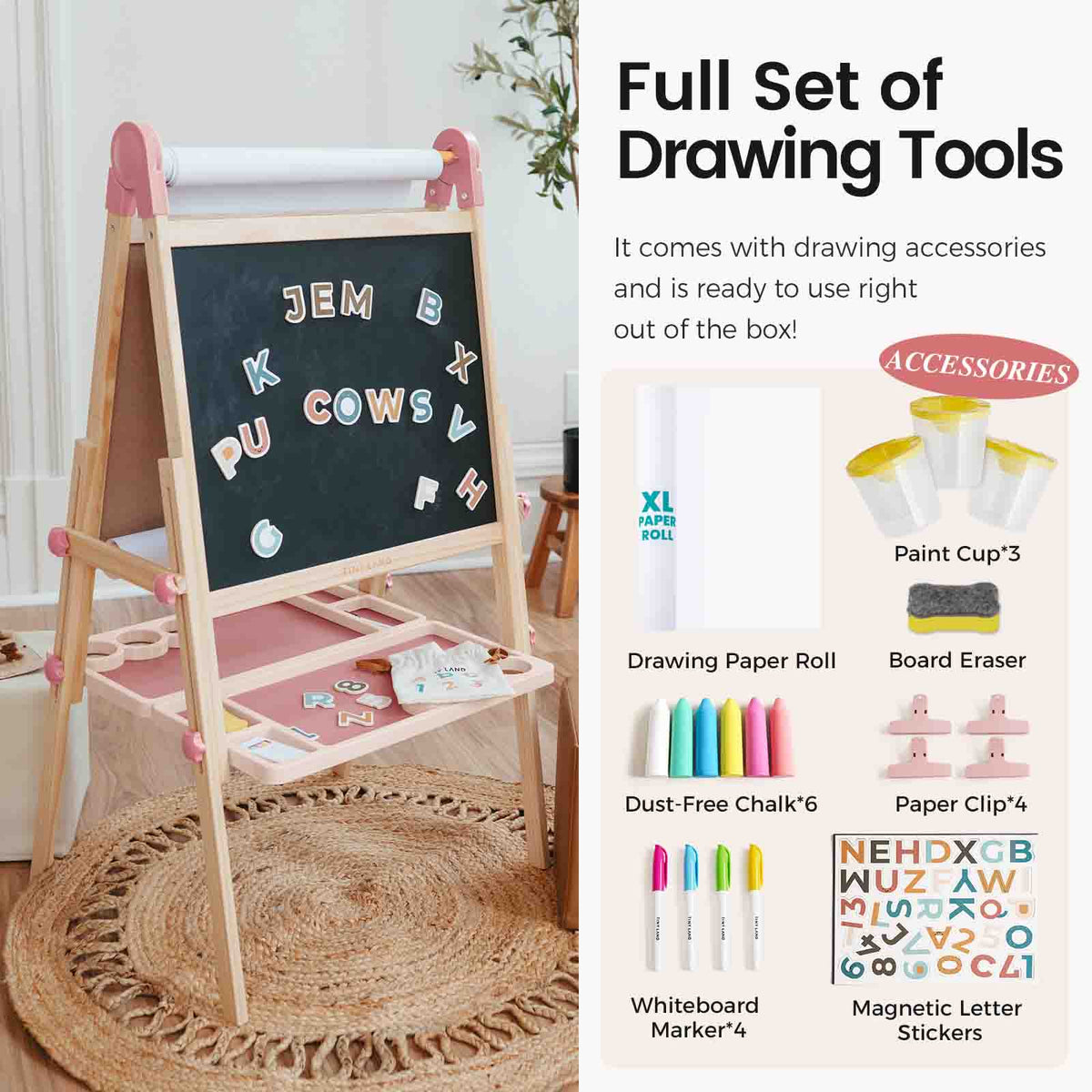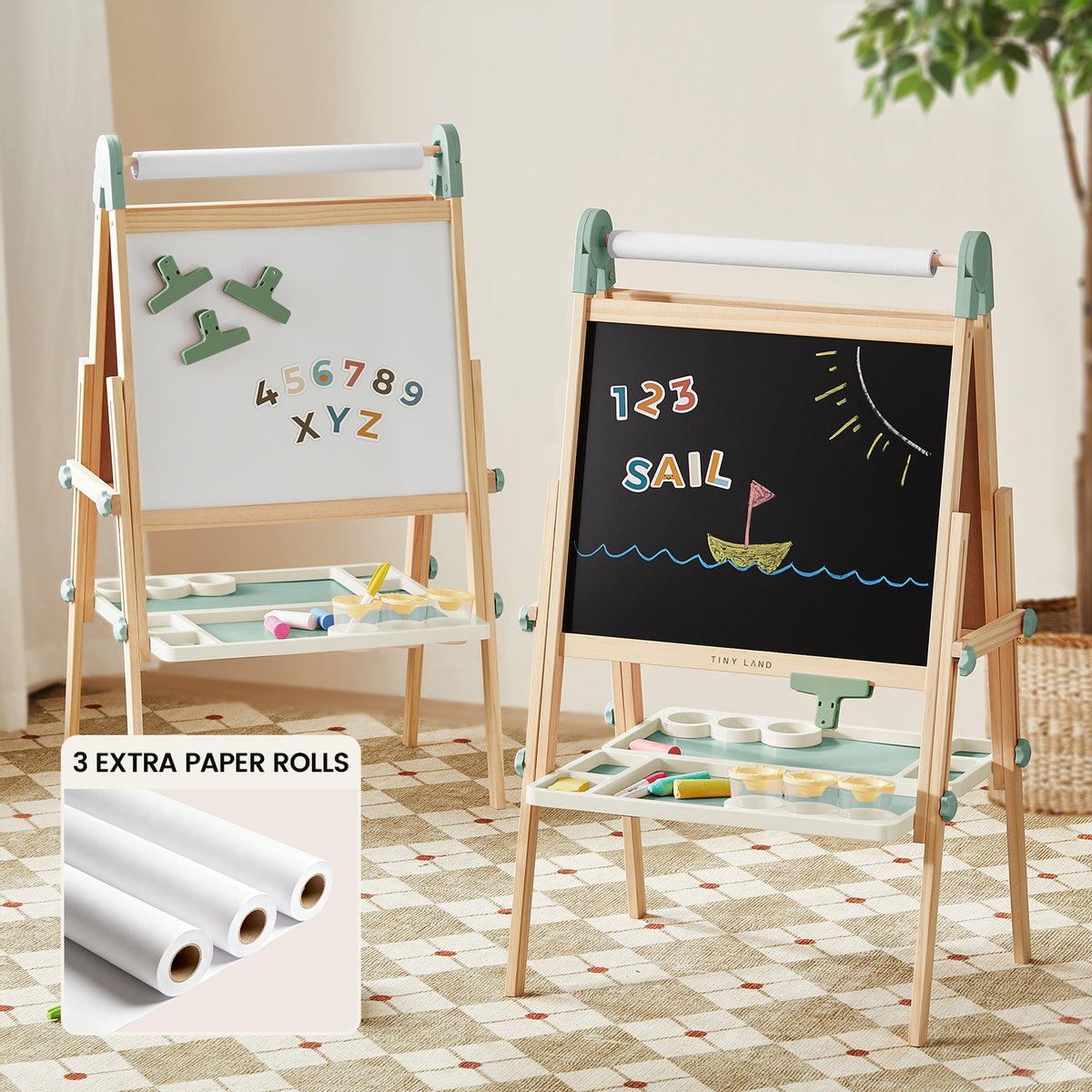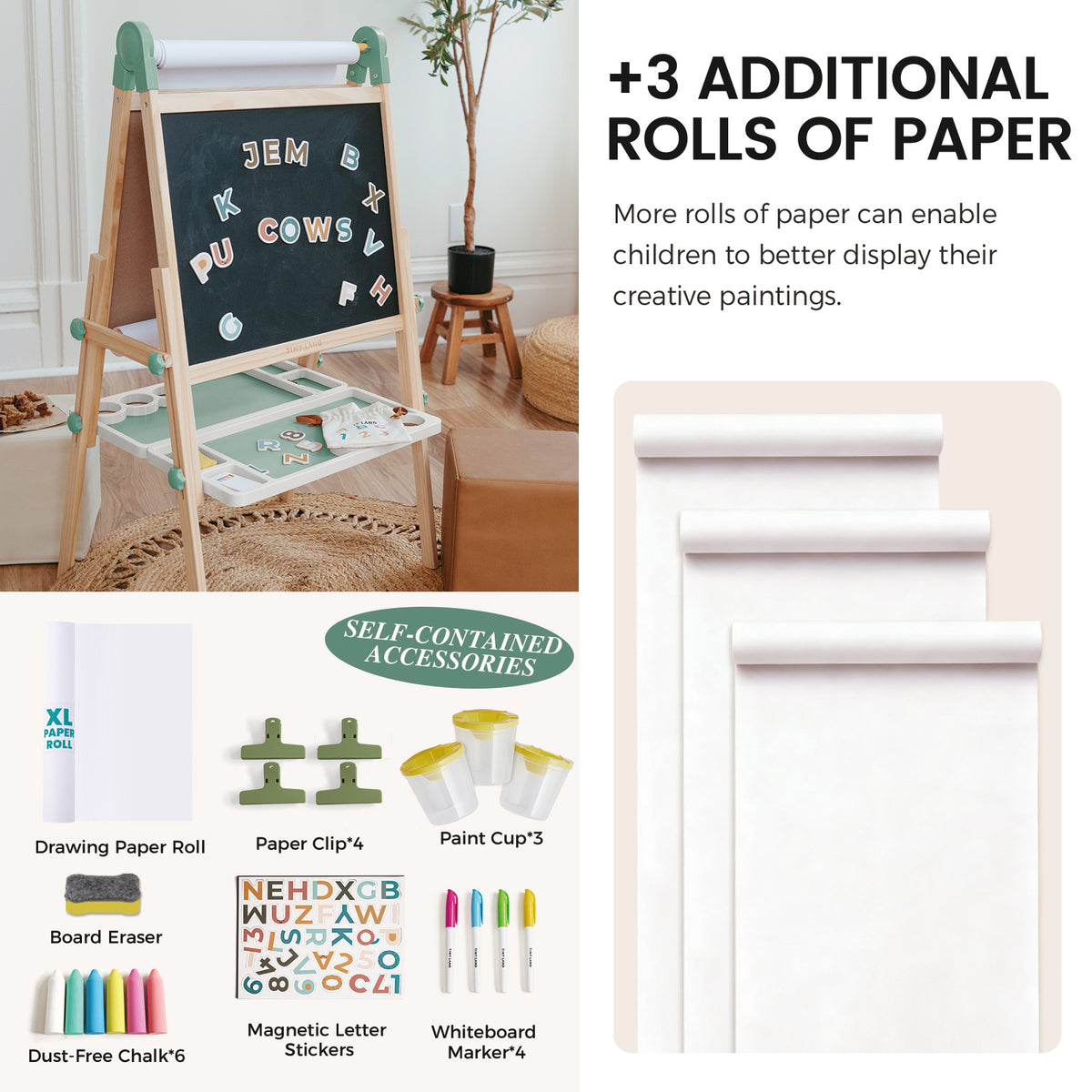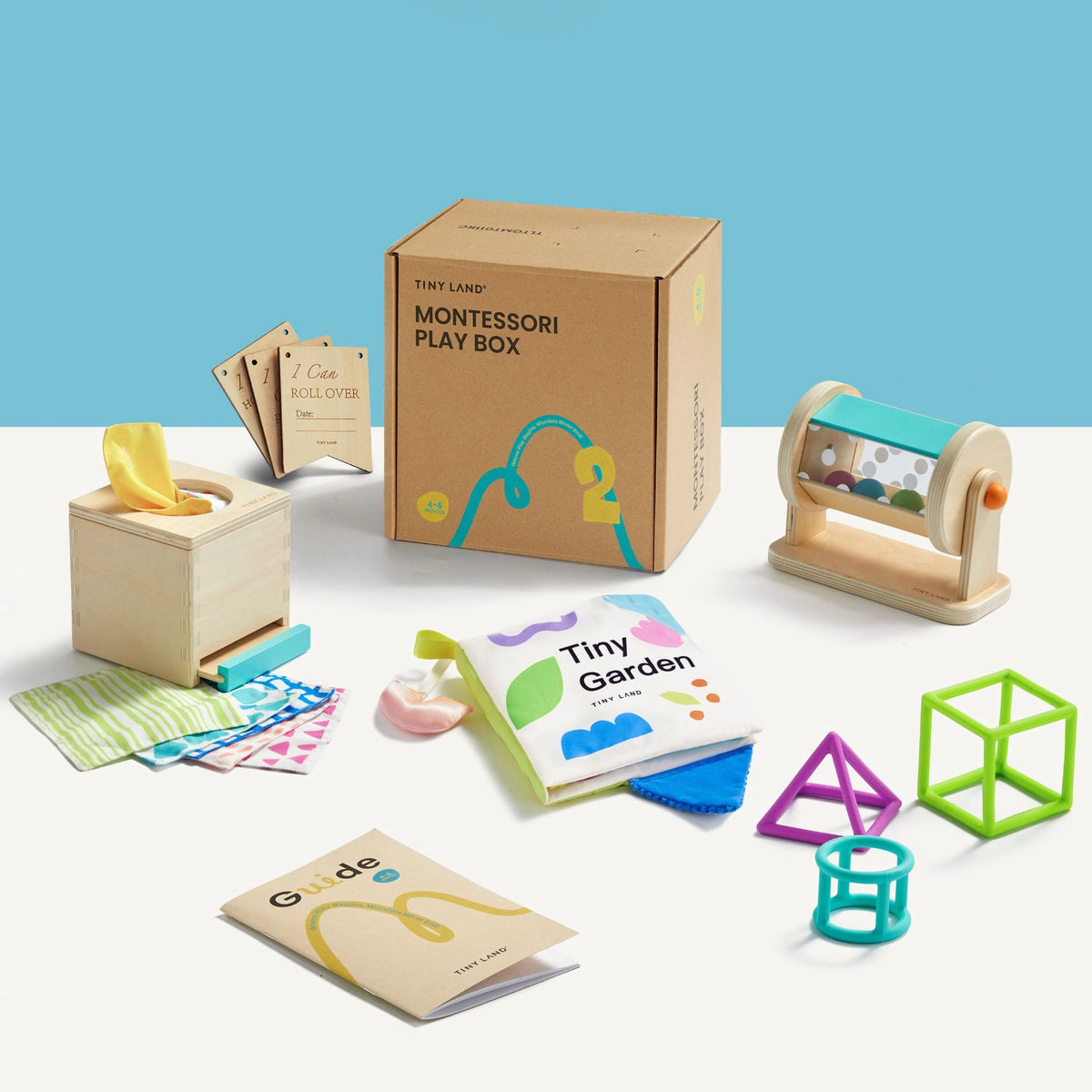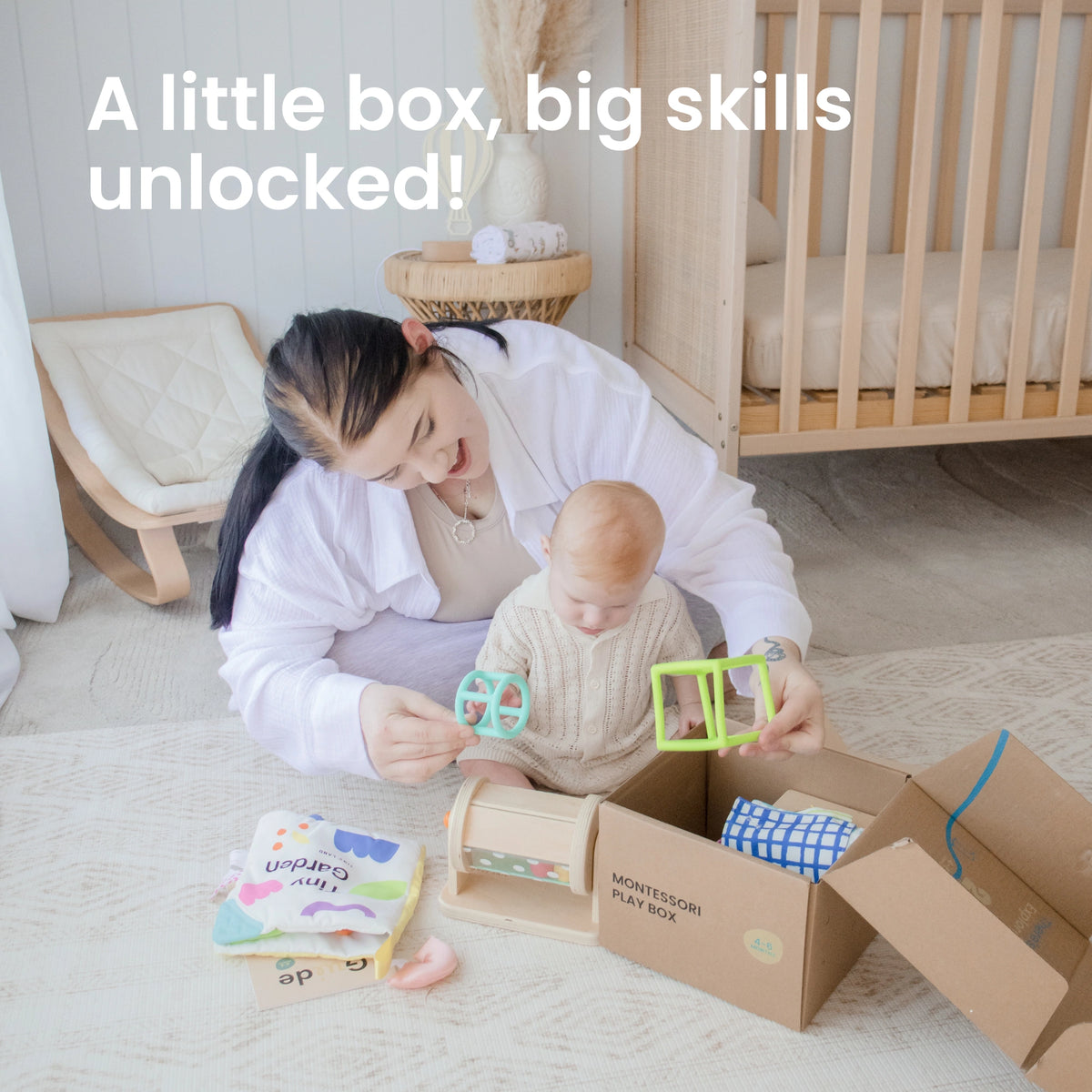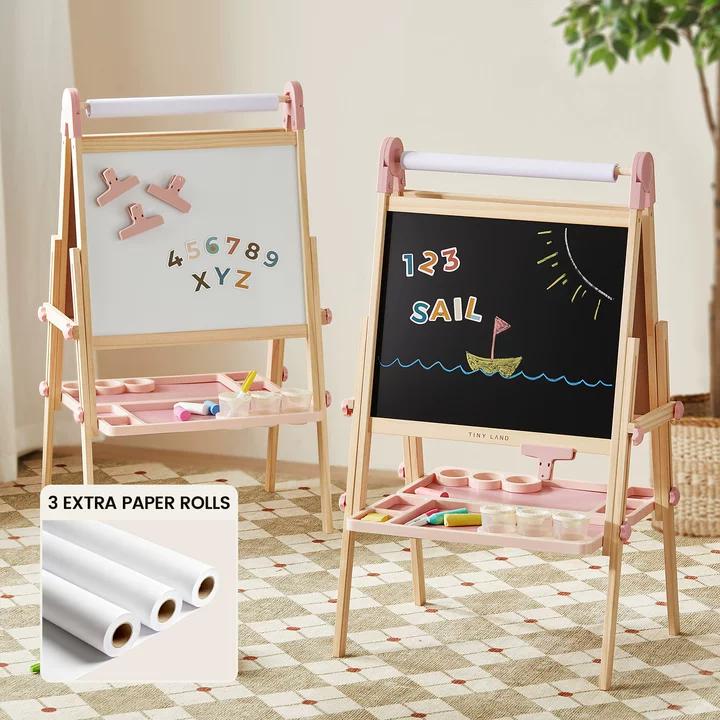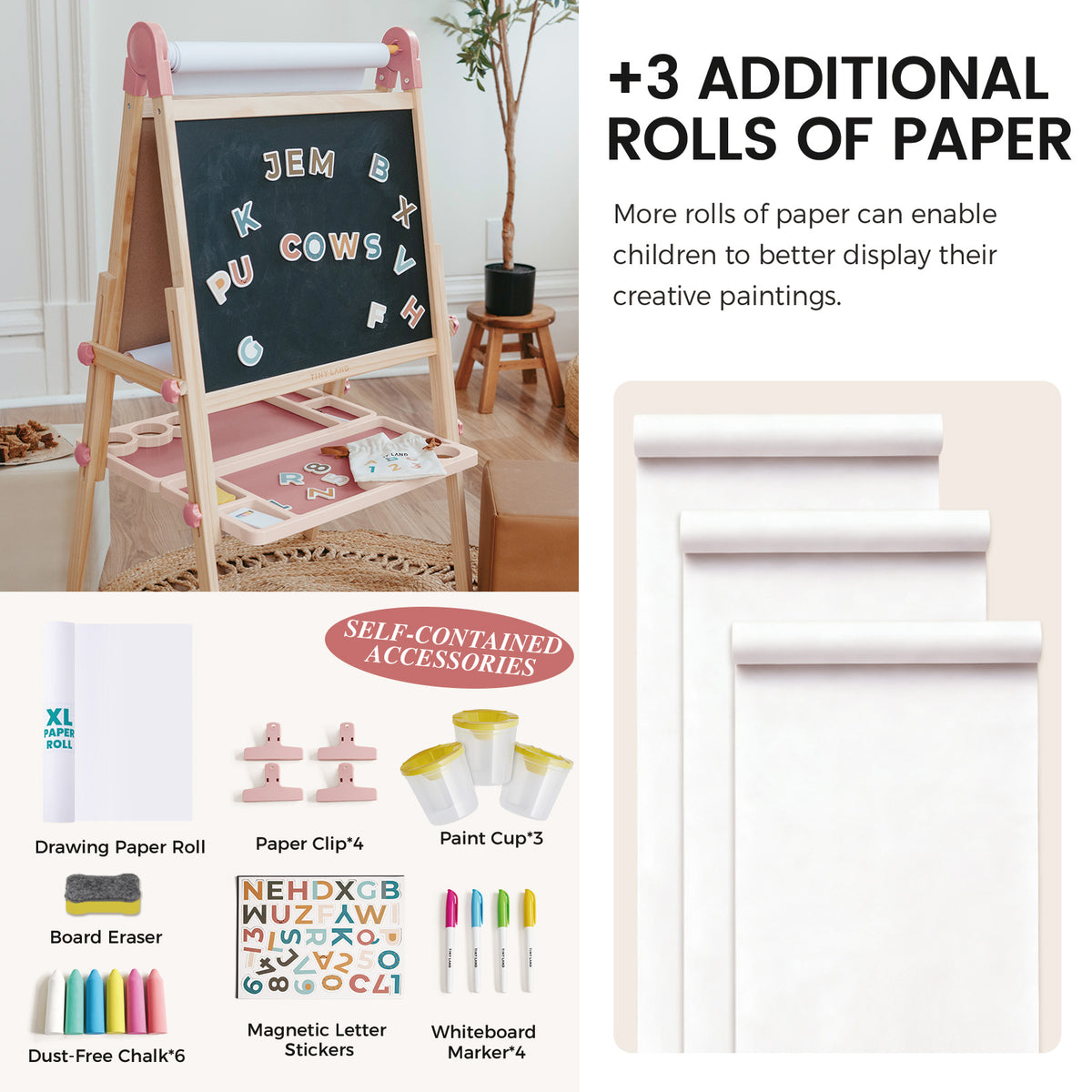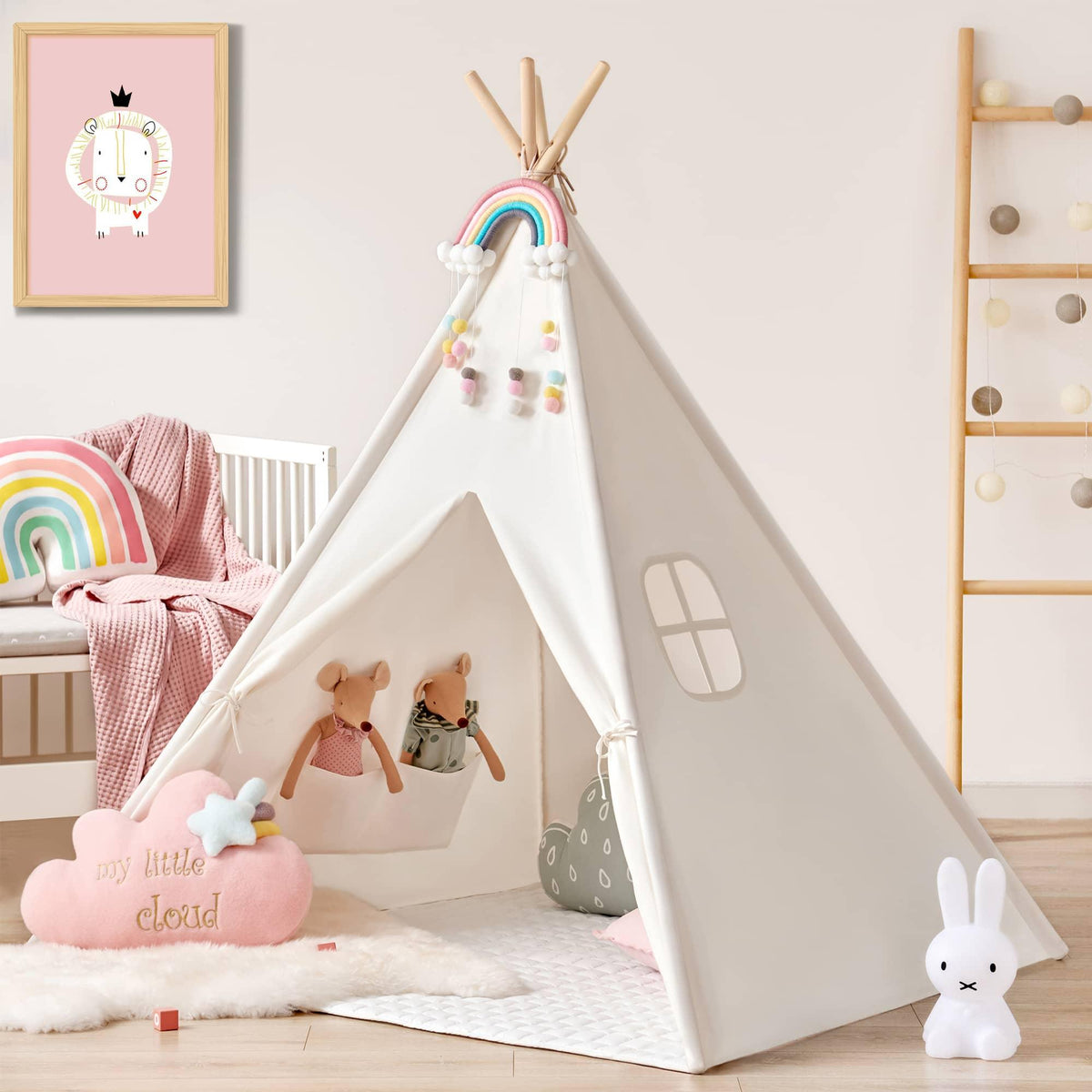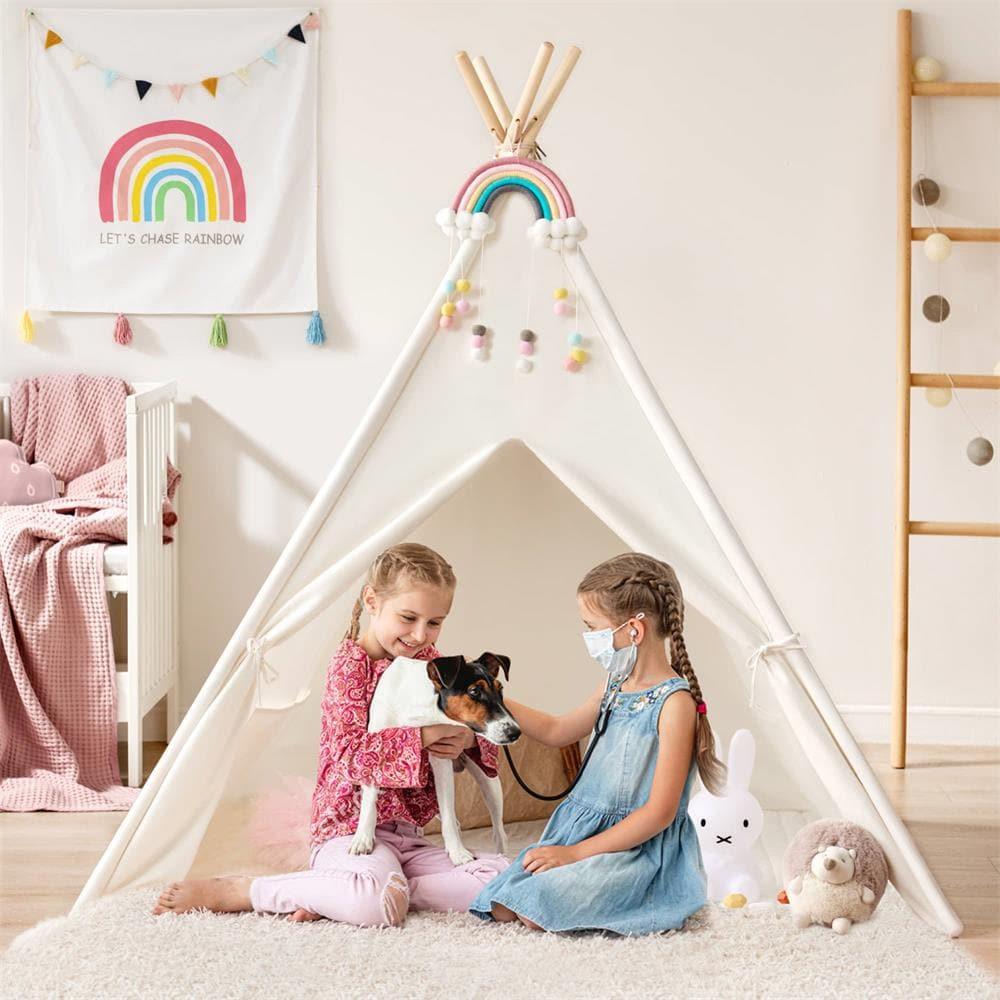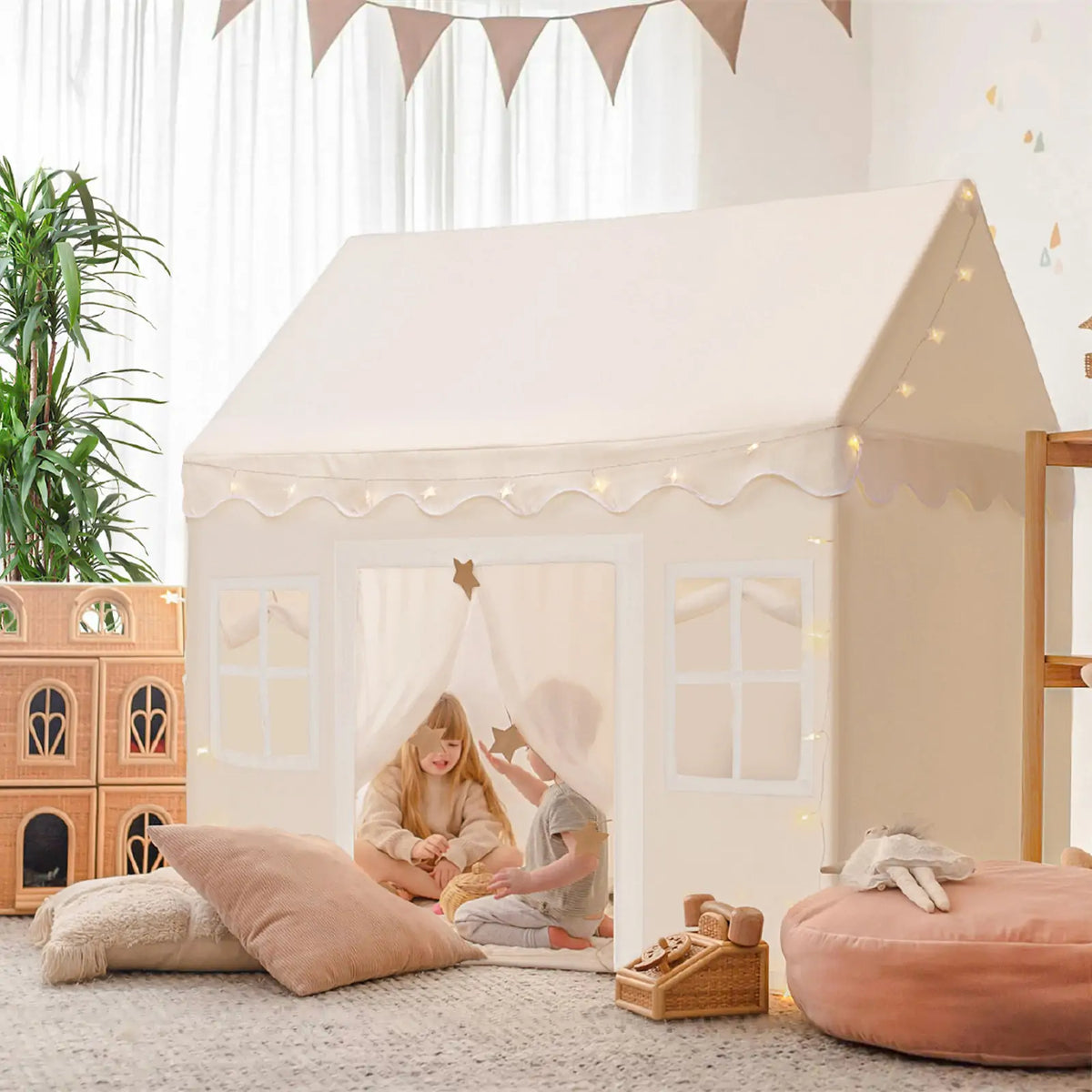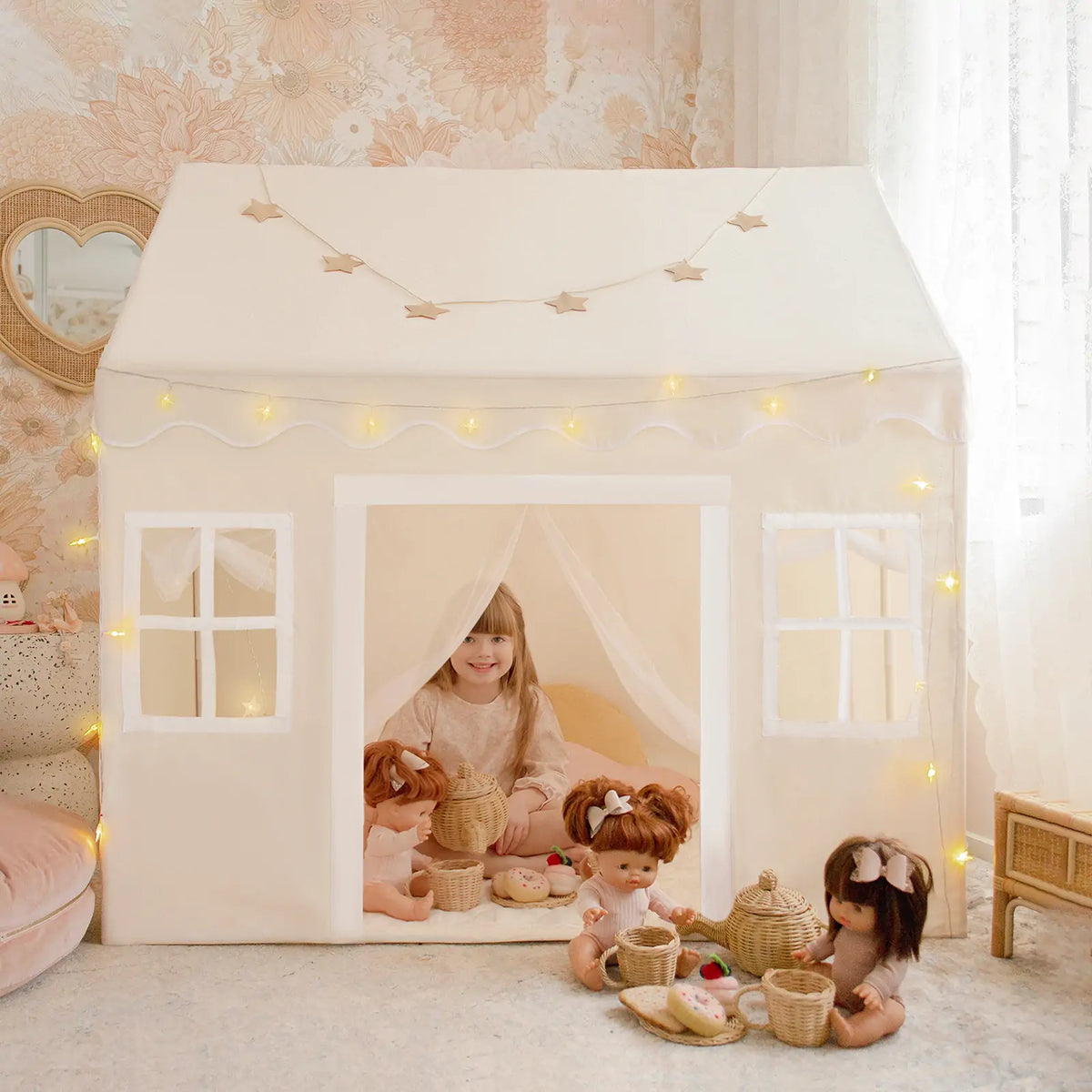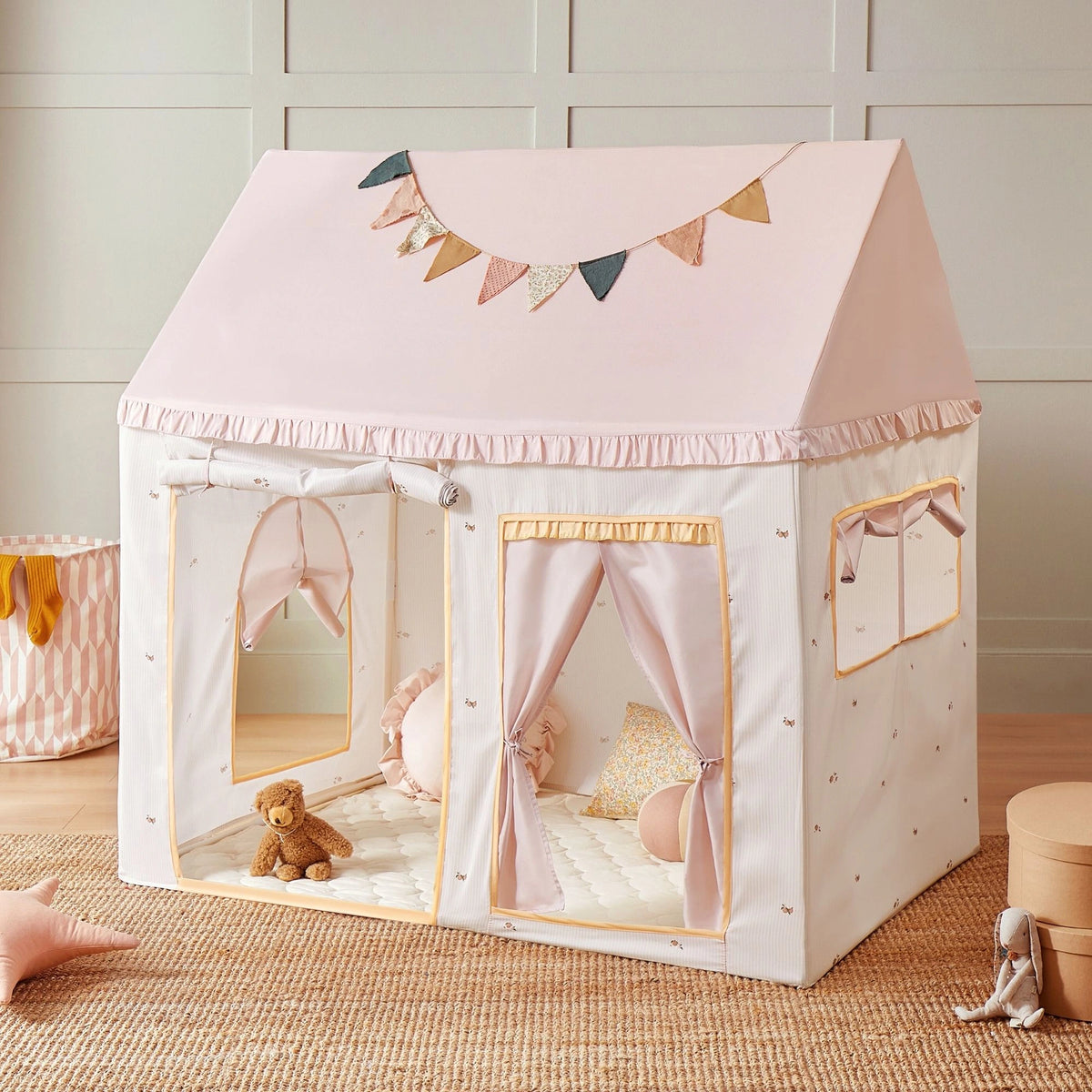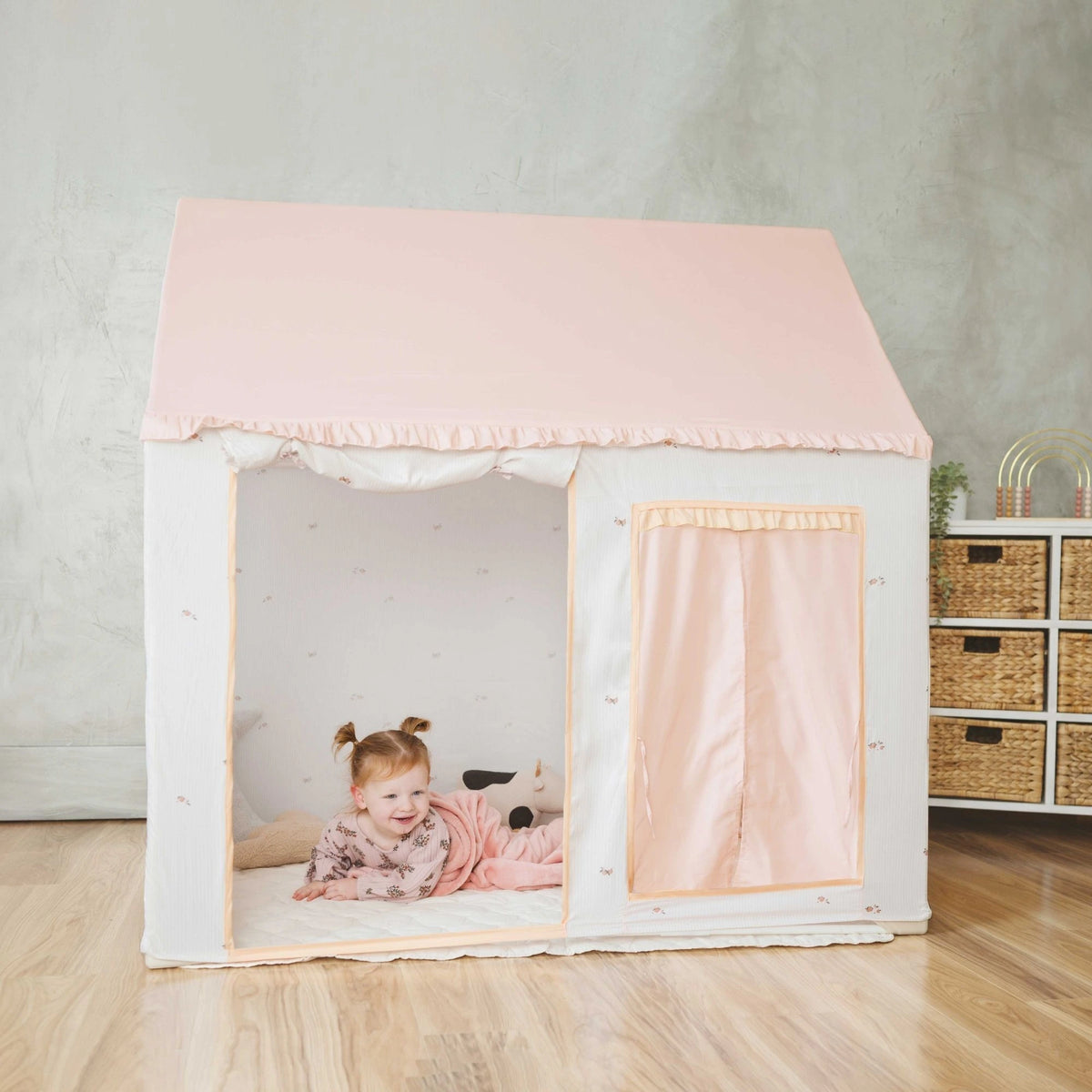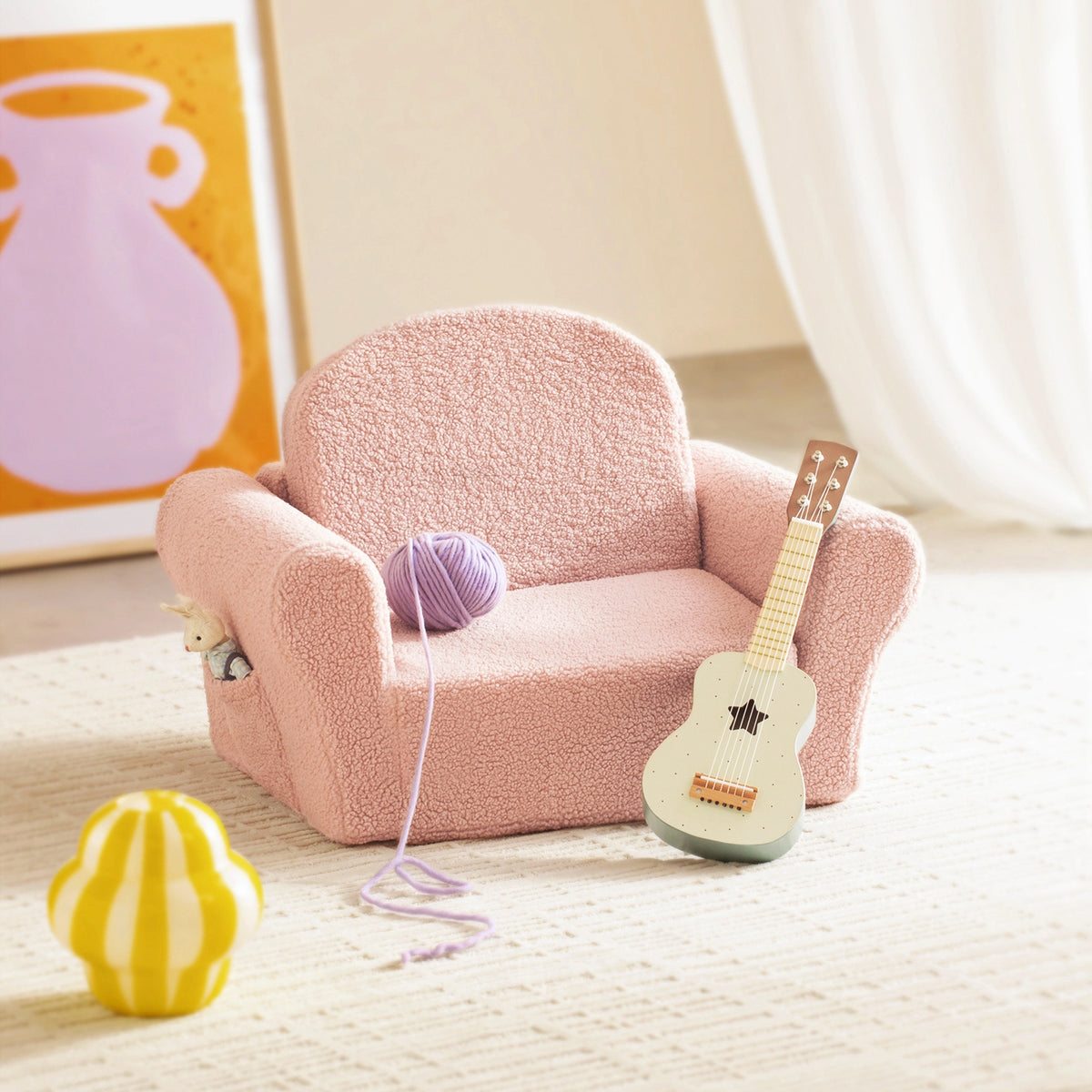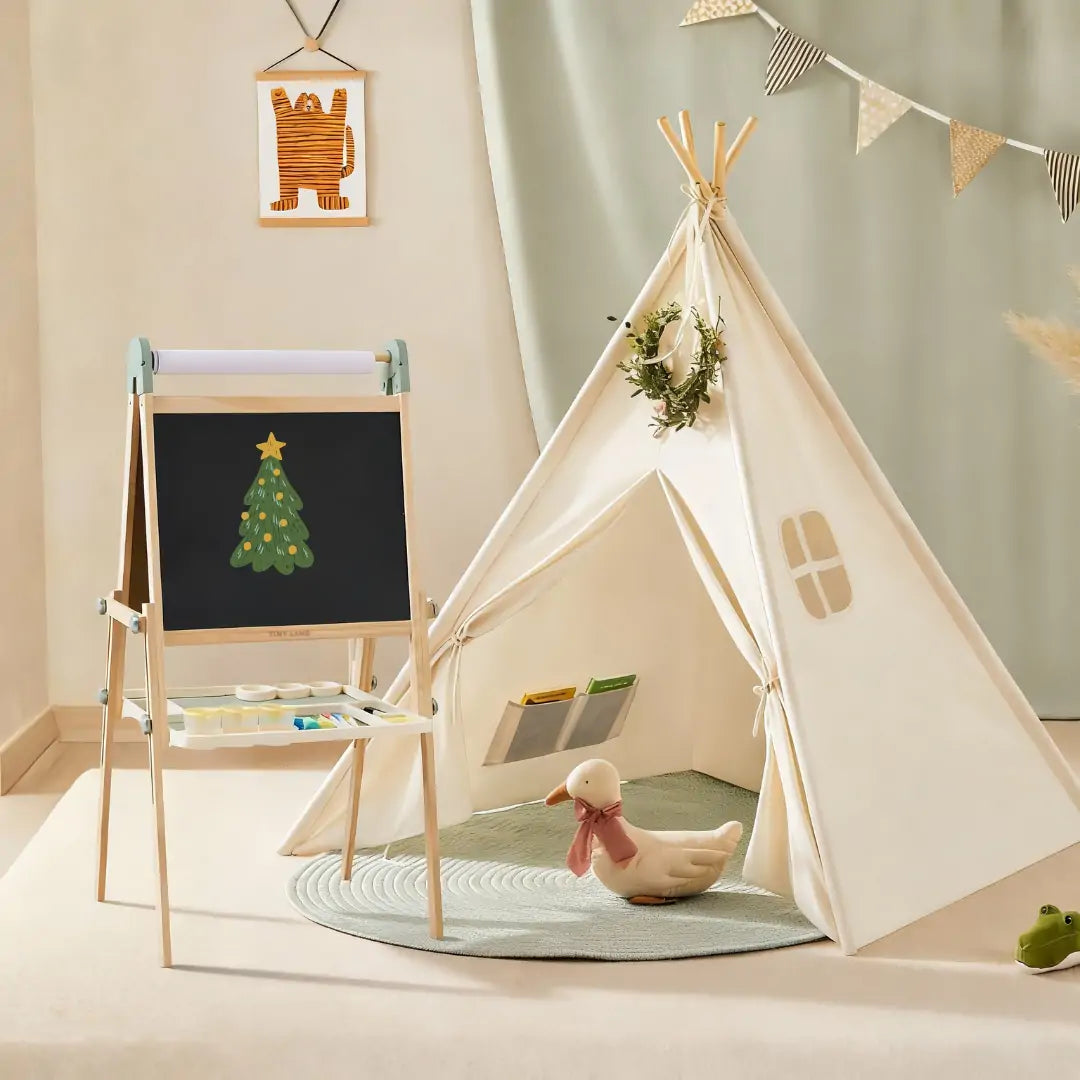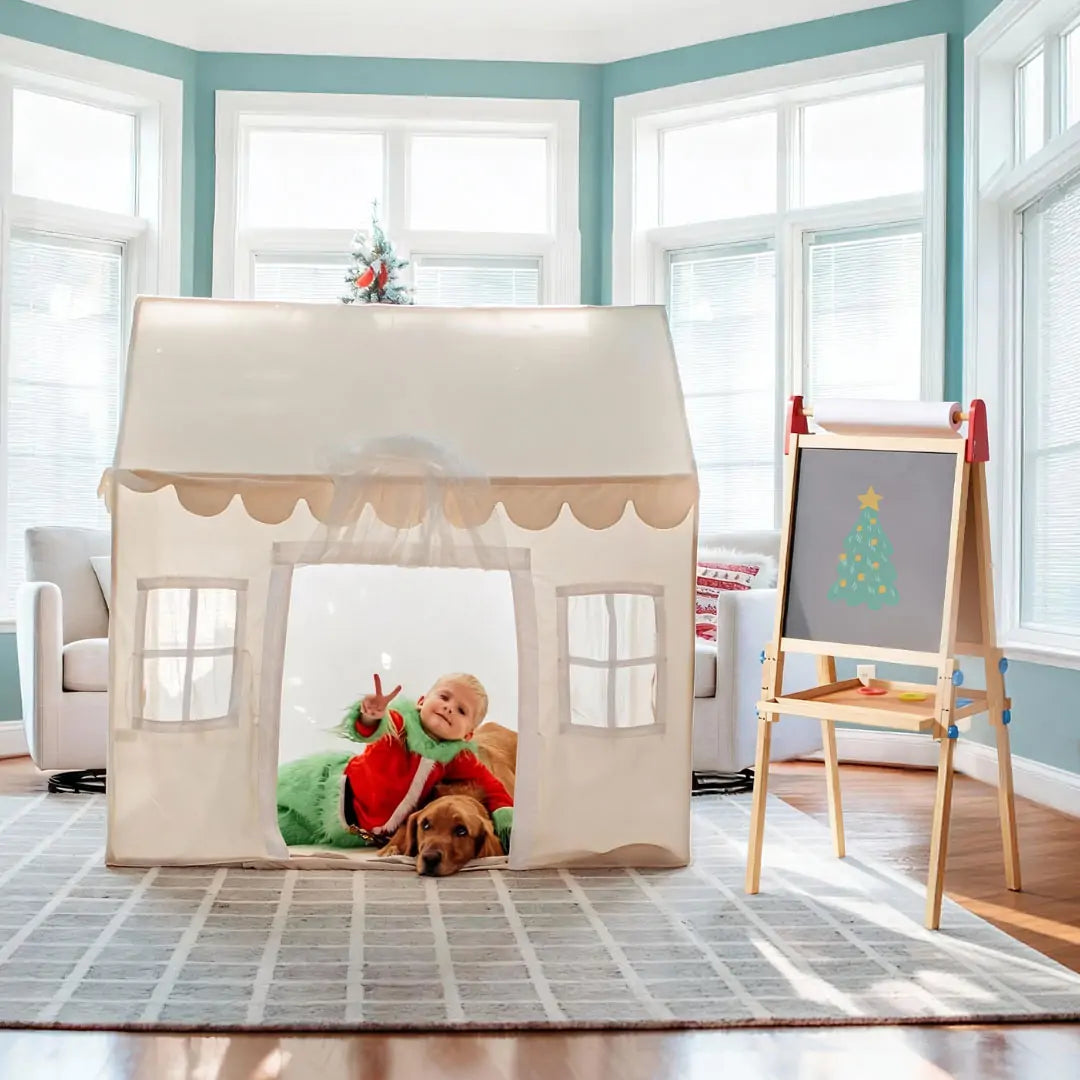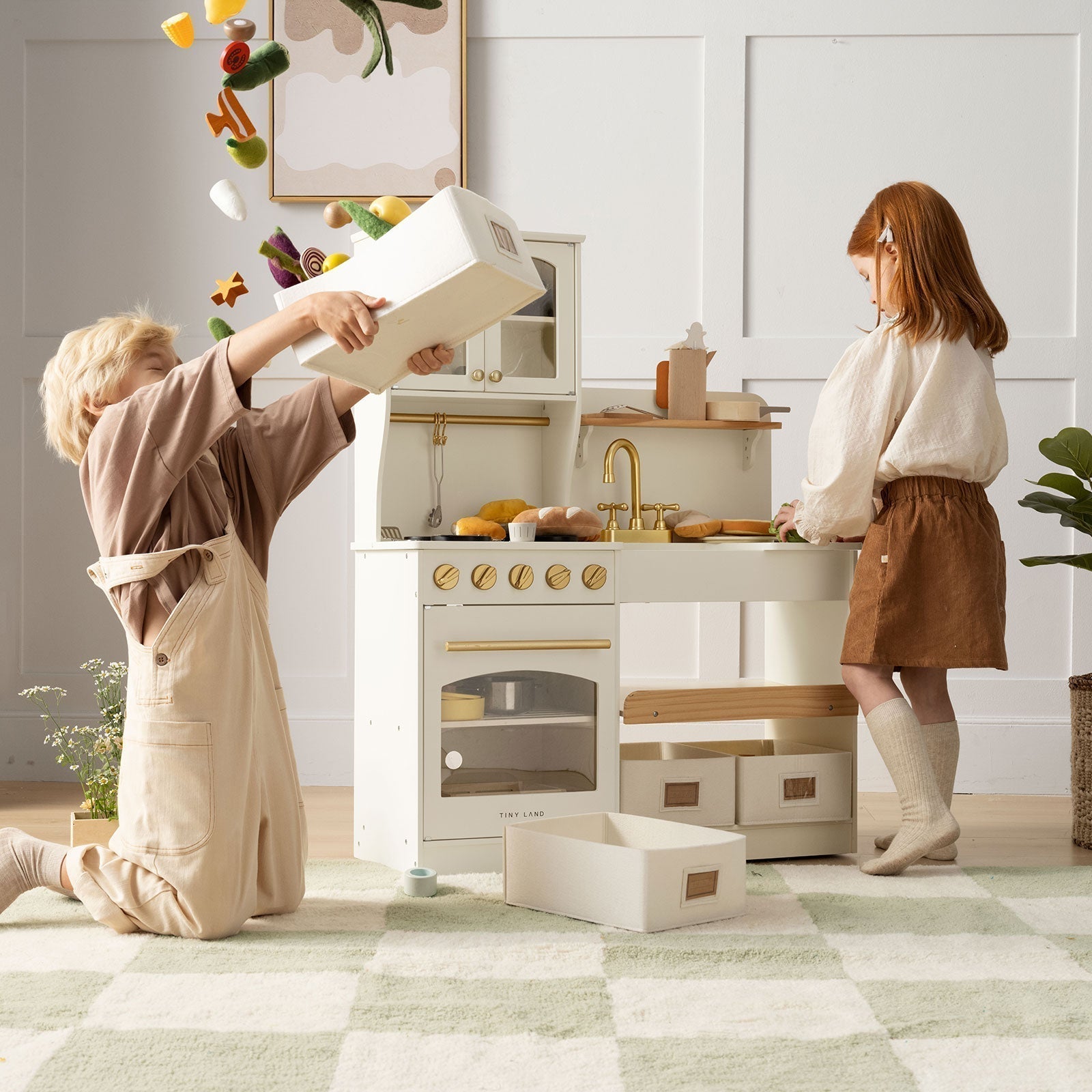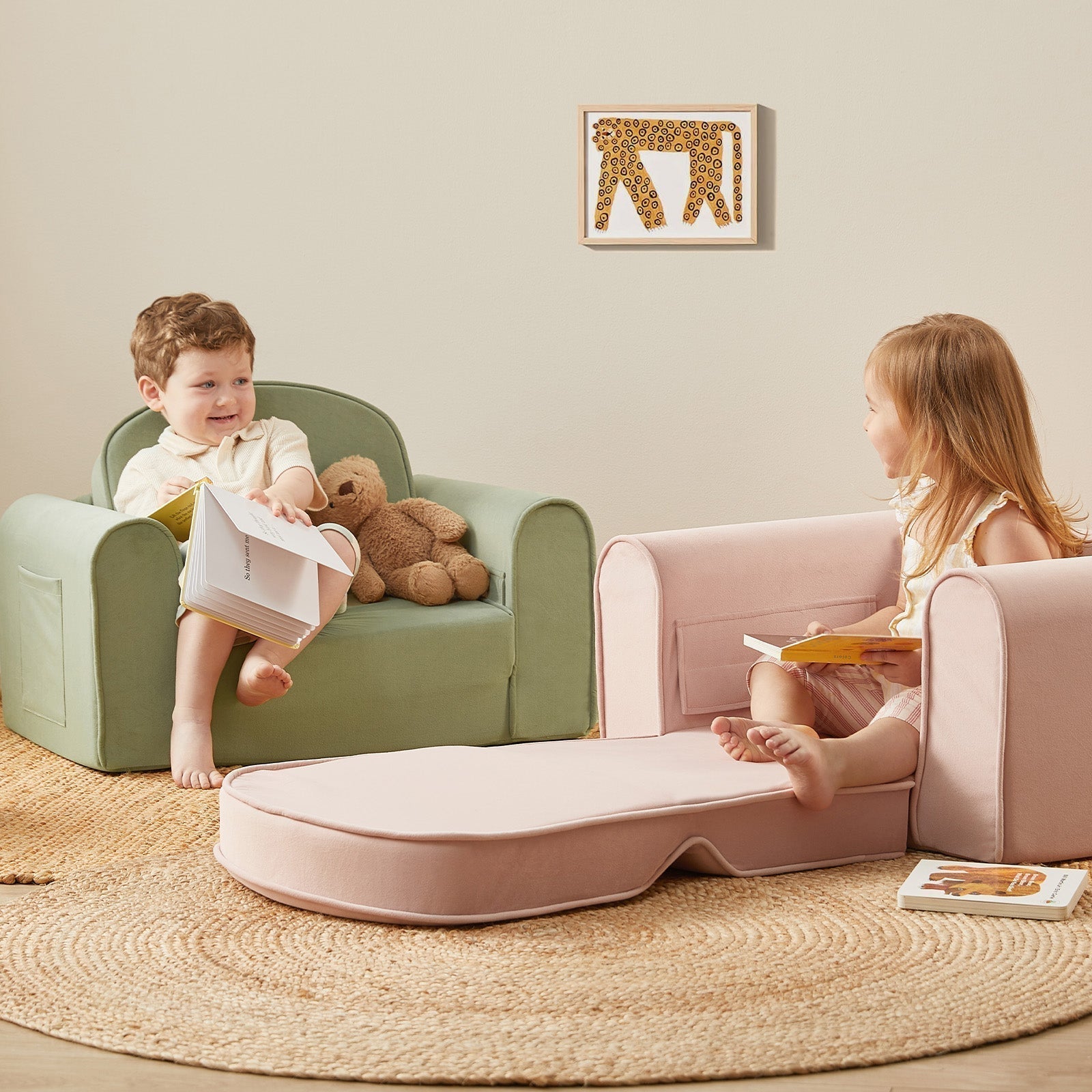Introduction
Imagine sunlight gently pouring into your child’s luxury play kitchen, where colorful toy vegetables, succulent meats, and juicy fruits are beautifully arranged on the table. Wearing little chef hats, kids excitedly imitate cooking dishes from around the world—learning and exploring as they play. This isn’t just pretend play; it’s a delightful cultural journey spanning time and place.
In today’s diverse society, nurturing cultural understanding and respect from an early age is more important than ever. With play kitchen and eco-friendly food sets, parents can effortlessly open the door to global culinary traditions and inspire their children to discover the rich flavors and fascinating stories behind them.
Culturally Rich Education
Why Is Pretend Play with Cultural Foods So Valuable for Kids?
Deepen Cultural Understanding
Every traditional dish carries a unique history and story. For example, Italian pizza isn’t just delicious; it reflects Southern Italy’s food philosophy and family gatherings. Through making and “tasting,” children absorb the values and lifestyles of different cultures.
Build Respect and Appreciation for Diversity
When making Japanese sushi sets, parents can share the etiquette of “washoku” dining. While preparing Mexican tortillas, they can tell stories about festive celebrations. Through role play, kids feel the warmth and meaning behind these cultures, developing respect and openness.
Boost Language and Communication Skills
Dialogue and cultural storytelling during play act as a bridge between language and culture. Children learn to name ingredients and actions in the target culture’s language, reinforcing comprehension and social skills like listening and sharing that last a lifetime.

Foster Cultural Identity and Pride
For children from multicultural backgrounds, pretend kitchen offers a safe space to express and celebrate their heritage, helping build self-identity and confidence.
Pretend Play
Pretend play is a powerful way for a child to engage with the world around them. When a child pretends to cook, they don’t just mimic actions — they imagine stories, roles, and settings that enrich their understanding of life. This type of play encourages kids to develop creativity and problem-solving skills while having fun.

Spark Creativity and Imagination
Kids combine toy ingredients in imaginative ways, creating their own “fusion dishes” in their pretend play kitchen, encouraging innovation and self-expression.
Perfect Opportunity for Quality Family Time
Cooking global dishes together strengthens family bonds and helps parents and children discover the beauty of cultural diversity side by side.
Imaginative Play
Imaginative play extends pretend play by allowing children to fully immerse themselves in cultural experiences. This kind of play helps children visualize different customs and traditions, supporting deeper learning and engagement.
How to Use Our Food Sets to Create Authentic Cultural Experiences
Realistic Details to Engage the Senses
Each food set is thoughtfully designed to highlight cultural elements — featuring vibrant colors, meticulous craftsmanship, and authentic shapes. From the texture of a paper egg carton to the accurate size of a tuna can, children enjoy a rich tactile and visual experience that brings different cultures to life.

Combine Stories with Play
Parents can share cultural tales during playtime — like the symbolism of dumplings during Lunar New Year, or traditional Day of the Dead foods in Mexico. Explain why Italians love fresh tomatoes or the care that goes into preparing sushi fish. Encourage role playing as chefs, waiters, or customers to deepen engagement.
Create Culture-Themed Days
Set up a “World Food Week” in their wooden play kitchen where each day highlights a different country, pairing the corresponding food set with stories, music, or simple decorations to fully immerse kids in the culture.
Child Pretends
When a child pretends during play, they are actively practicing key cognitive and social skills. This action of pretending connects the child’s life experiences with imaginative learning, allowing them to explore different cultures and social roles in a safe, playful environment.
Pretending also supports language development, emotional expression, and social understanding — all crucial for holistic development during early childhood.
Child Engages
To maximize the benefits of play, it is essential to observe how a child engages during activities. When a child engages deeply with their pretend play kitchen and cultural food toys, they demonstrate curiosity, learning, and enjoyment. Parents and educators can encourage this engagement by asking questions, sharing stories, and participating in play.
Reviewing your child’s engagement regularly helps track development and supports ongoing interest in cultural learning.
Parent Tips: How to Guide and Support
-
Explain the origins and cultural meaning behind each dish to spark curiosity.
-
Use simple vocabulary from the target culture’s language to support language learning.
-
Encourage kids to mix and match ingredients creatively and respect their unique ideas.
-
Join in the fun and keep the atmosphere light and joyful for better bonding.
-
Review your child’s engagement regularly to track development and encourage ongoing interest.
For Eco-Conscious Parents
Our food sets don’t just teach about cultures — they’re made with the environment in mind:
Eco-Friendly Materials Show Respect for Culture
Honoring cultural traditions goes hand in hand with protecting the natural world they come from. That’s why our toys use sustainable materials to reduce harm to the environments that support these rich heritages.

Instill Environmental Awareness and Protect Global Diversity
Teaching kids to care for the planet is also teaching them to value cultural diversity. Our durable, non-toxic sets help children learn to appreciate and protect both.
Q&A: Using Play Kitchens to Teach Cultural Foods
Q1: Why is culturally rich education important in children’s play?
A: Culturally rich education helps children develop a deep understanding of diverse traditions and histories through engaging and fun pretend play. When a child pretends to cook and interact with cultural foods, they actively engage their imagination, allowing them to represent different cultures respectfully. This social and communication-rich activity commits children to learning empathy and broadens their worldview early in life.
Q2: How does pretend play with cultural foods impact a child’s life and development?
A: Through pretend play, children build critical skills such as language acquisition, social interaction, and creative problem-solving. By handling toys and reenacting cultural stories, kids improve their fine motor abilities and vocabulary. This immersive imaginative play fosters self-expression, confidence, and cultural identity, positively influencing a child’s life beyond playtime.
Q3: What role do play kitchens and food toys have in a child’s learning process?
A: Play kitchens and food toys act as dynamic tools where children can explore cultural narratives and practice communication through pretend roles like chefs or customers. These interactive games enhance understanding of global cultures while improving essential social and language communication skills, helping children internalize lessons through active participation.
Q4: How can parents encourage meaningful child engagement during play?
A: Parents who actively participate in their child’s play can encourage language use, storytelling, and cultural discussions. Sharing cultural stories and inviting kids to create their own dishes helps nurture creativity and imagination. This co-play strengthens the parent-child bond and supports the child’s commitment to learning through joyful, shared activity.
Q5: Can playing with culturally themed food sets enhance social skills in children?
A: Definitely! When children engage in collaborative pretend play, they learn to share, cooperate, take turns, and show empathy — all vital social skills that help them form meaningful friendships and positive behaviors outside of play.
Q6: What benefits do teachers find in using play kitchens in educational settings?
A: Teachers recognize play kitchens as effective multi-subject learning tools, integrating history, language, and social studies in an engaging format. Students actively experience cultural stories and practices through imaginative play, which increases retention, curiosity, and motivation in subjects that might otherwise feel abstract.
Q7: How does imaginative play with cultural foods stimulate creativity in children?
A: Imagining new recipes and mixing cultural elements allows children to experiment creatively. This creative freedom nurtures problem-solving skills and innovative thinking, which are critical in all areas of a child’s academic and personal development.

Q8: How can parents create authentic cultural experiences with food sets at home?
A: Organizing culture-themed play days or weeks with matching toys, music, and stories immerses kids in diverse cultures. This hands-on experience enriches their knowledge and makes cultural education a joyful part of daily life.
Q9: In what ways does pretend play with cultural foods support language development?
A: Play kitchens provide a lively environment for children to practice new vocabulary and conversational phrases in different languages. This natural immersion helps solidify language skills while keeping the child engaged and having fun.
Q10: Why is choosing eco-friendly toys important for culturally rich education?
A: Choosing toys made from sustainable materials reflects respect for both cultural heritage and environmental preservation. This dual commitment teaches children to value the power of their actions in protecting the planet and diverse cultures for future generations.
What’s Coming Next?
Stay tuned for our upcoming blog series, diving deeper into the food cultures of Italy, Japan, Mexico, Thailand, and more. We’ll share detailed play ideas, food set recommendations, and parent-child activity tips — making cultural learning fun and easy at home.
Call to Action
Follow our blog and subscribe for the latest updates! Browse our cultural food play sets today and start your child on a joyful journey of global tastes, stories, and discovery.


